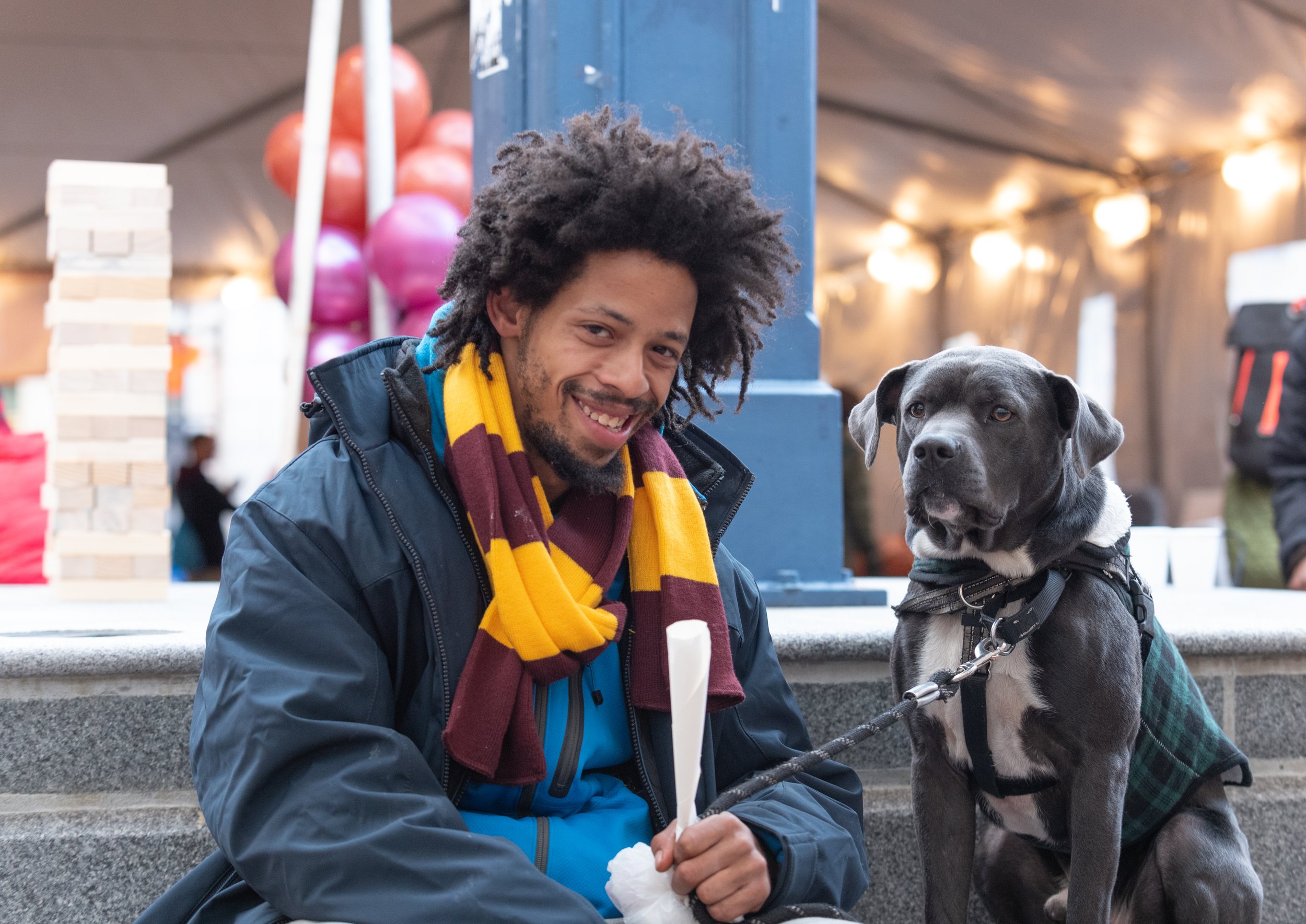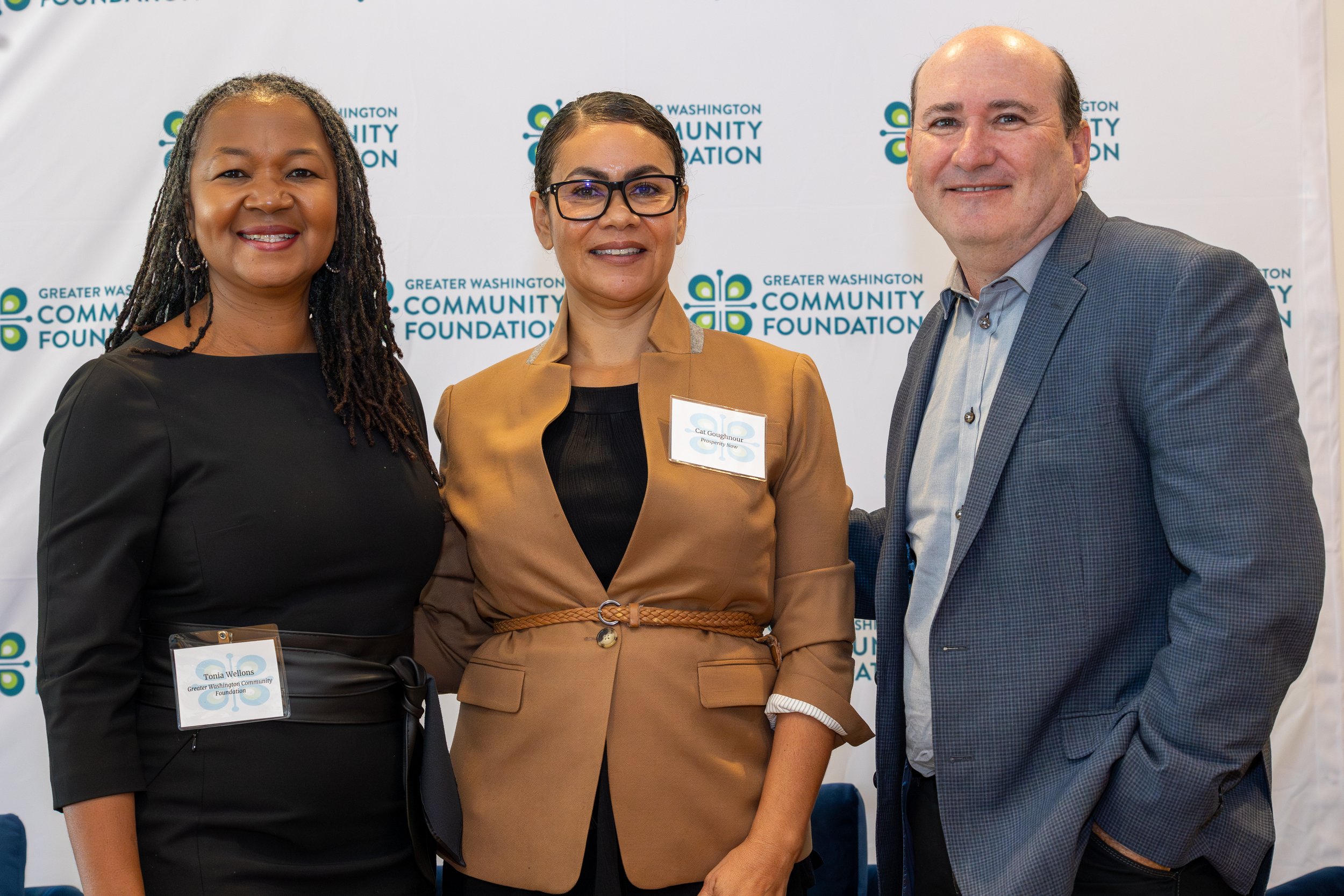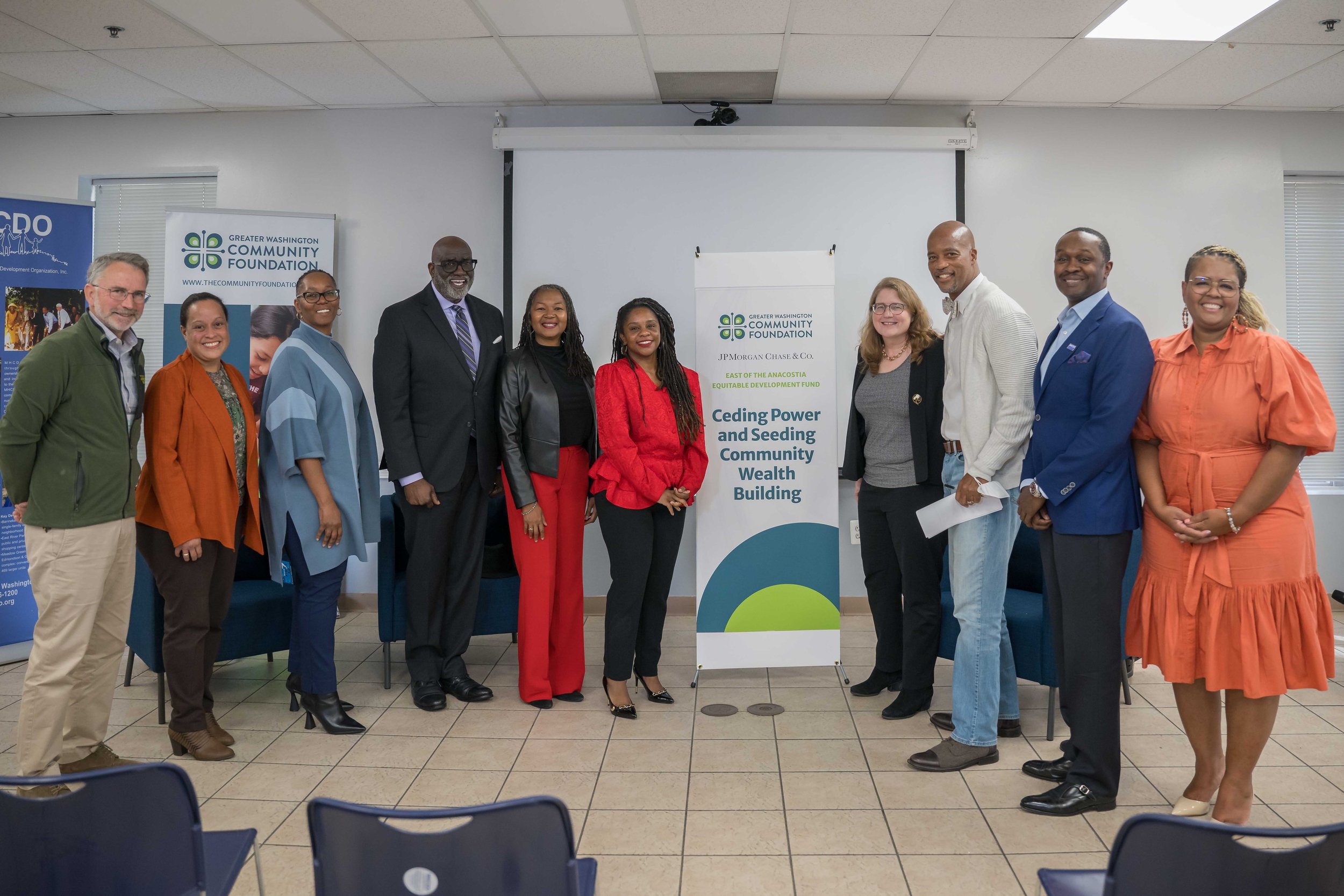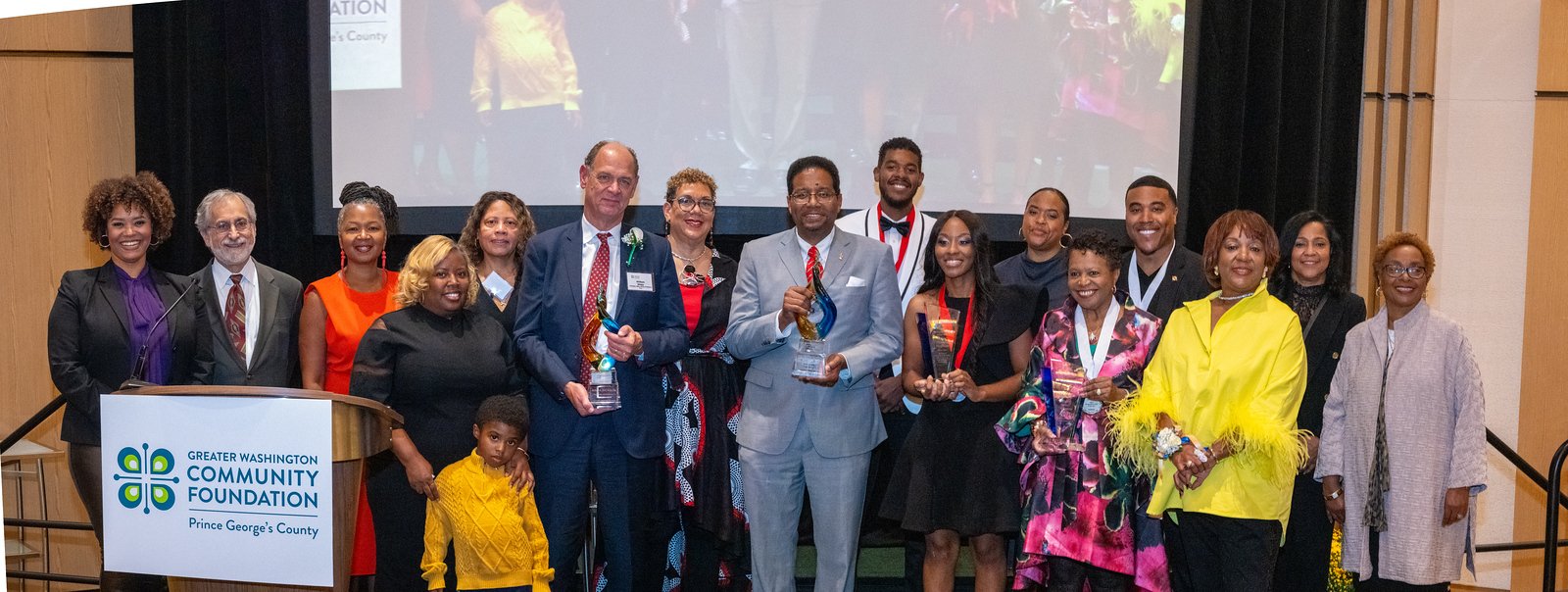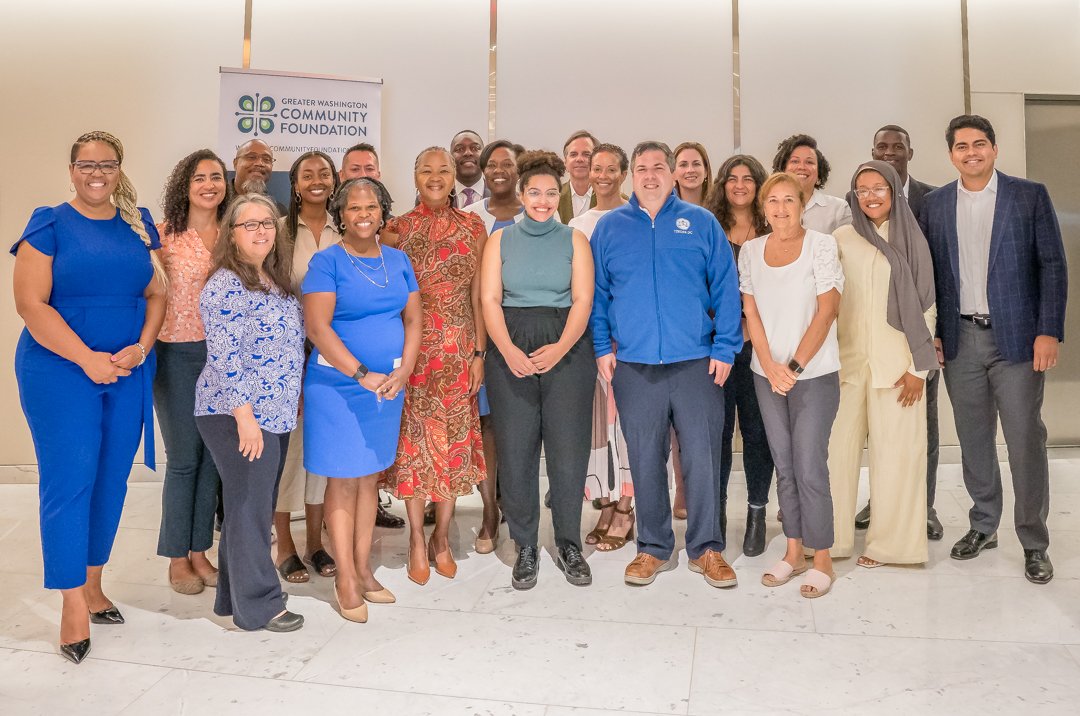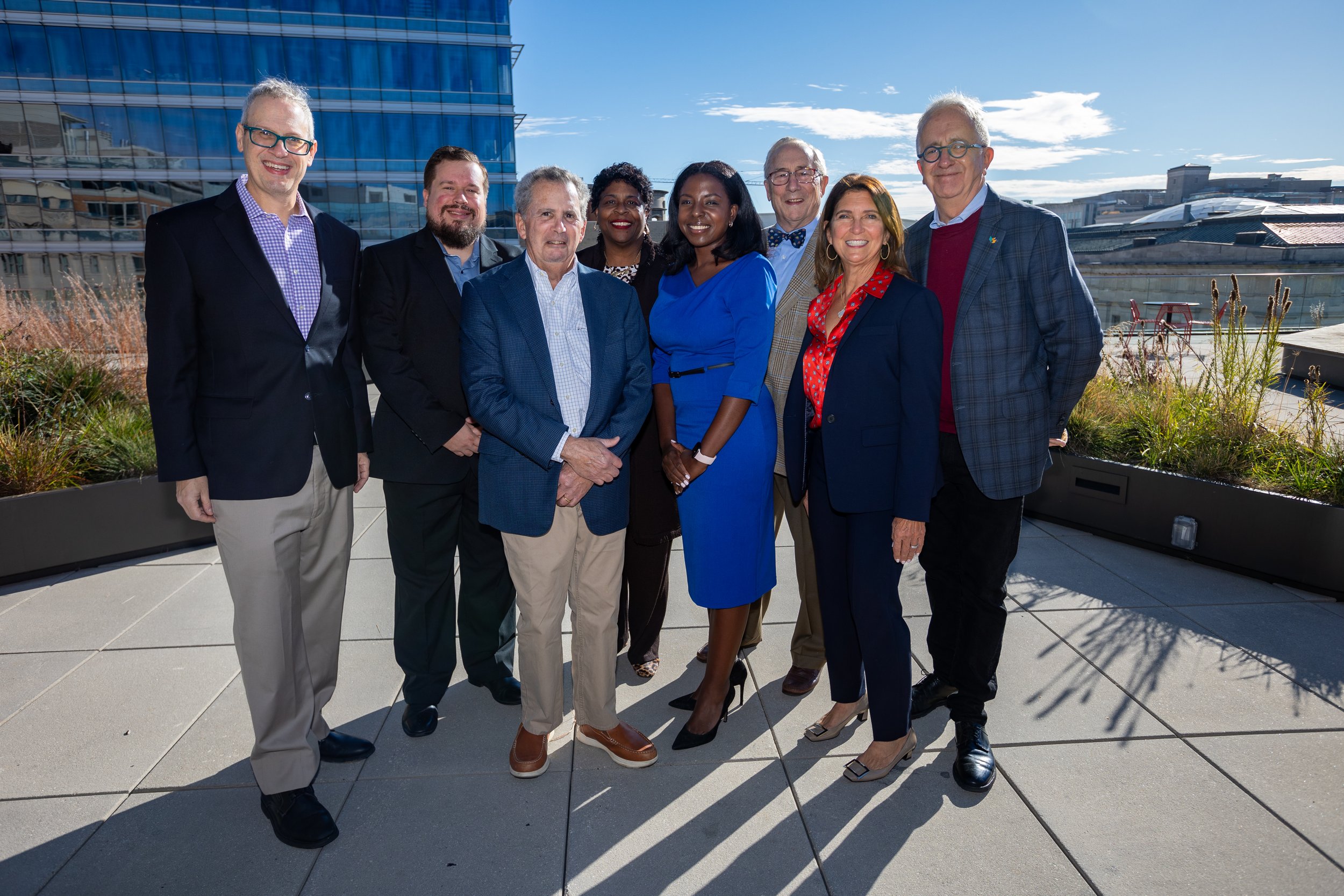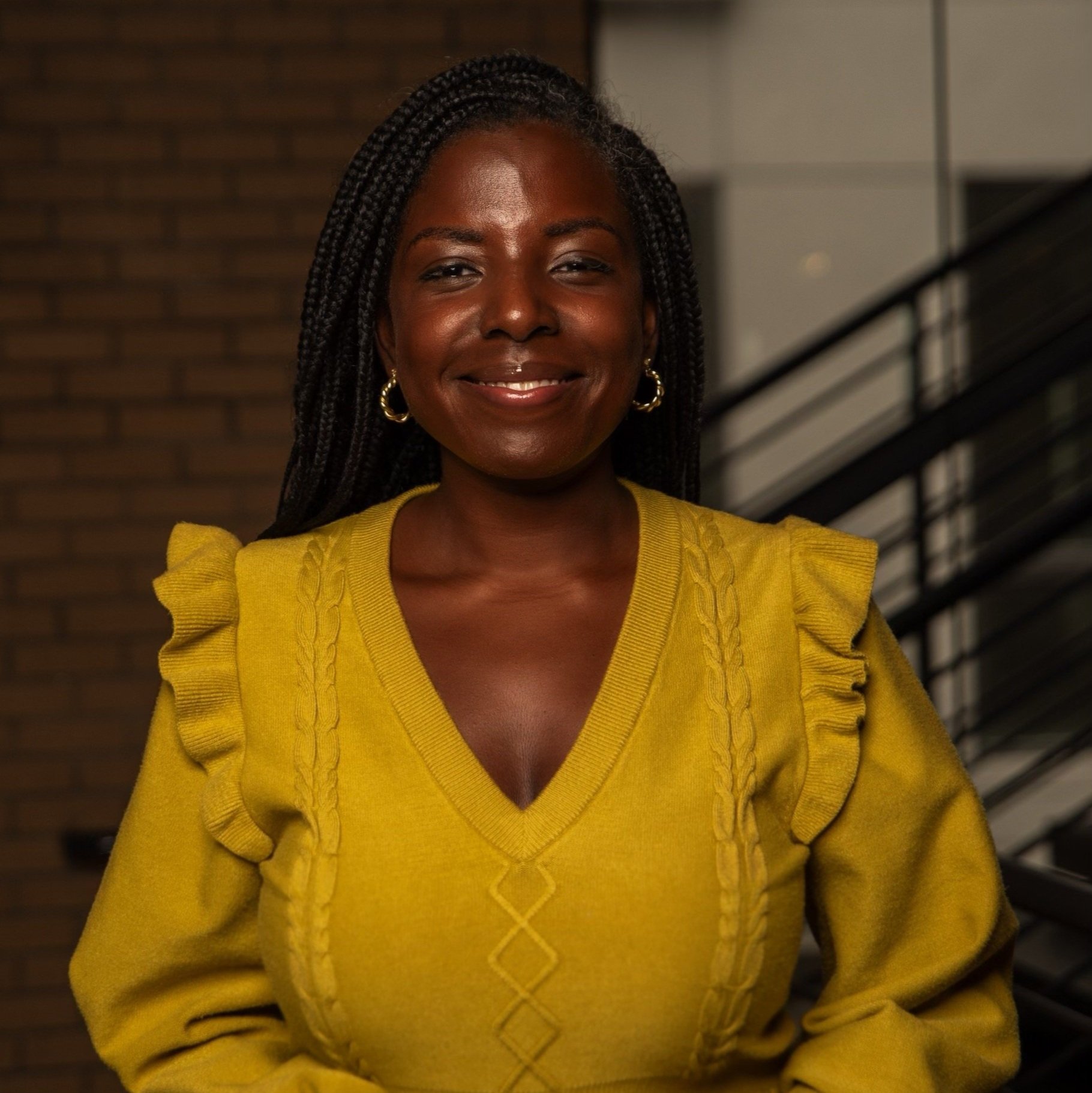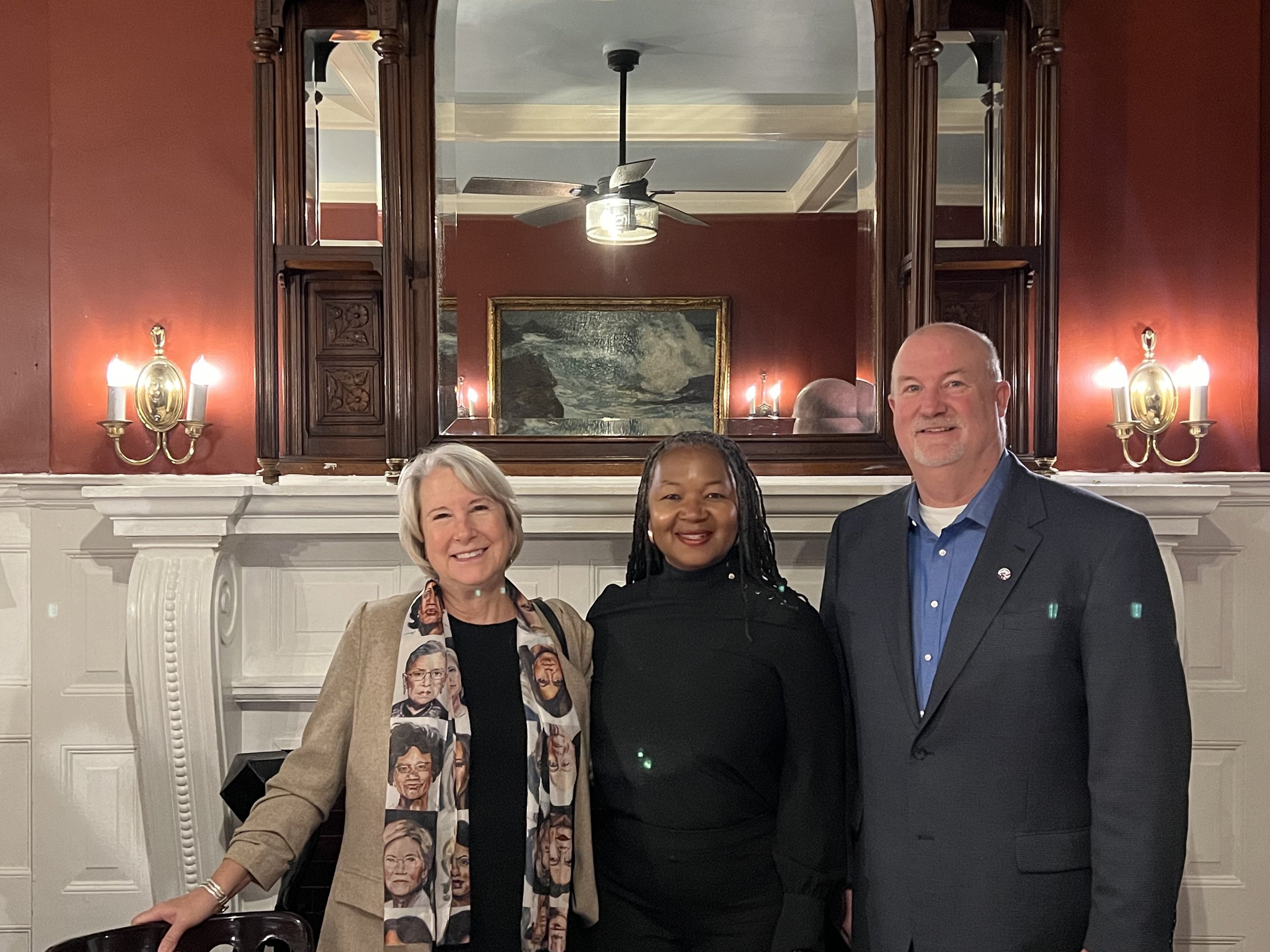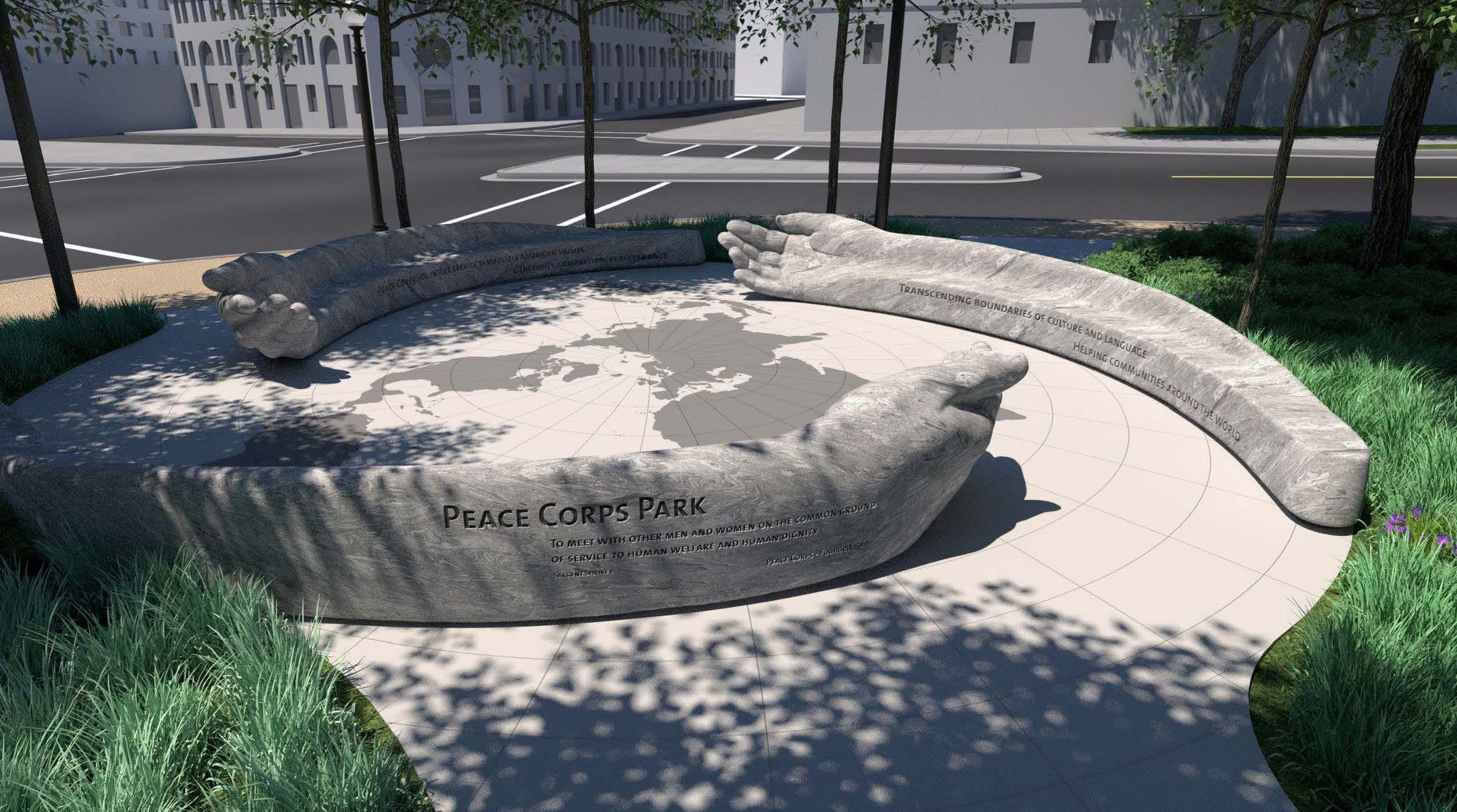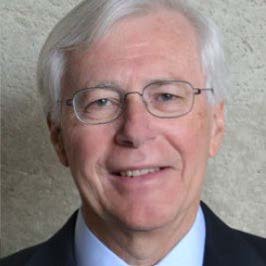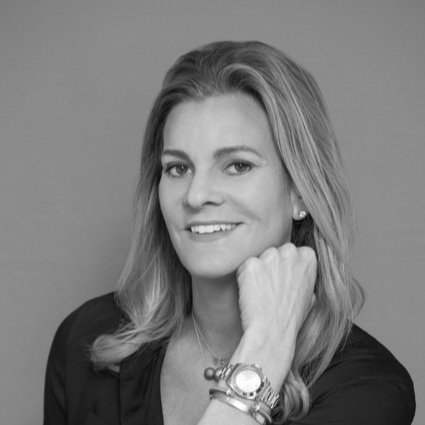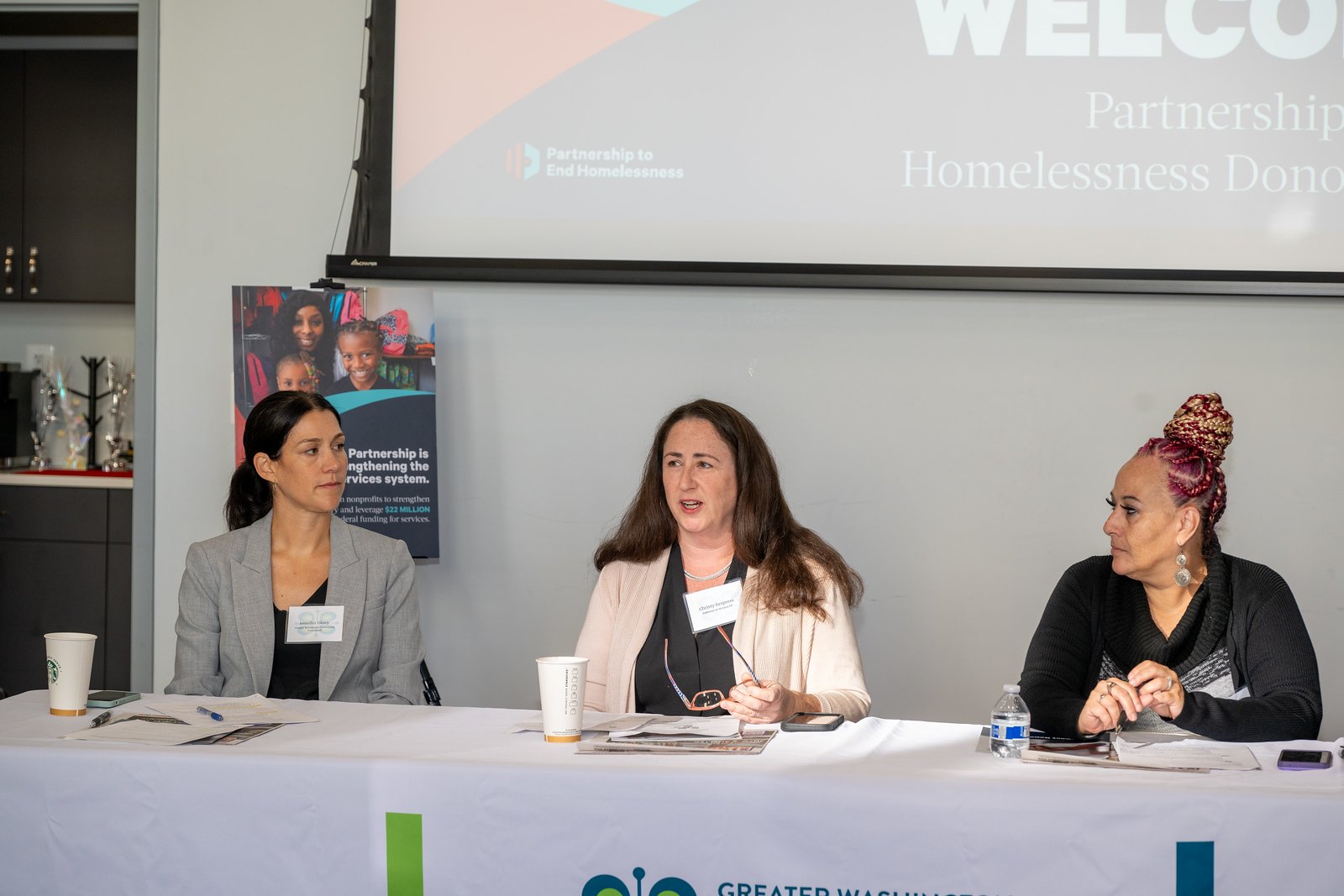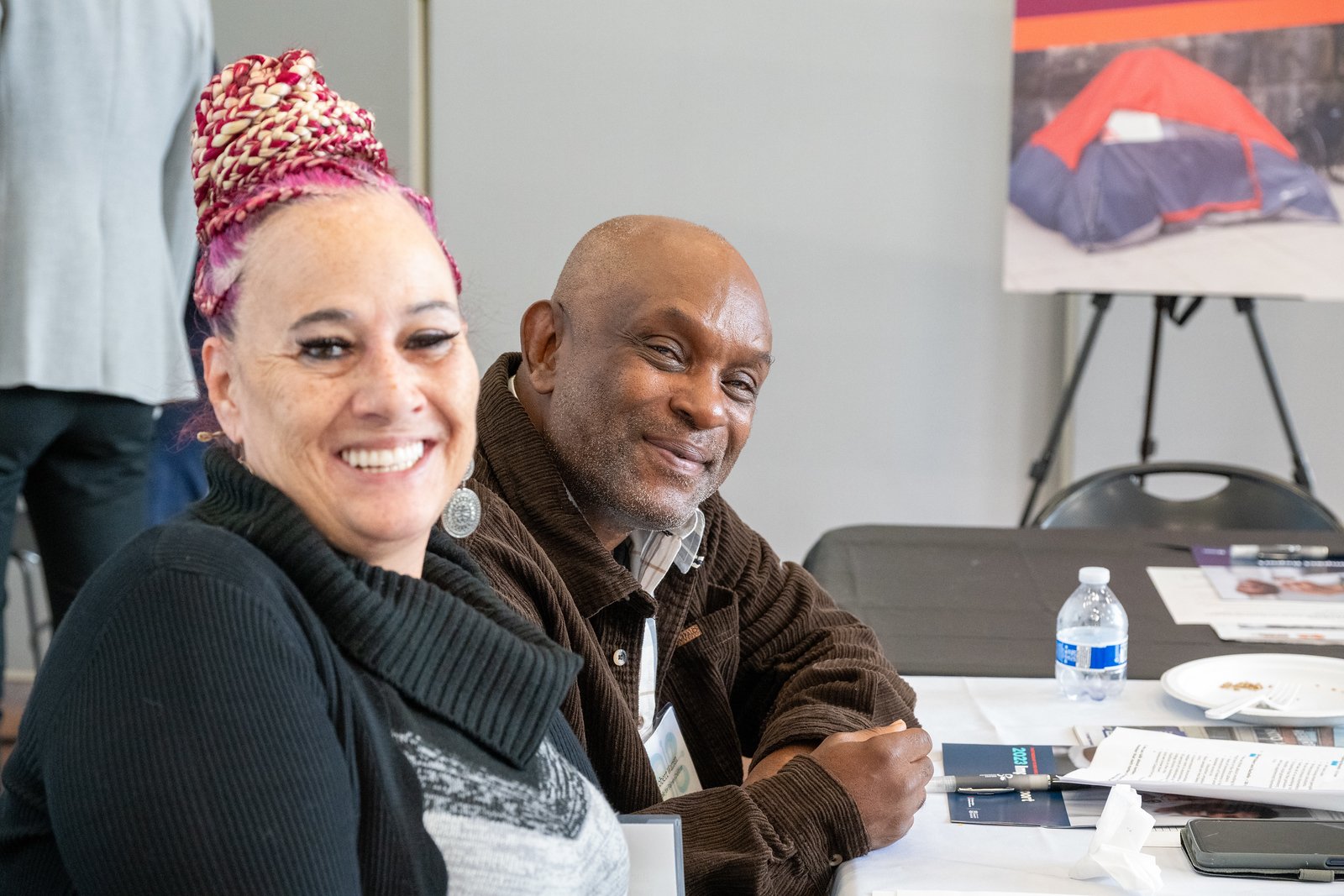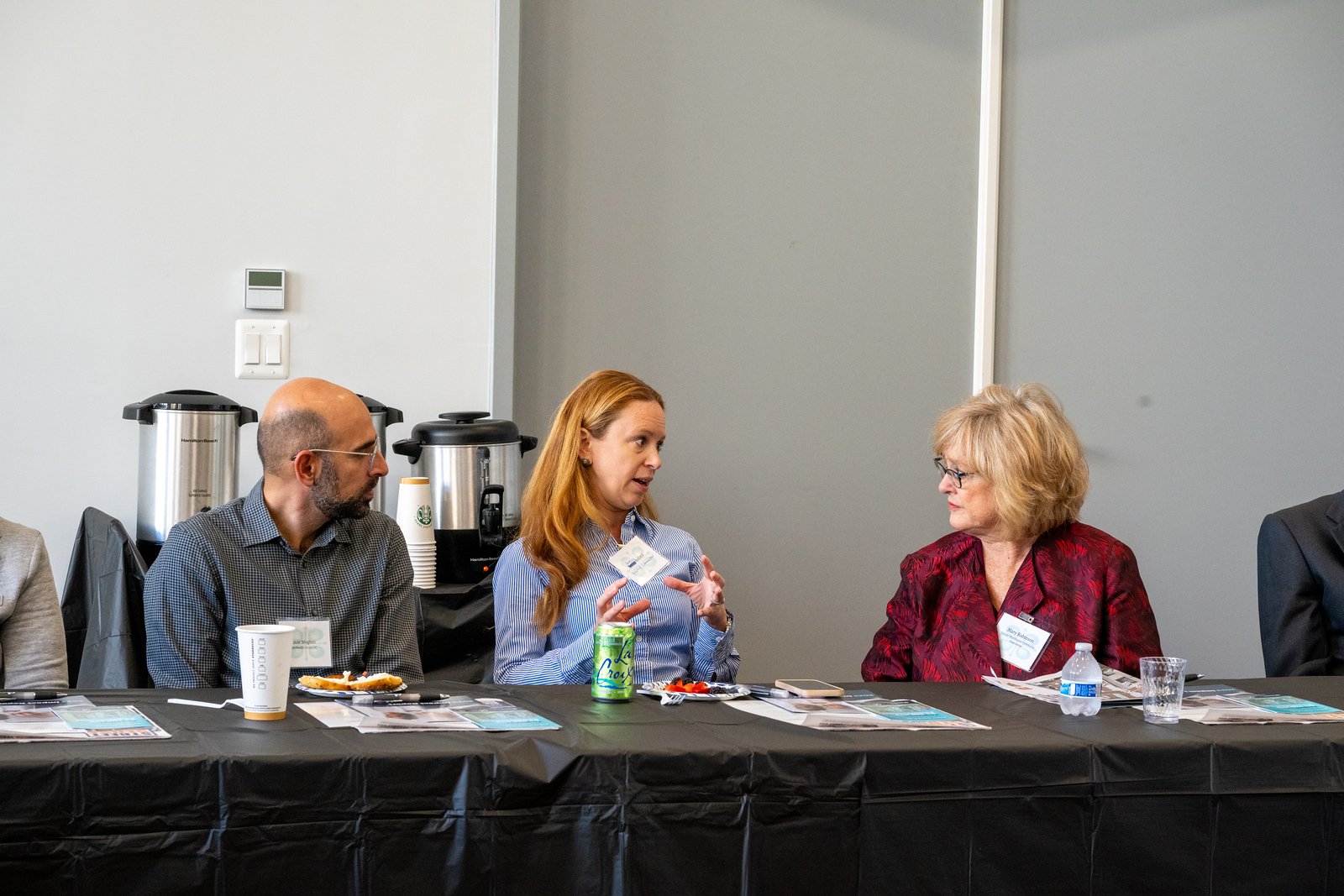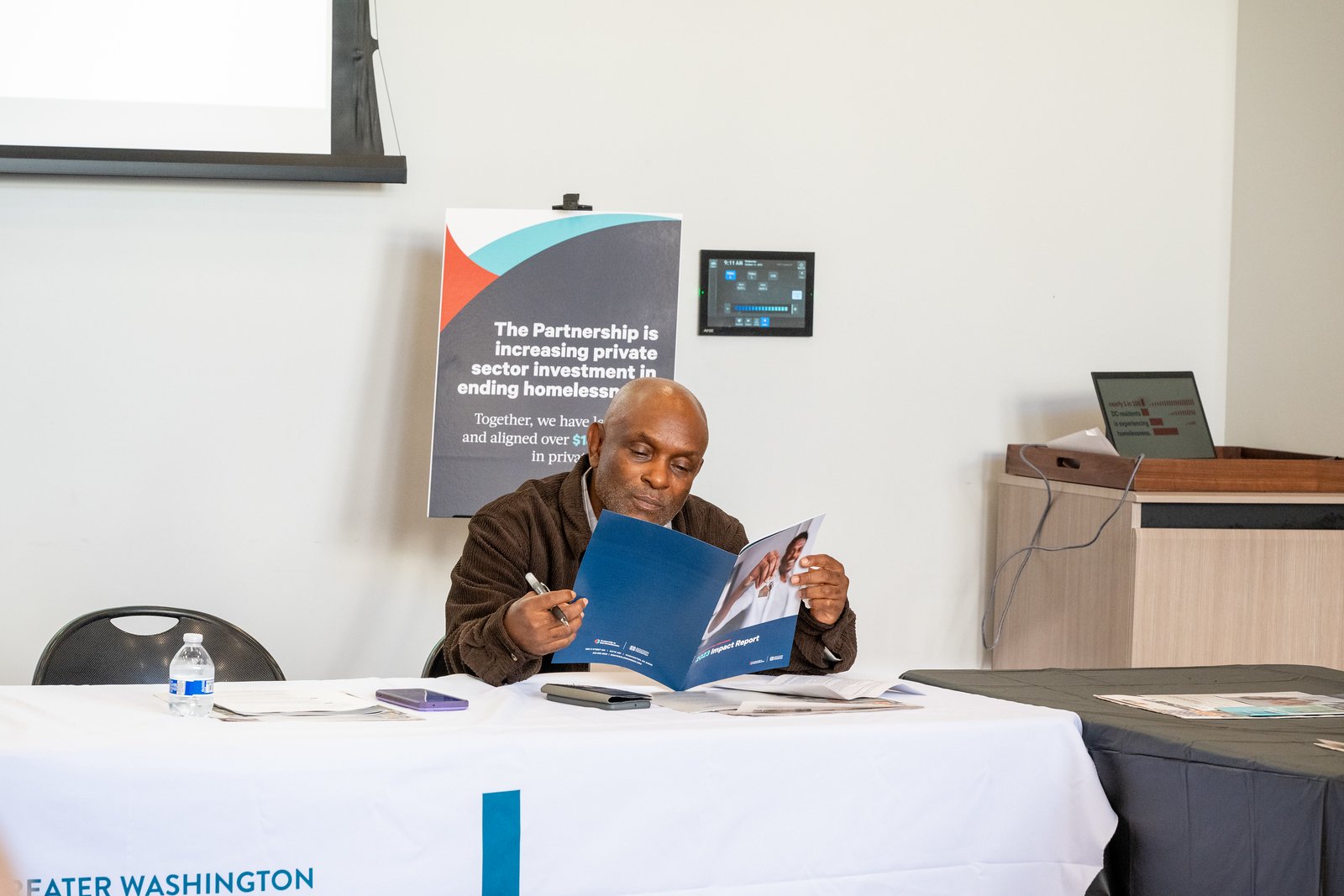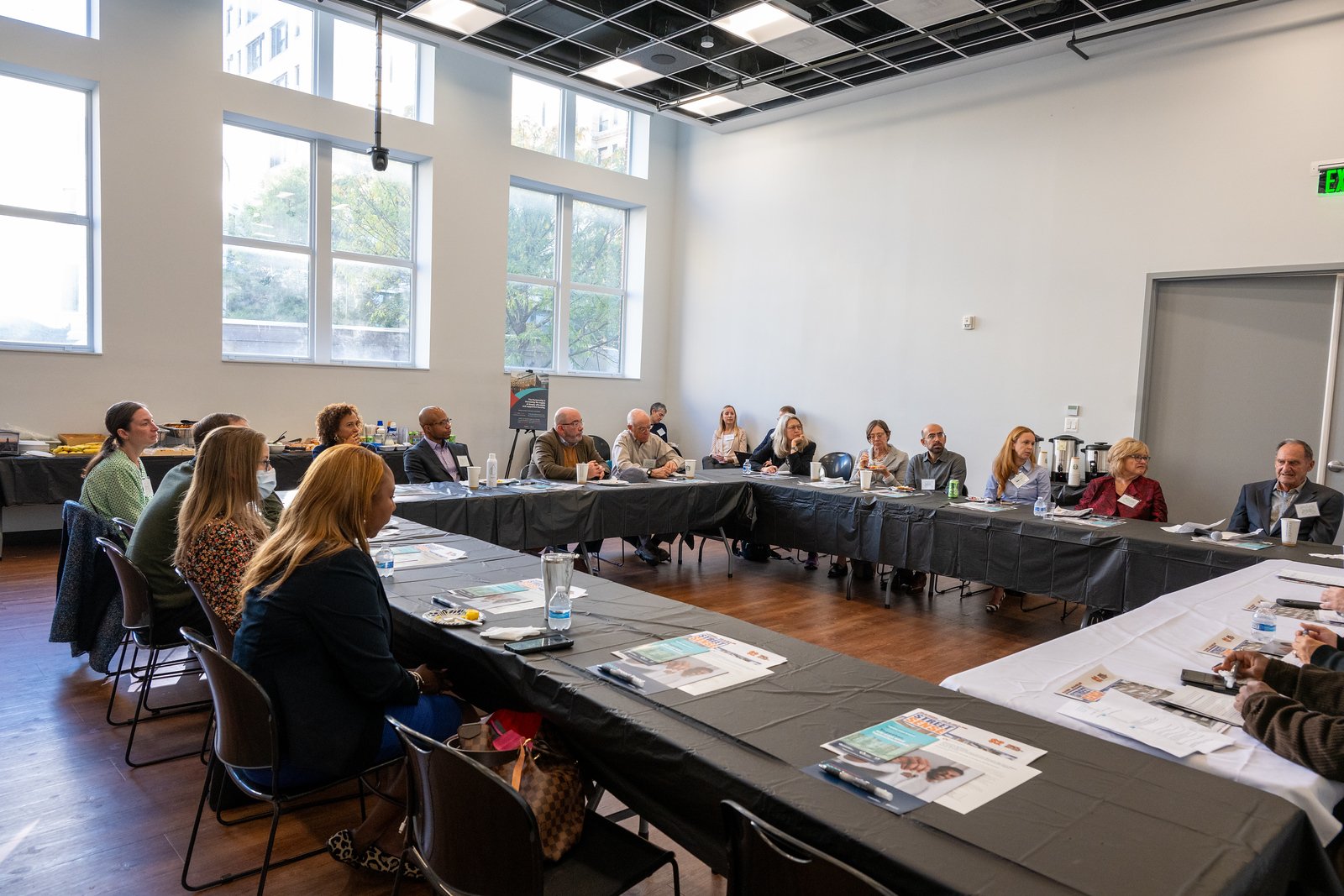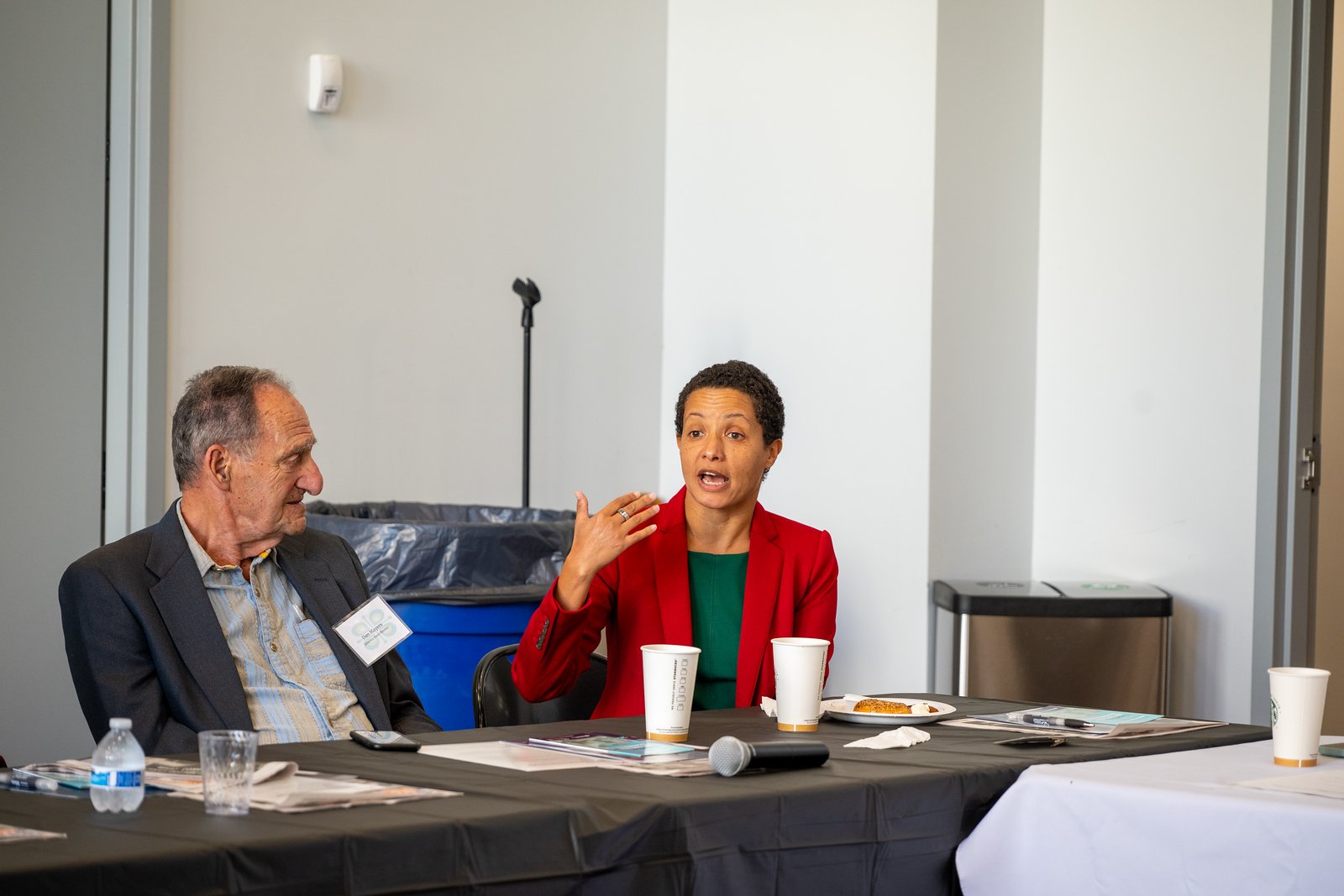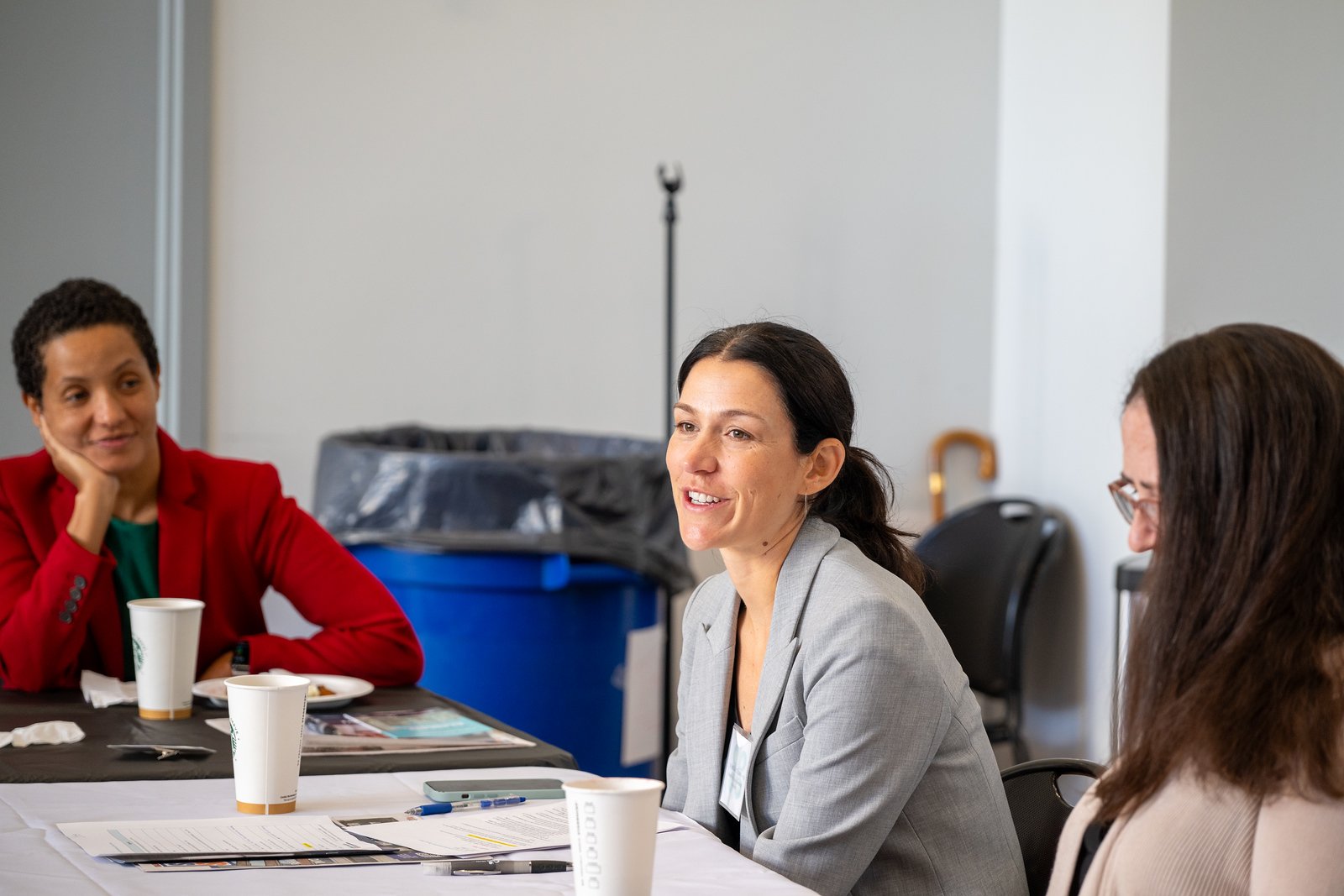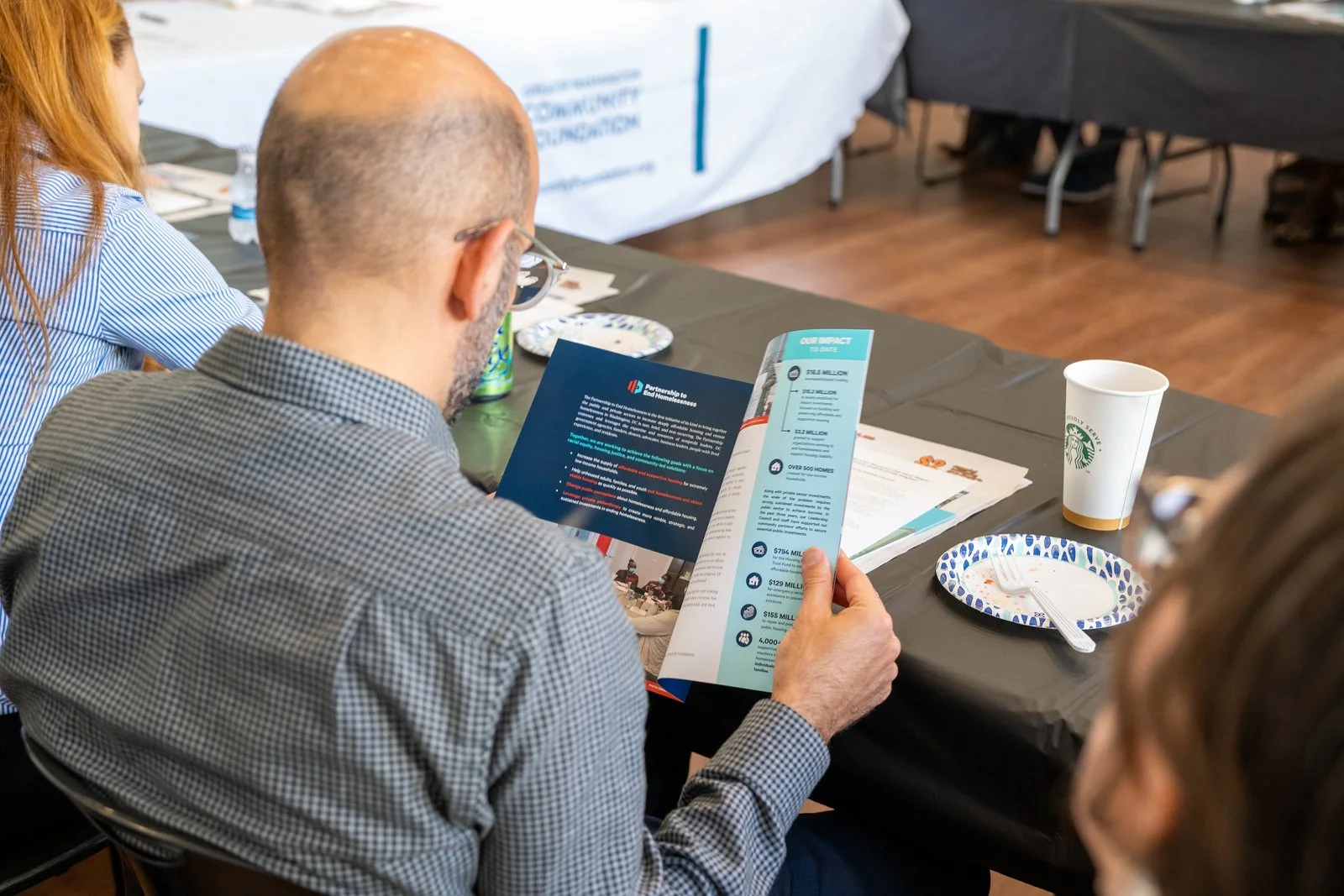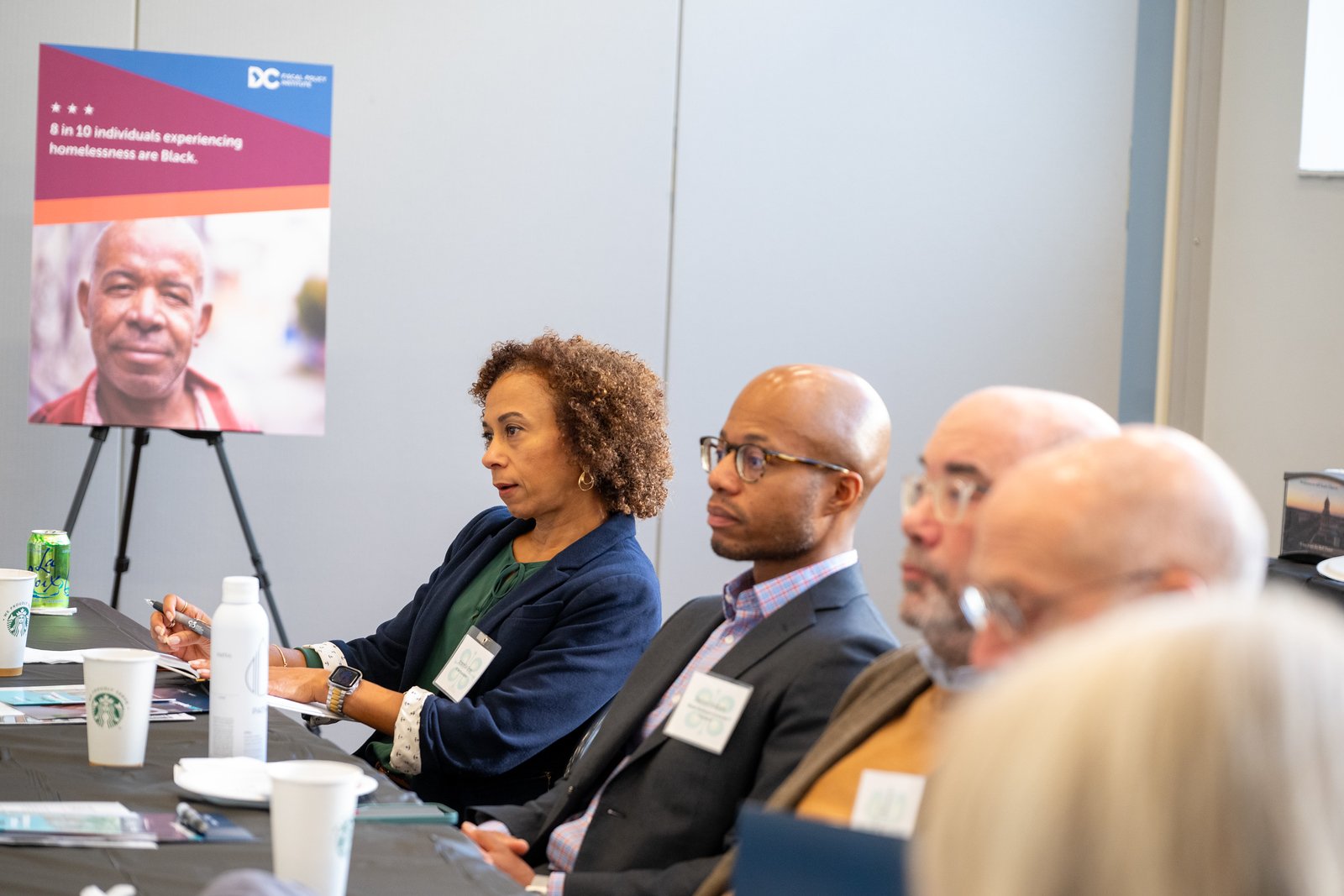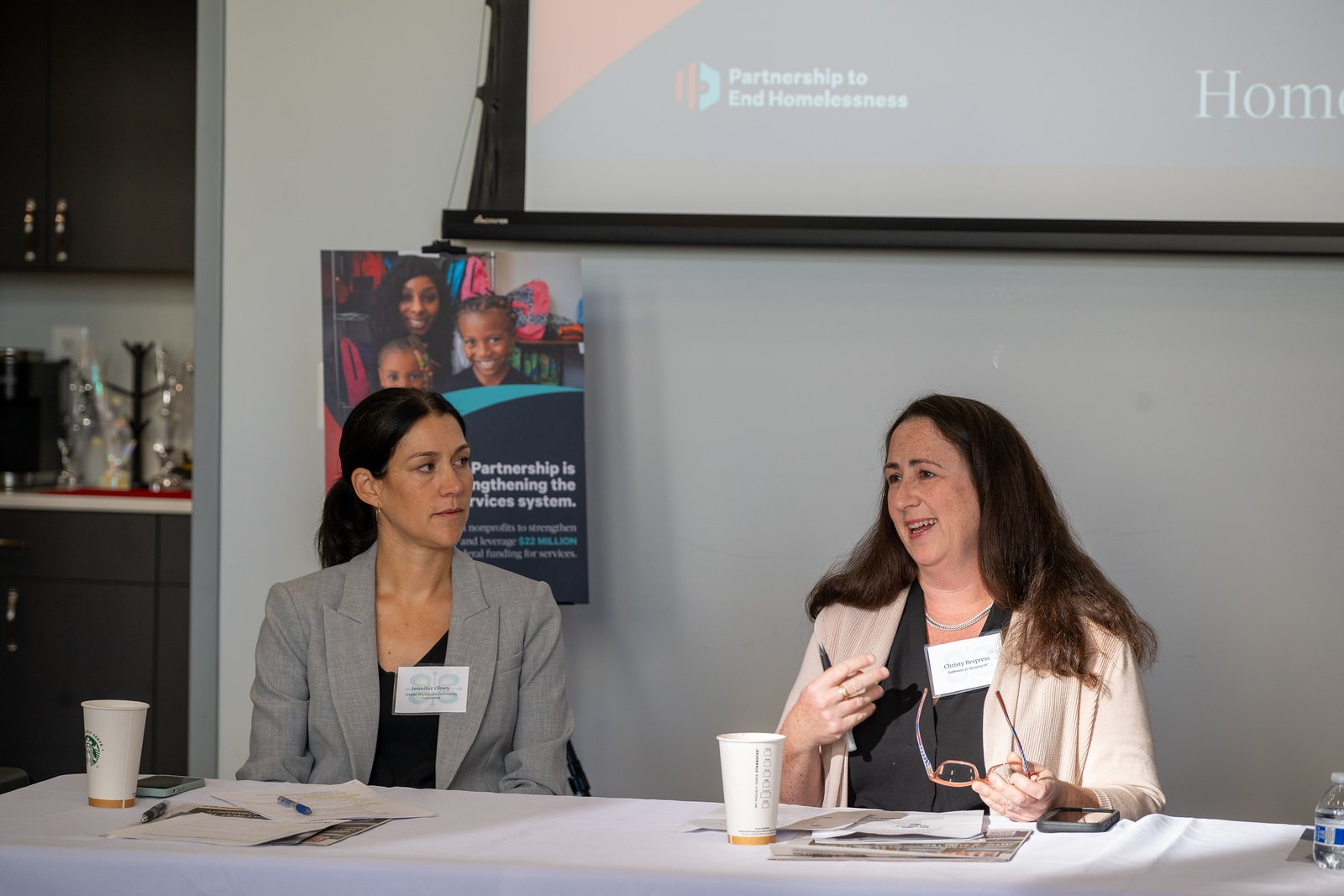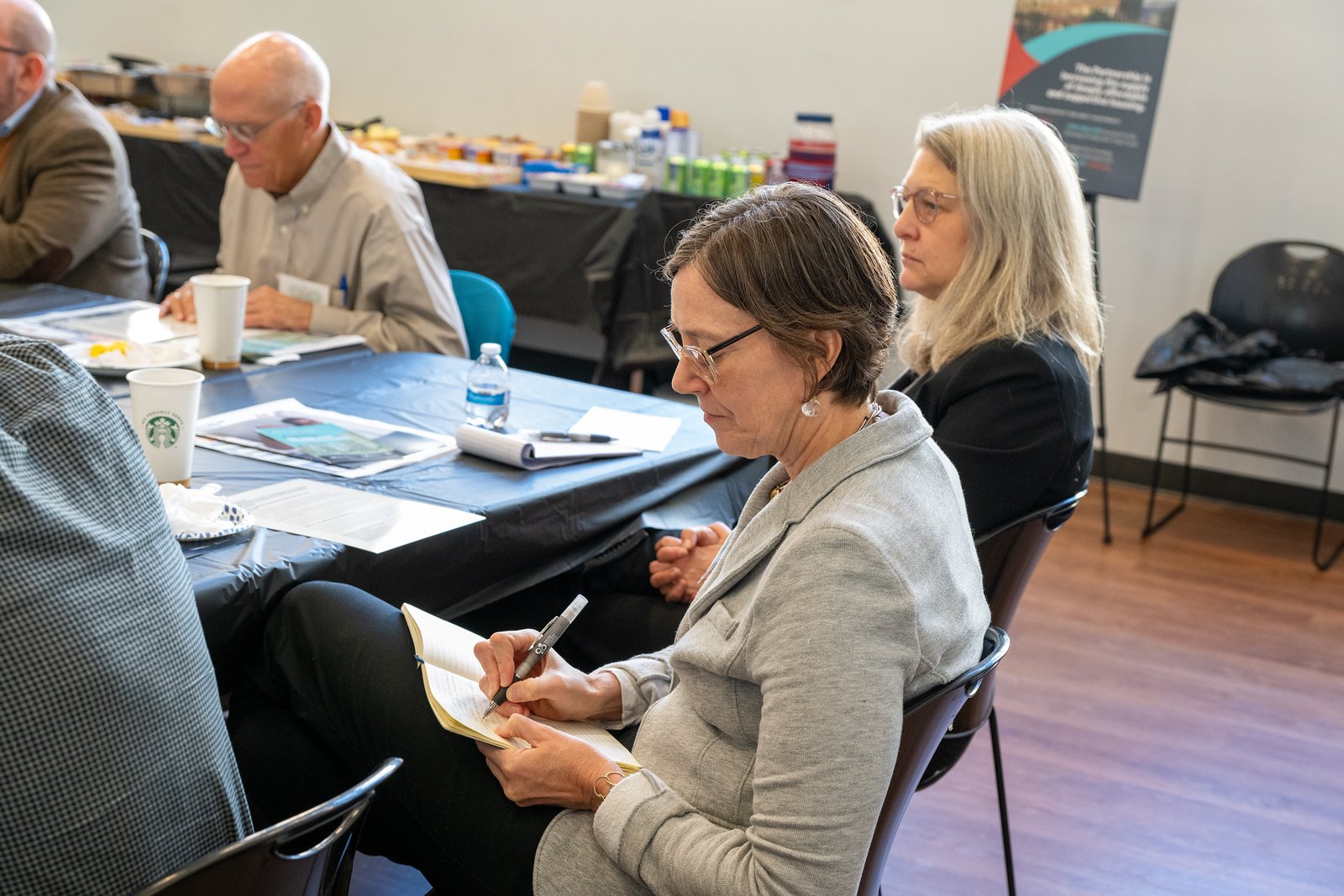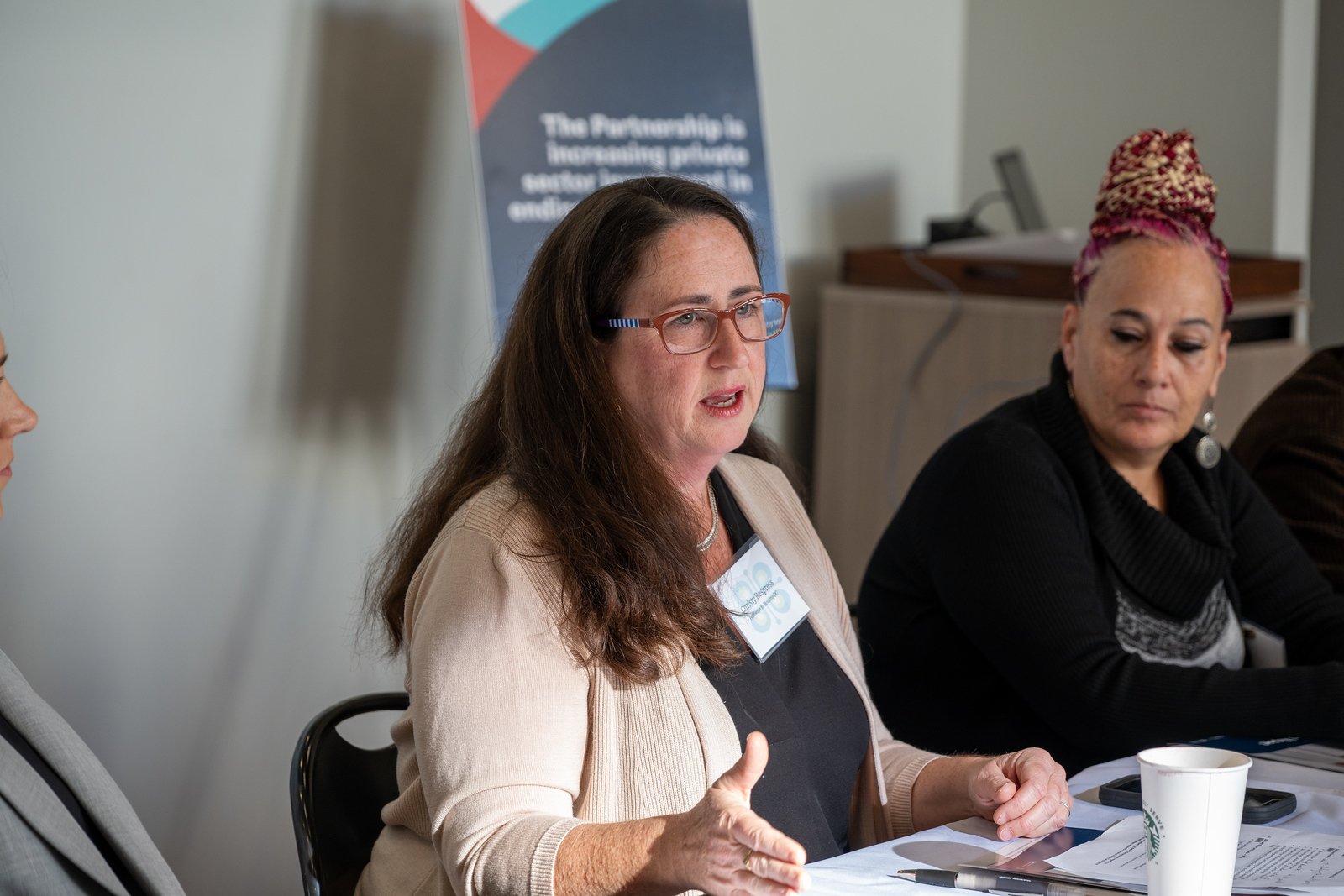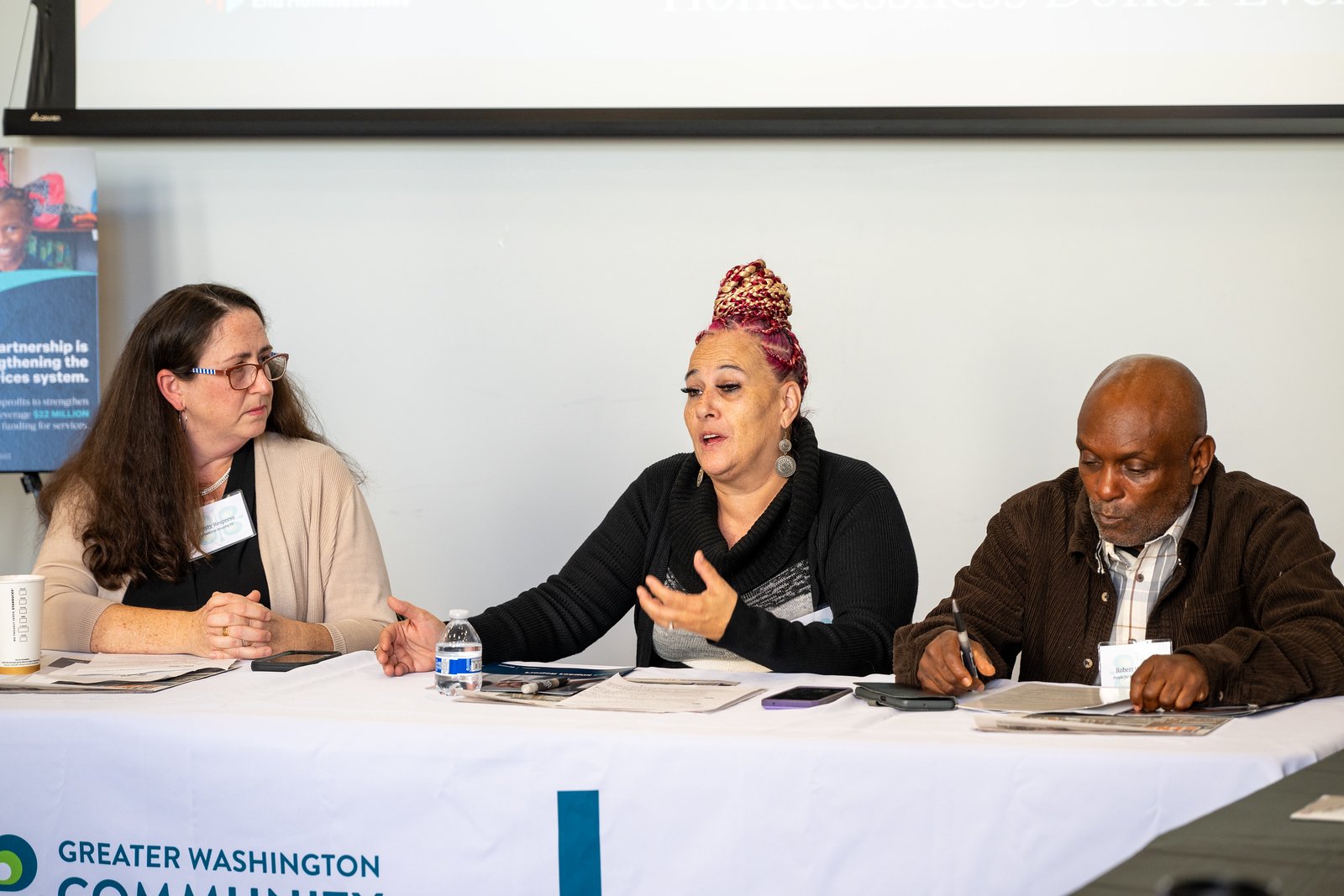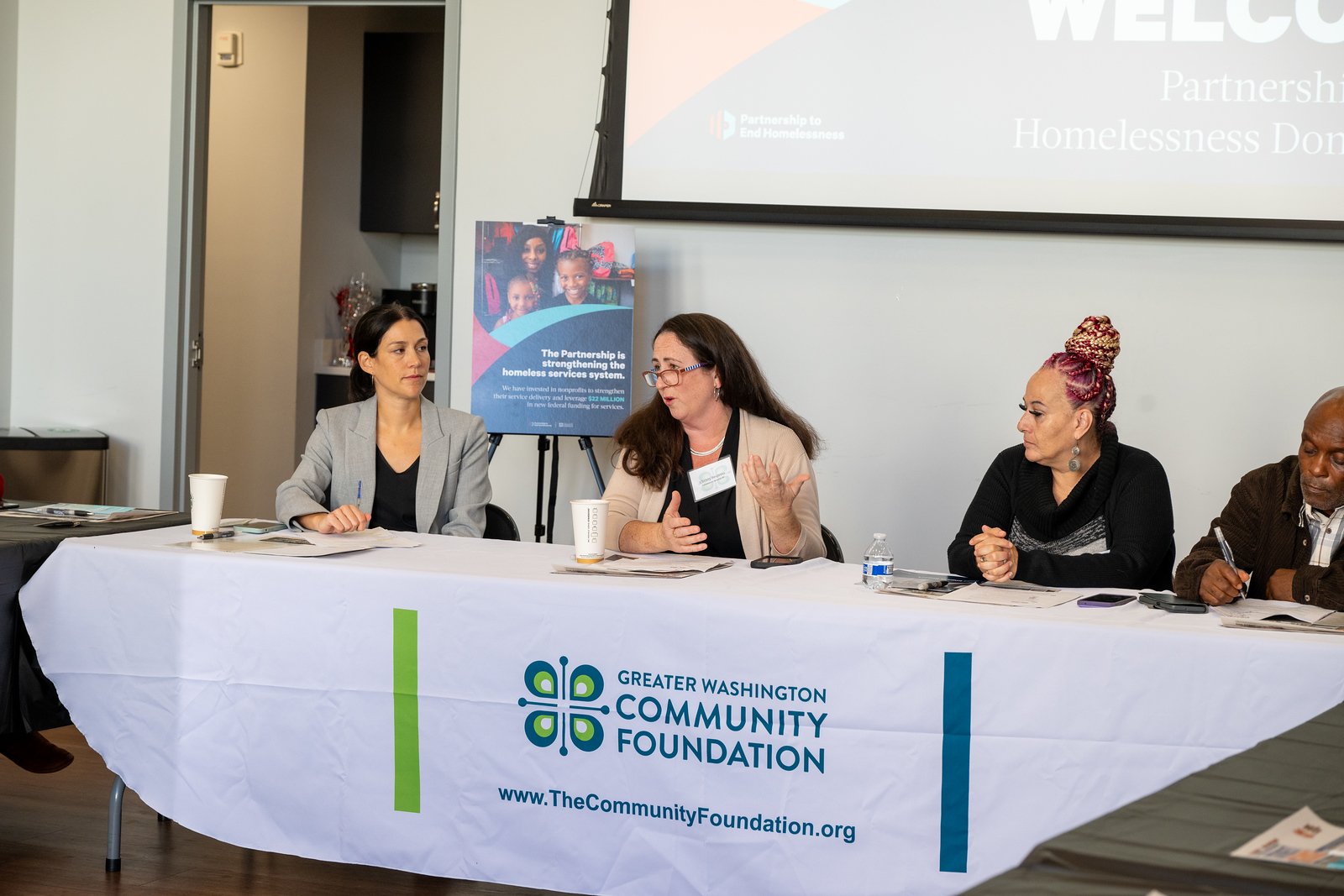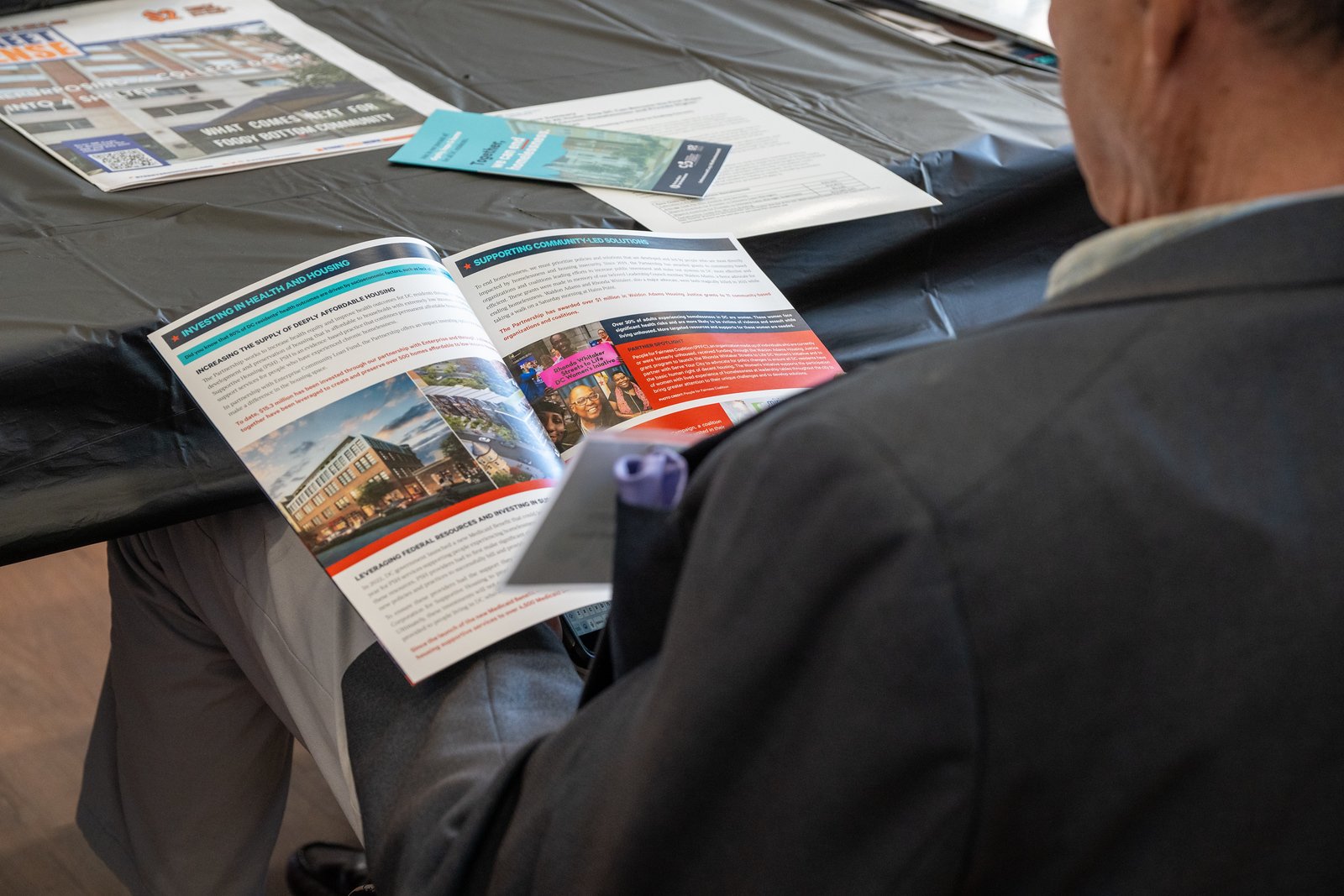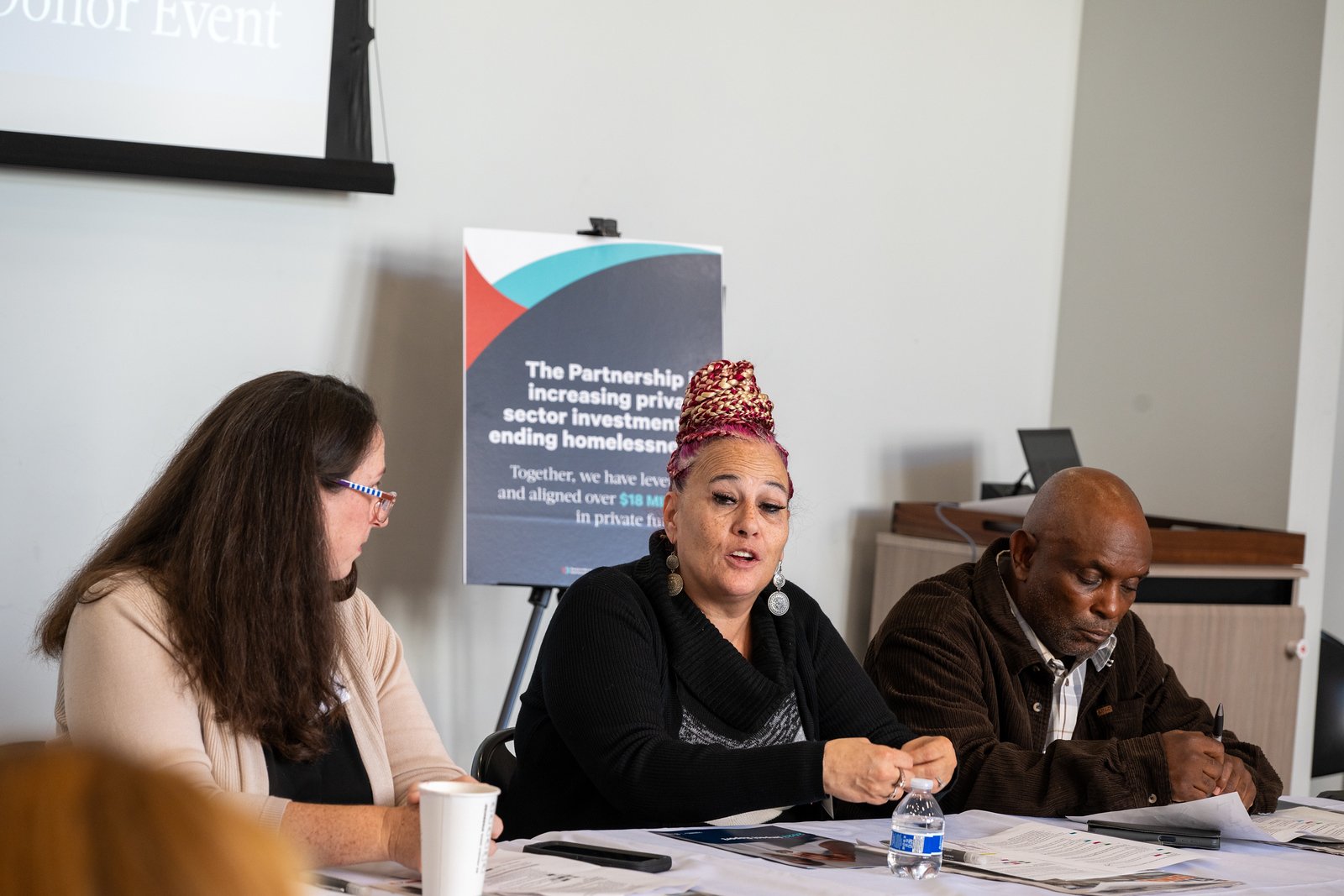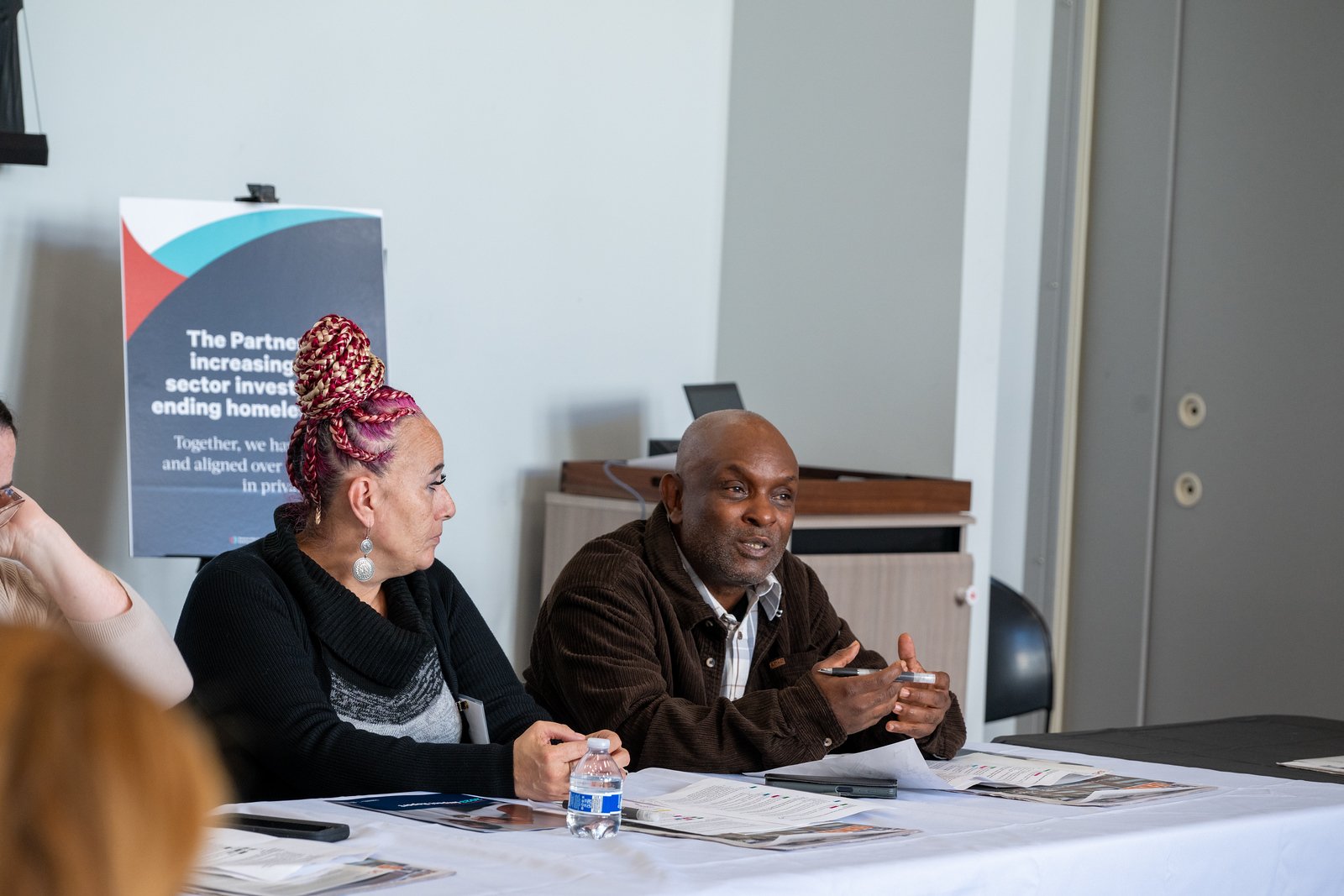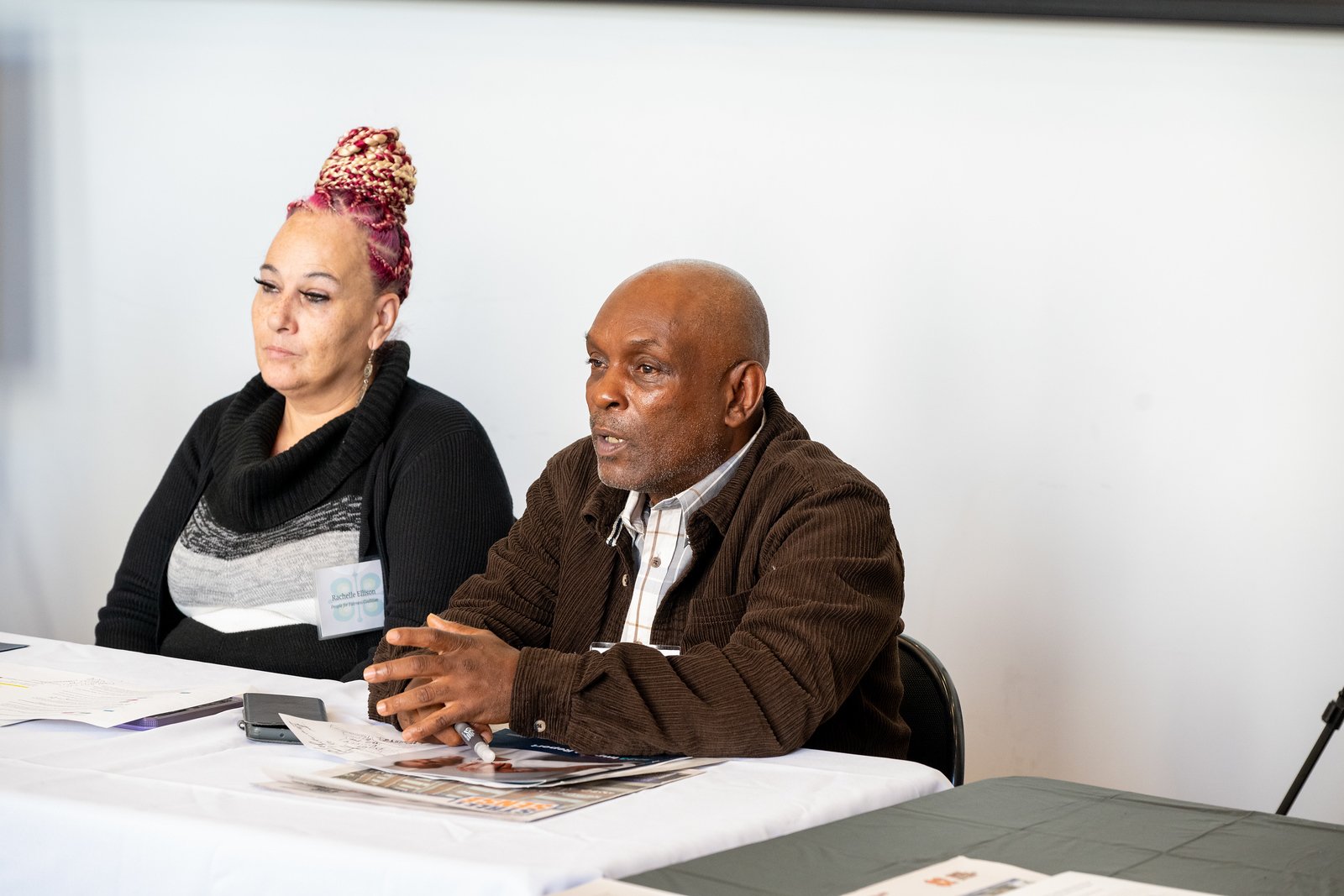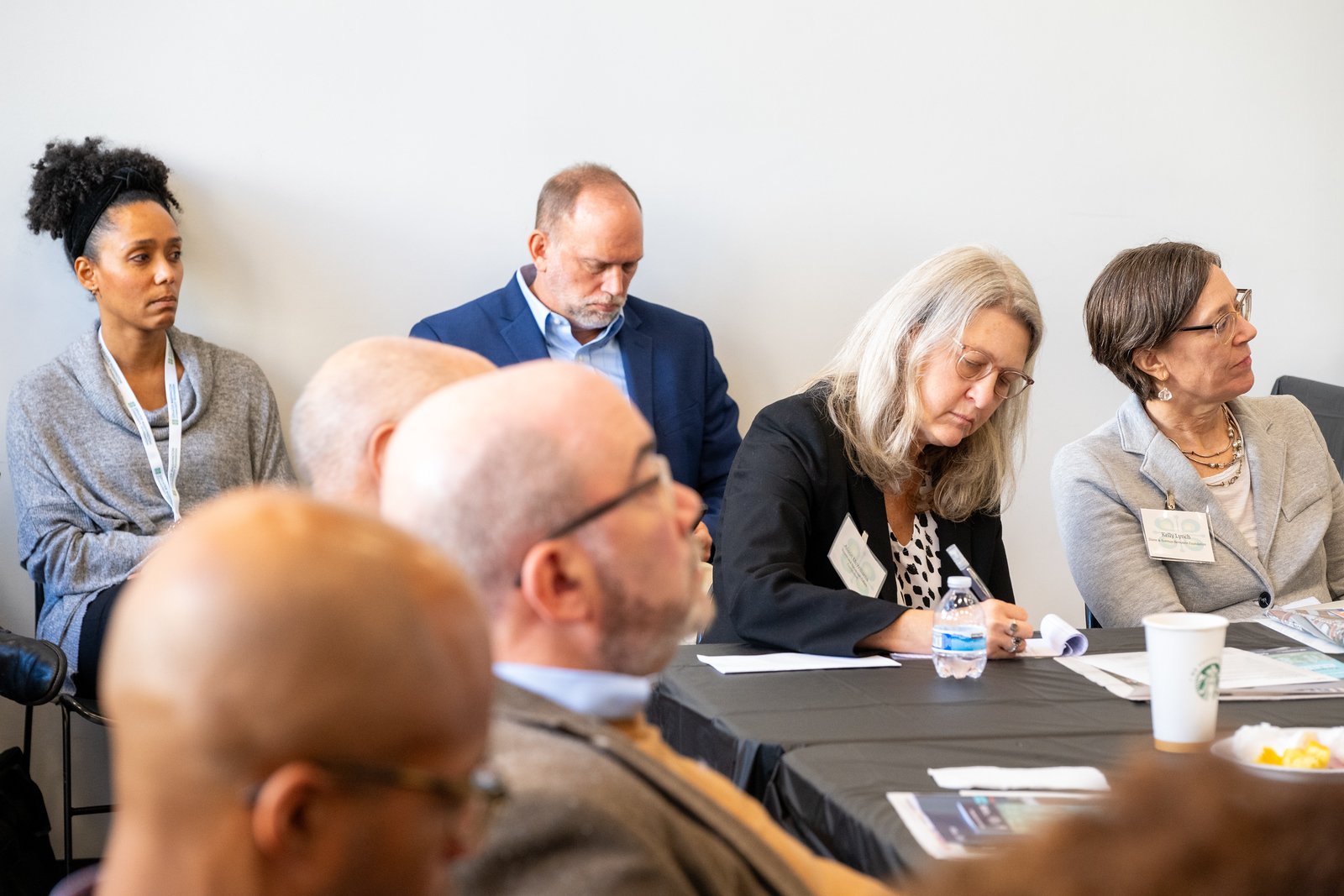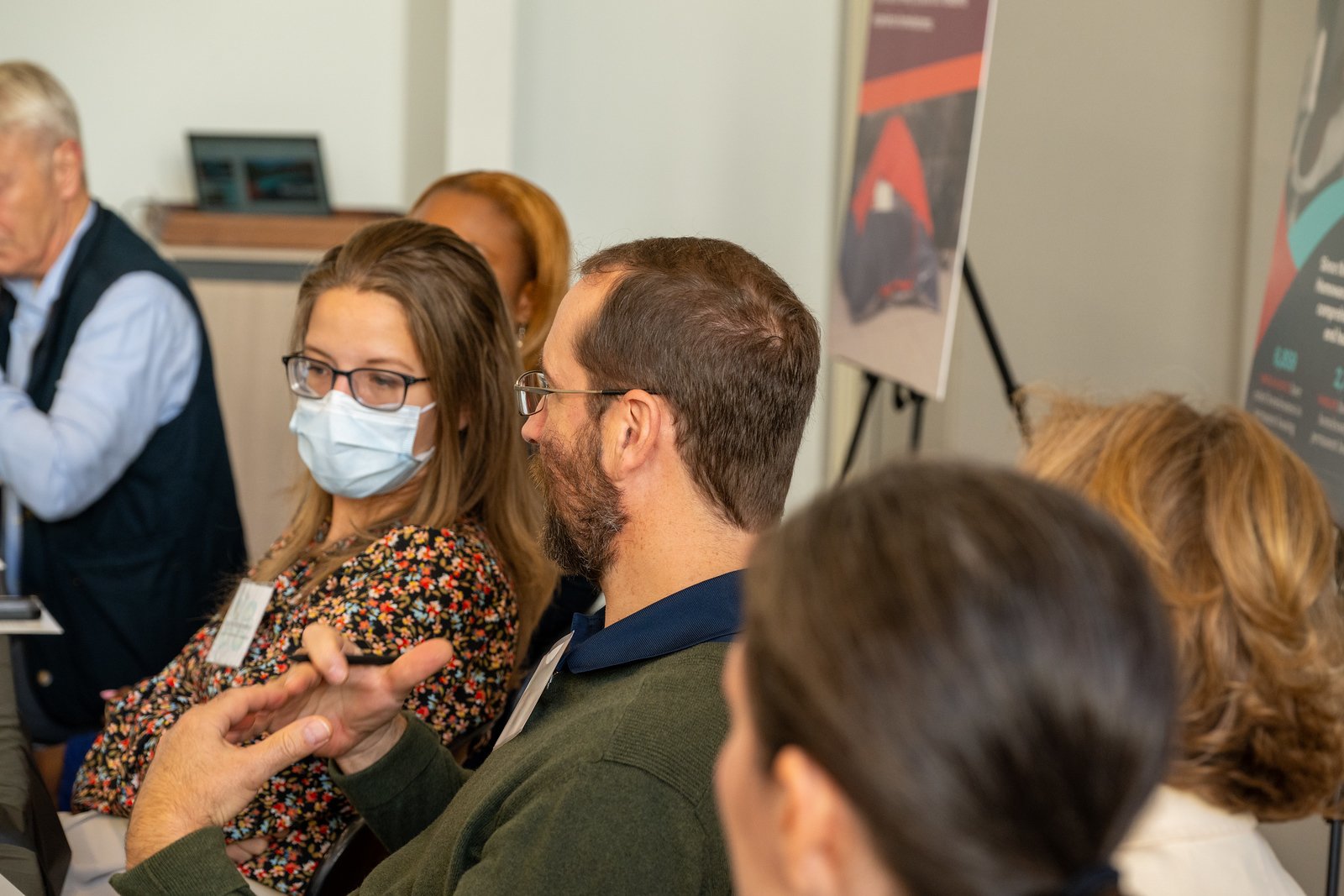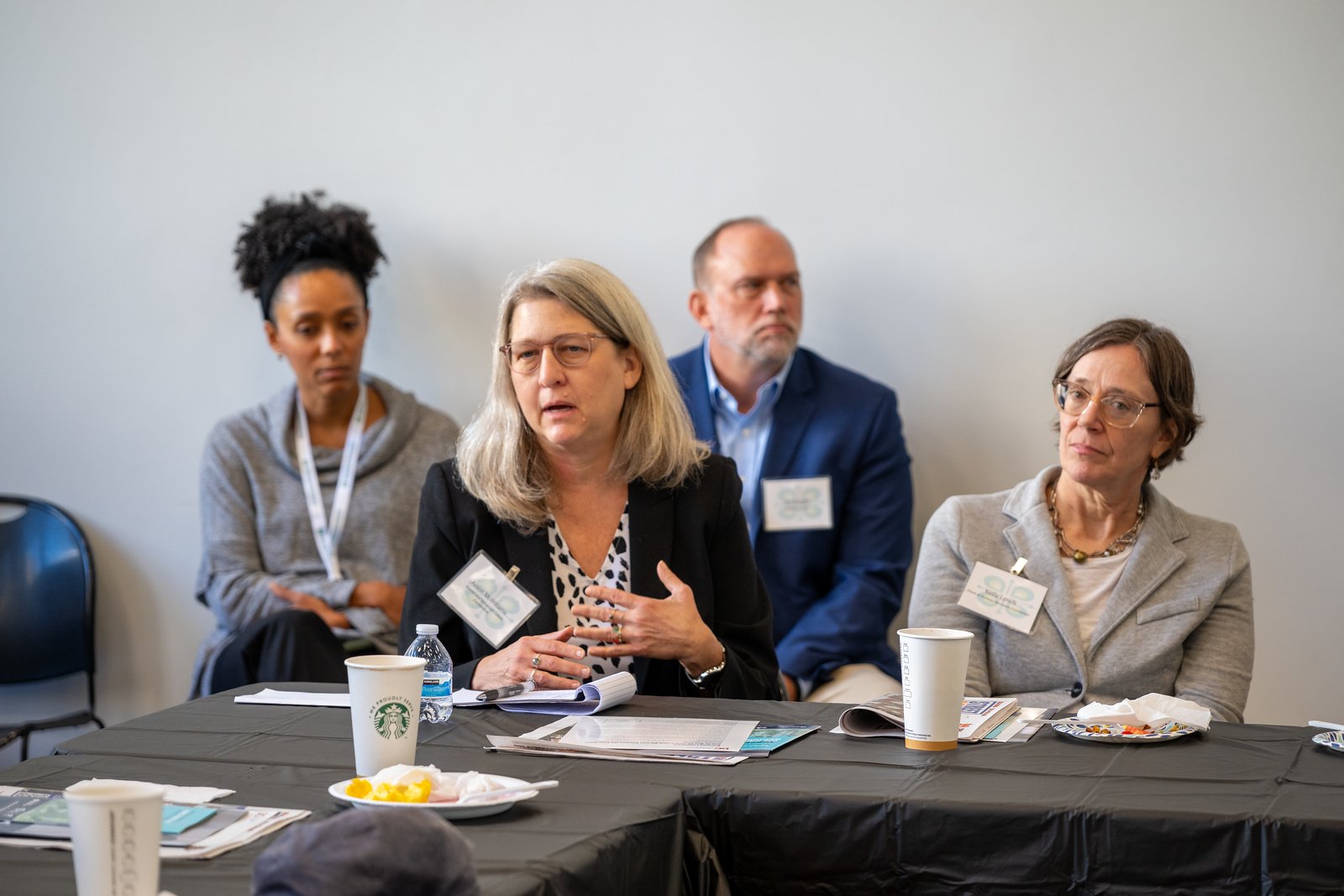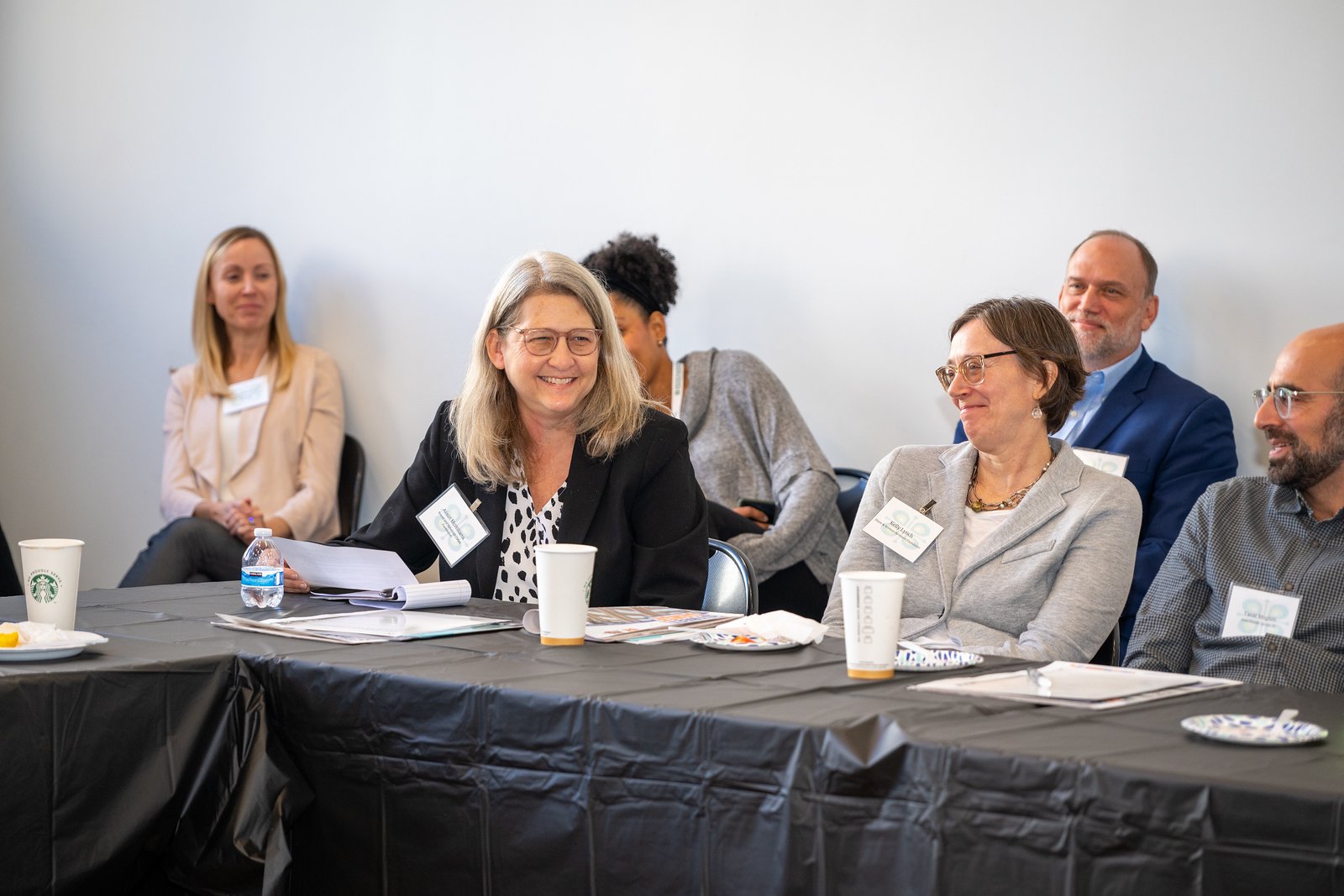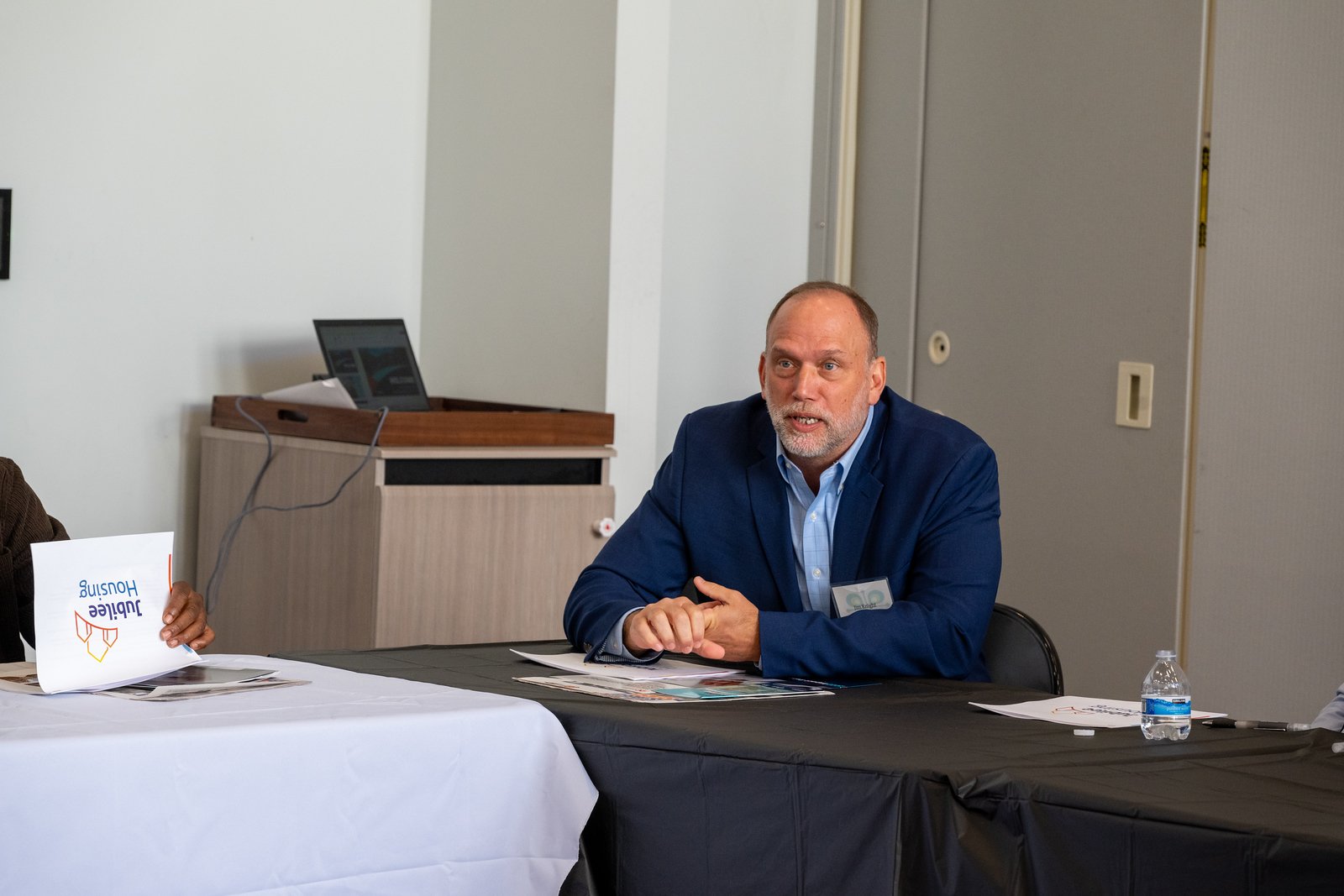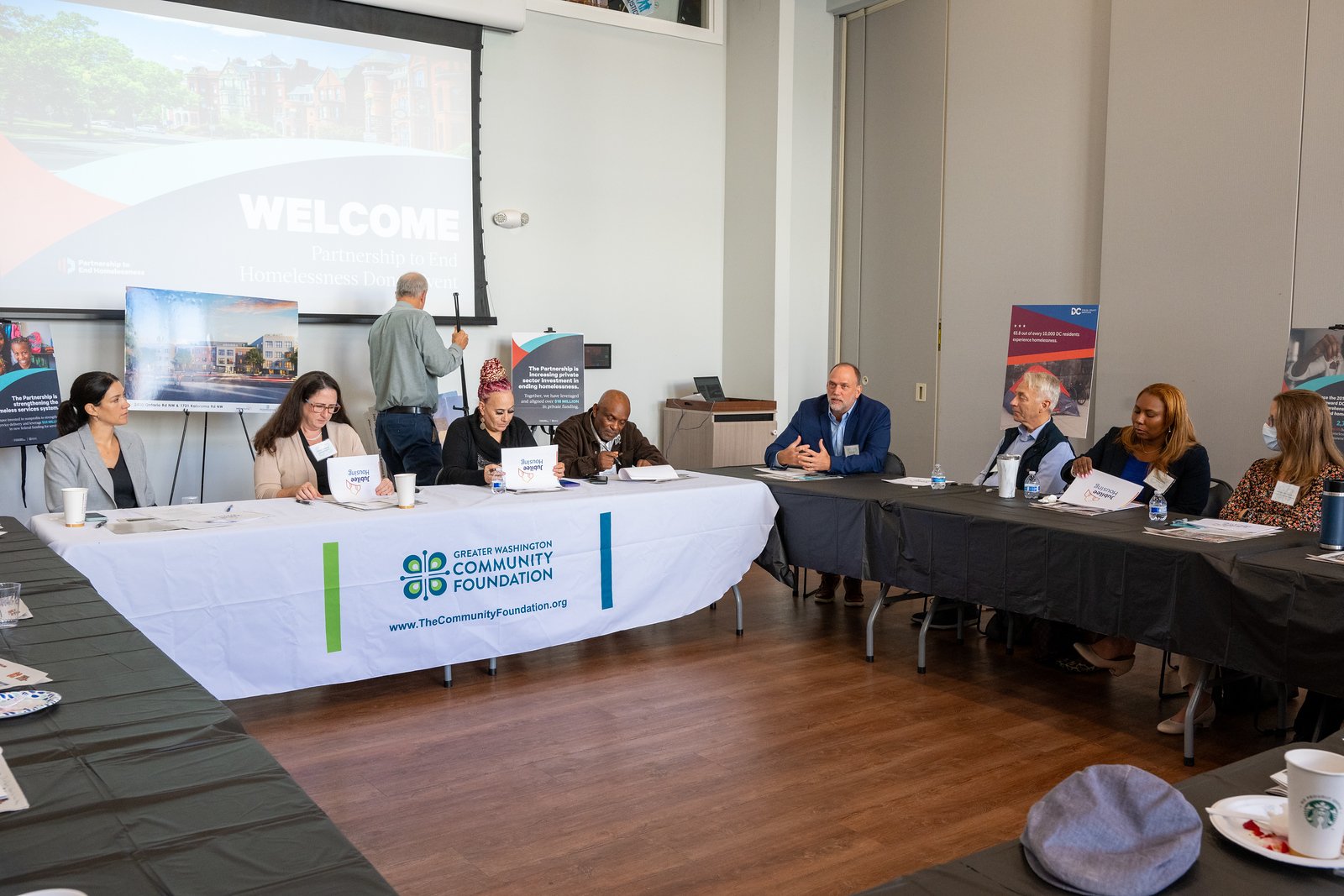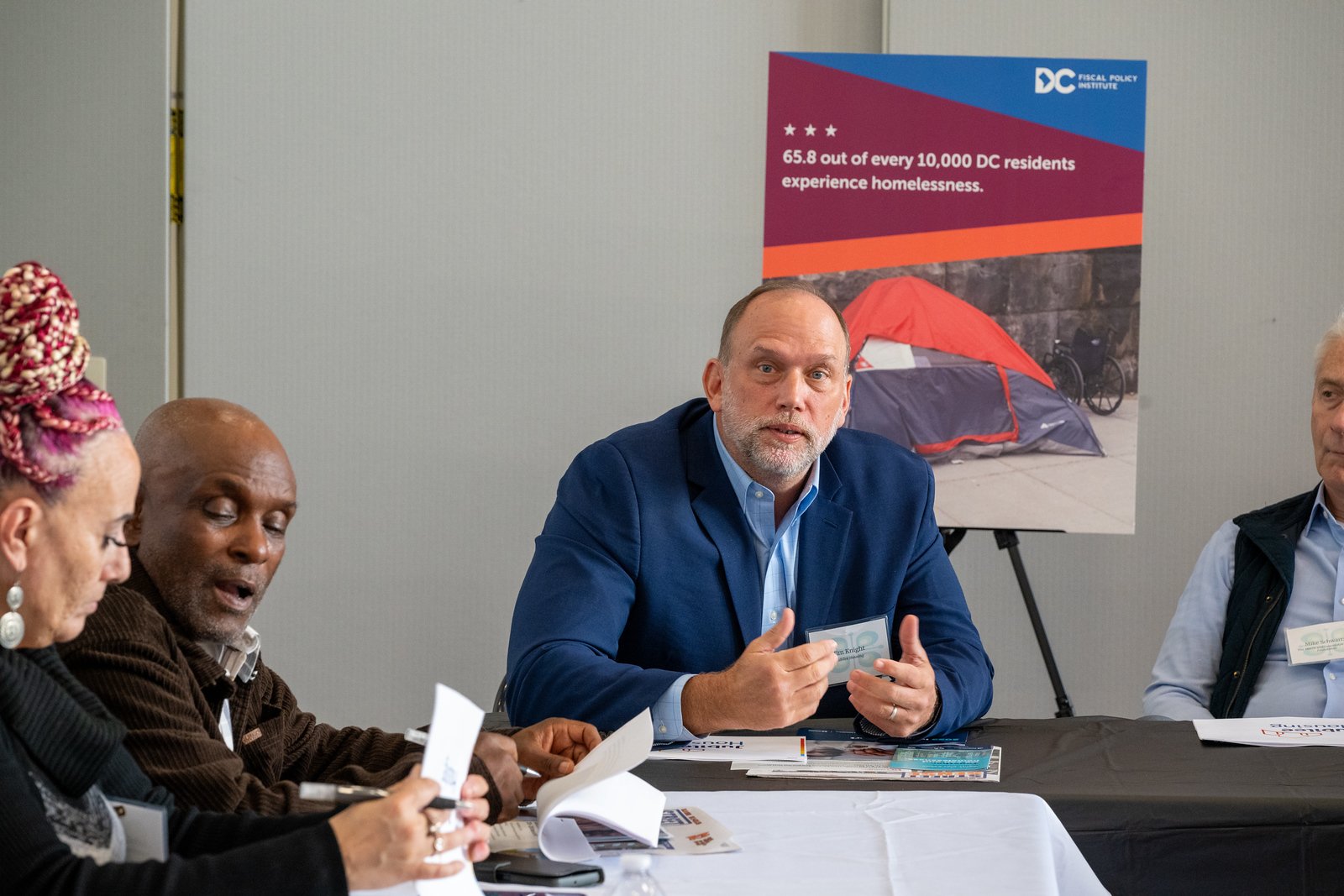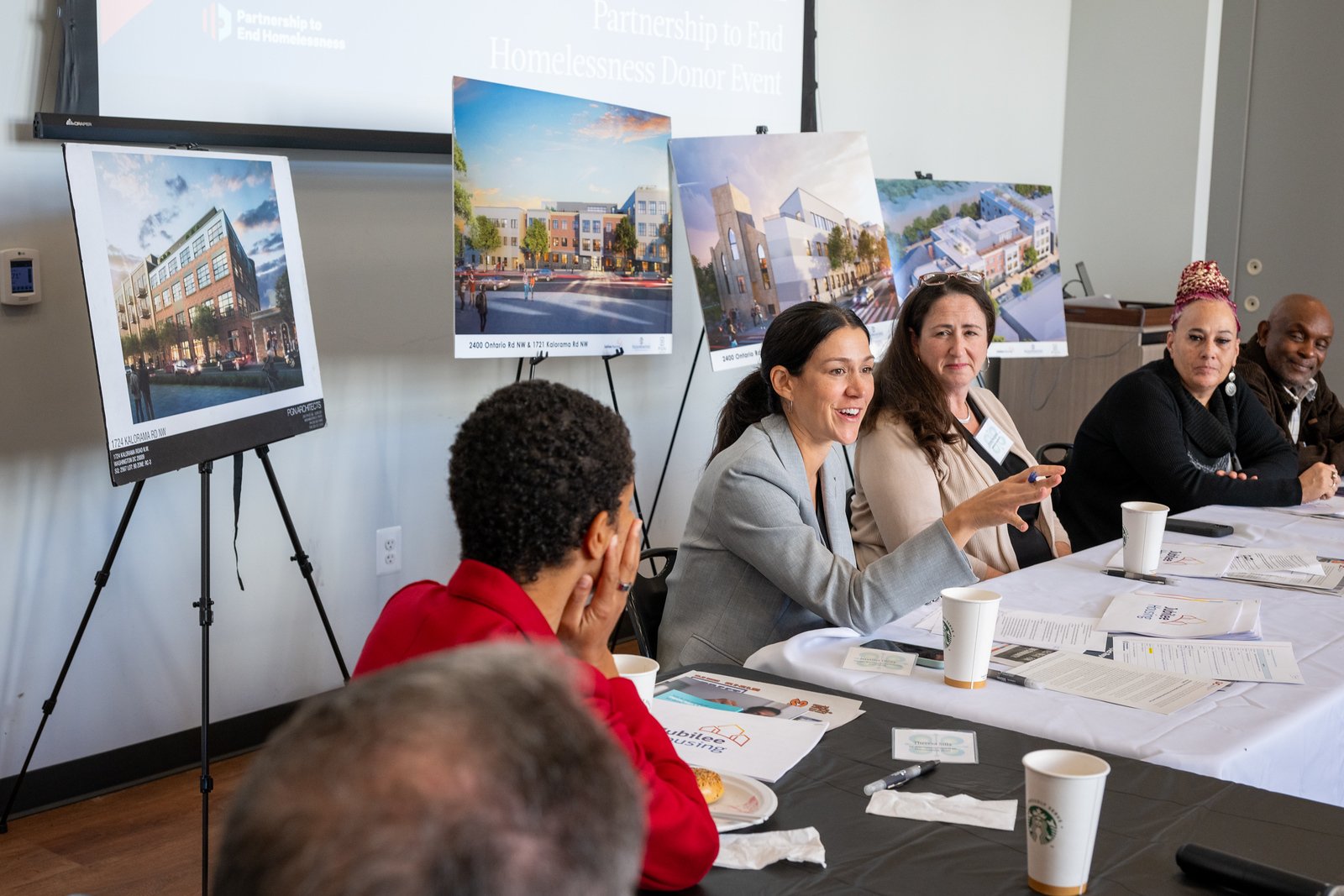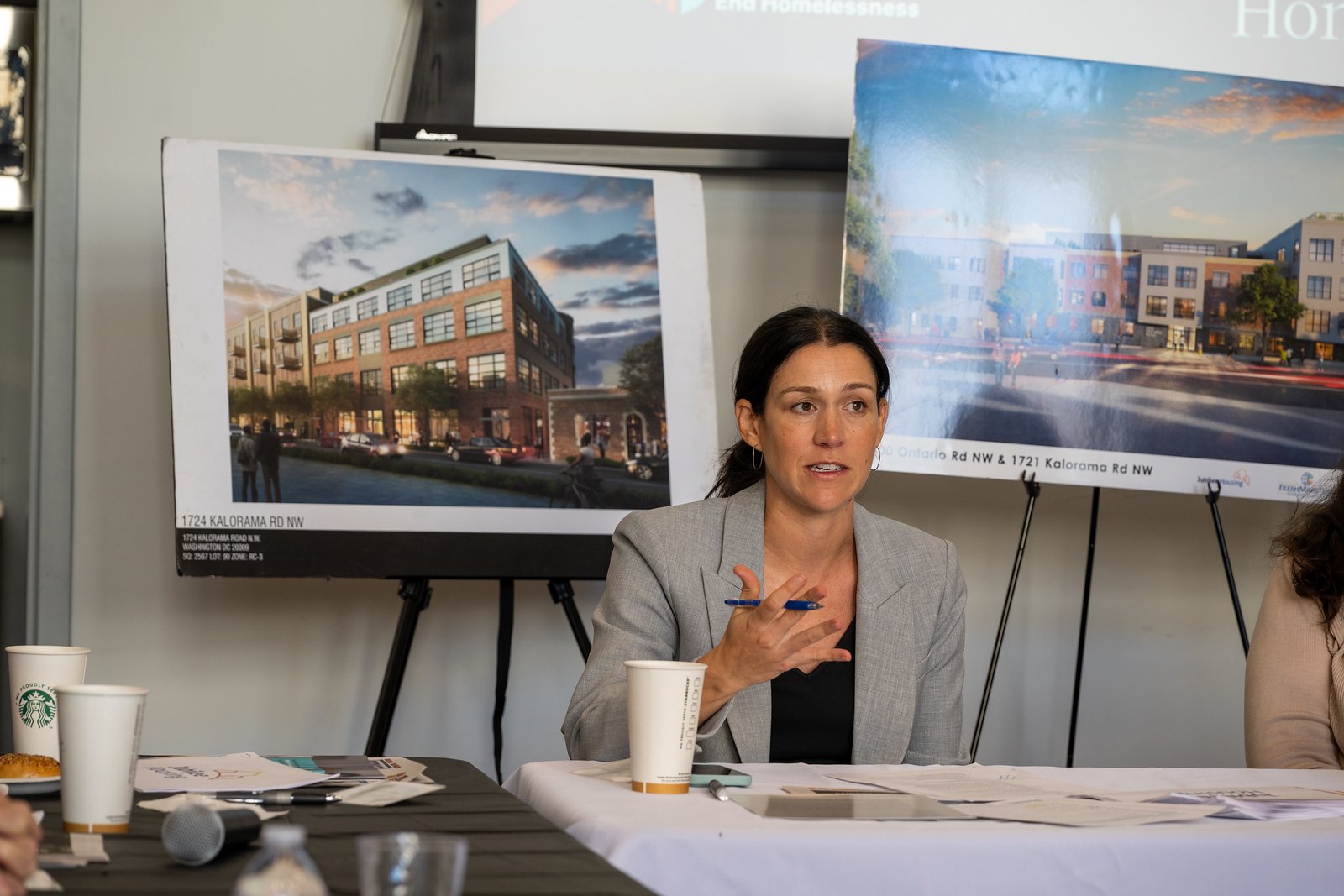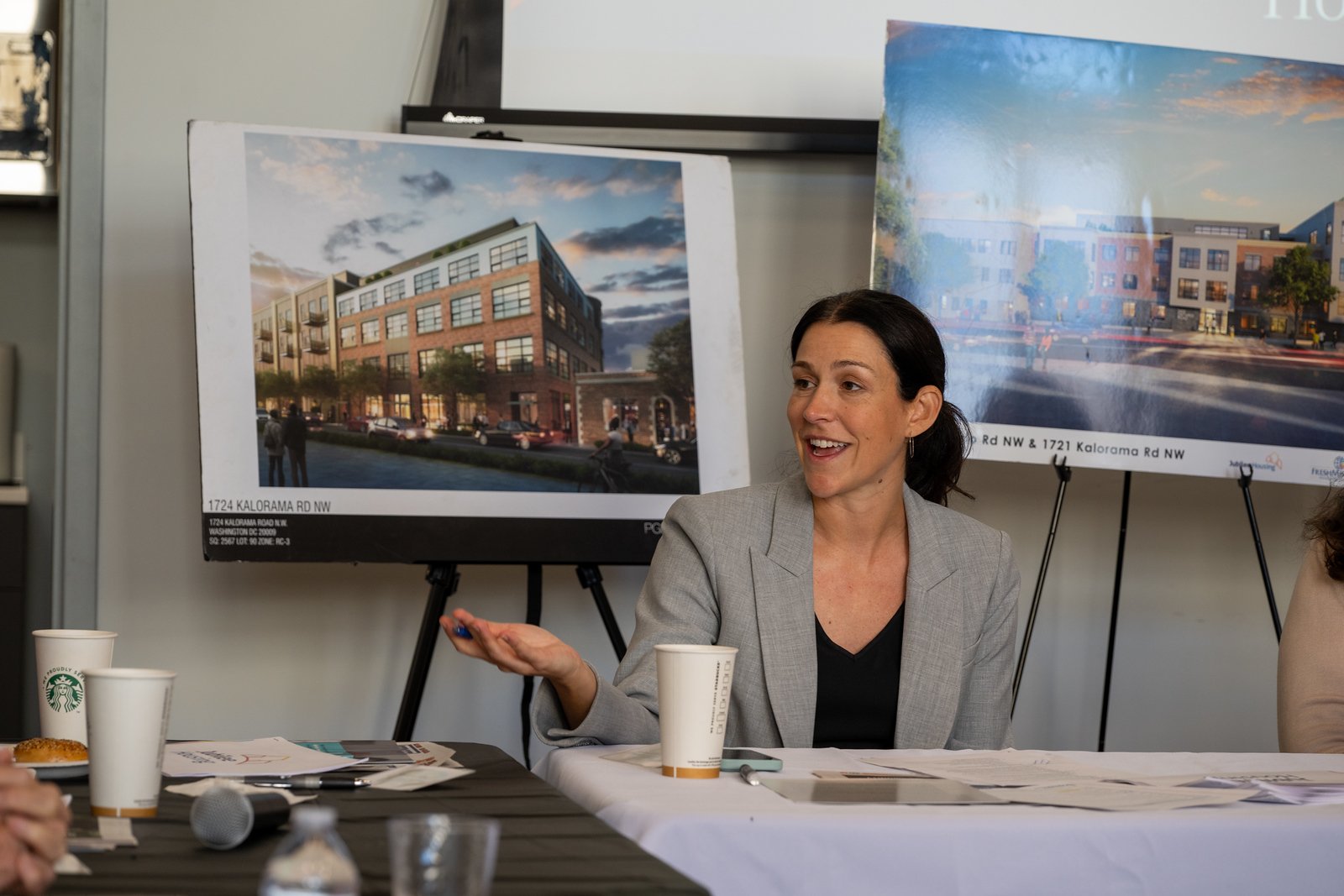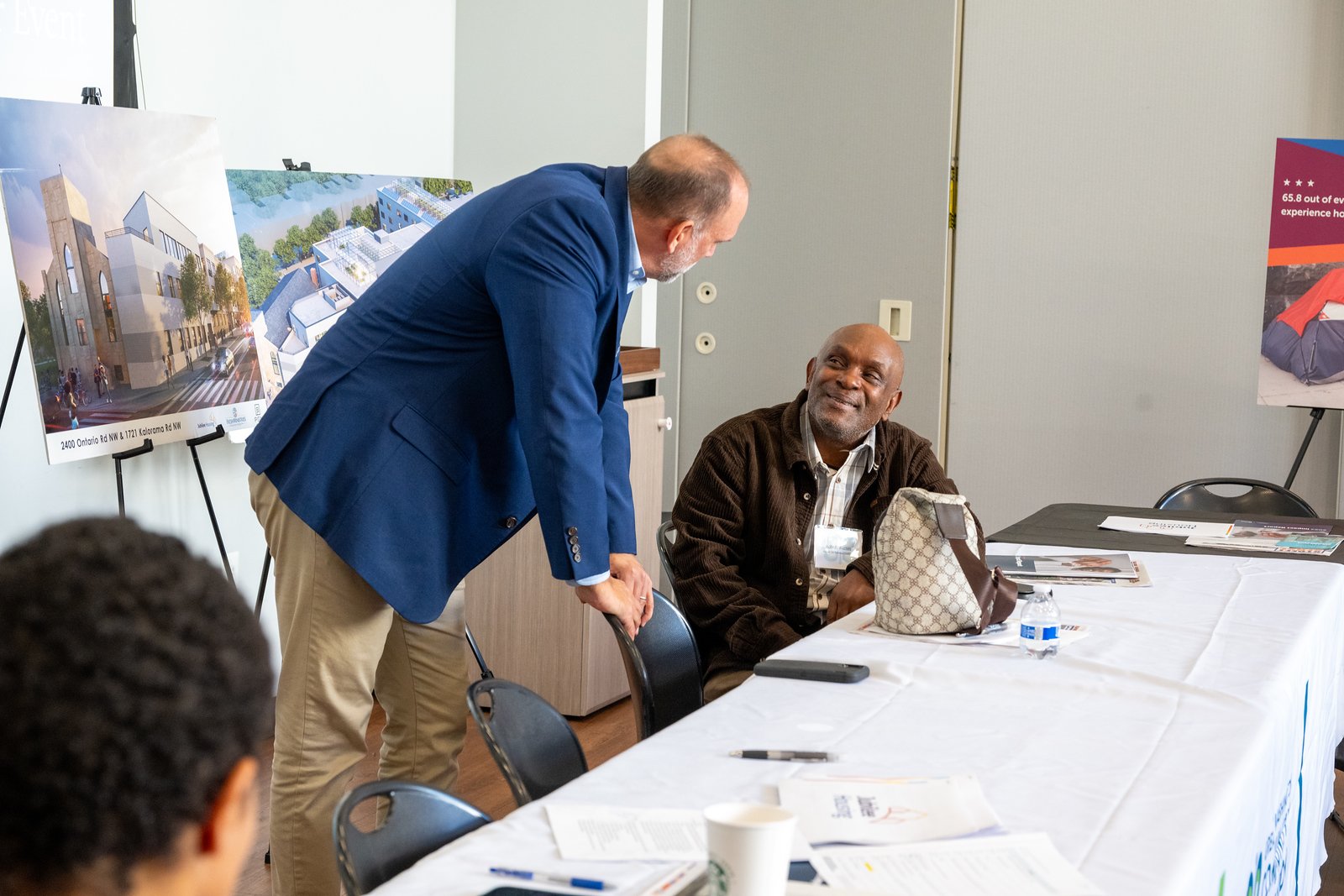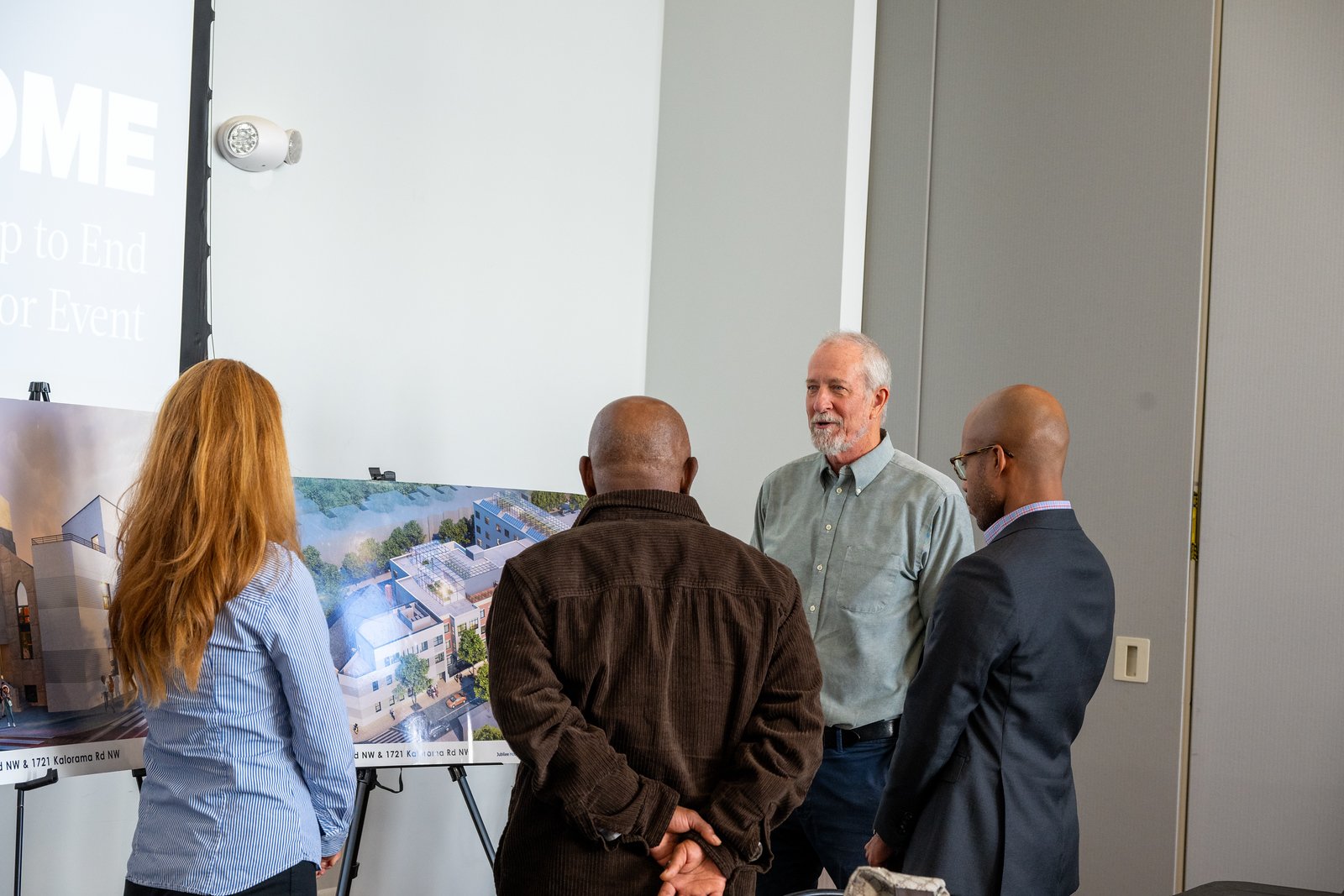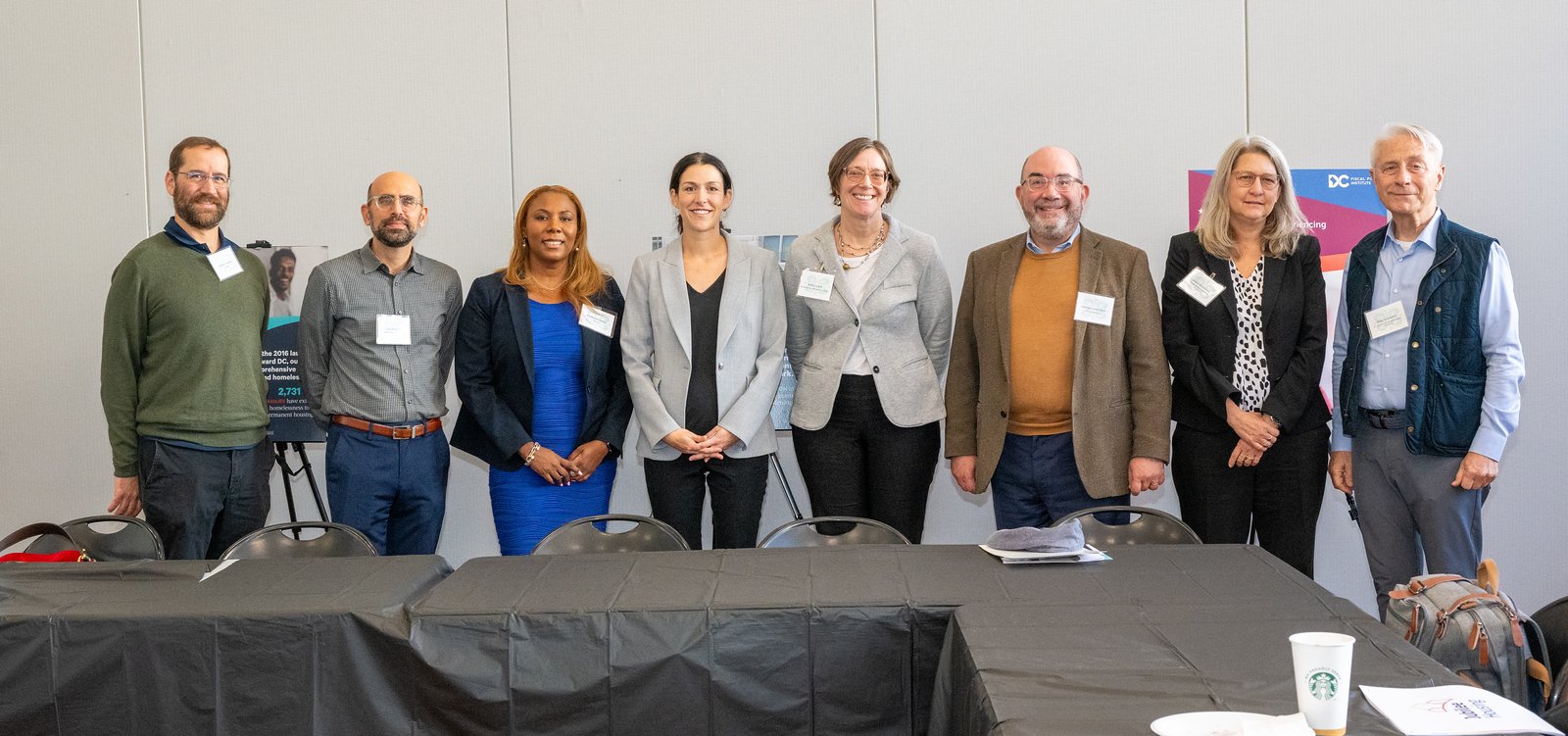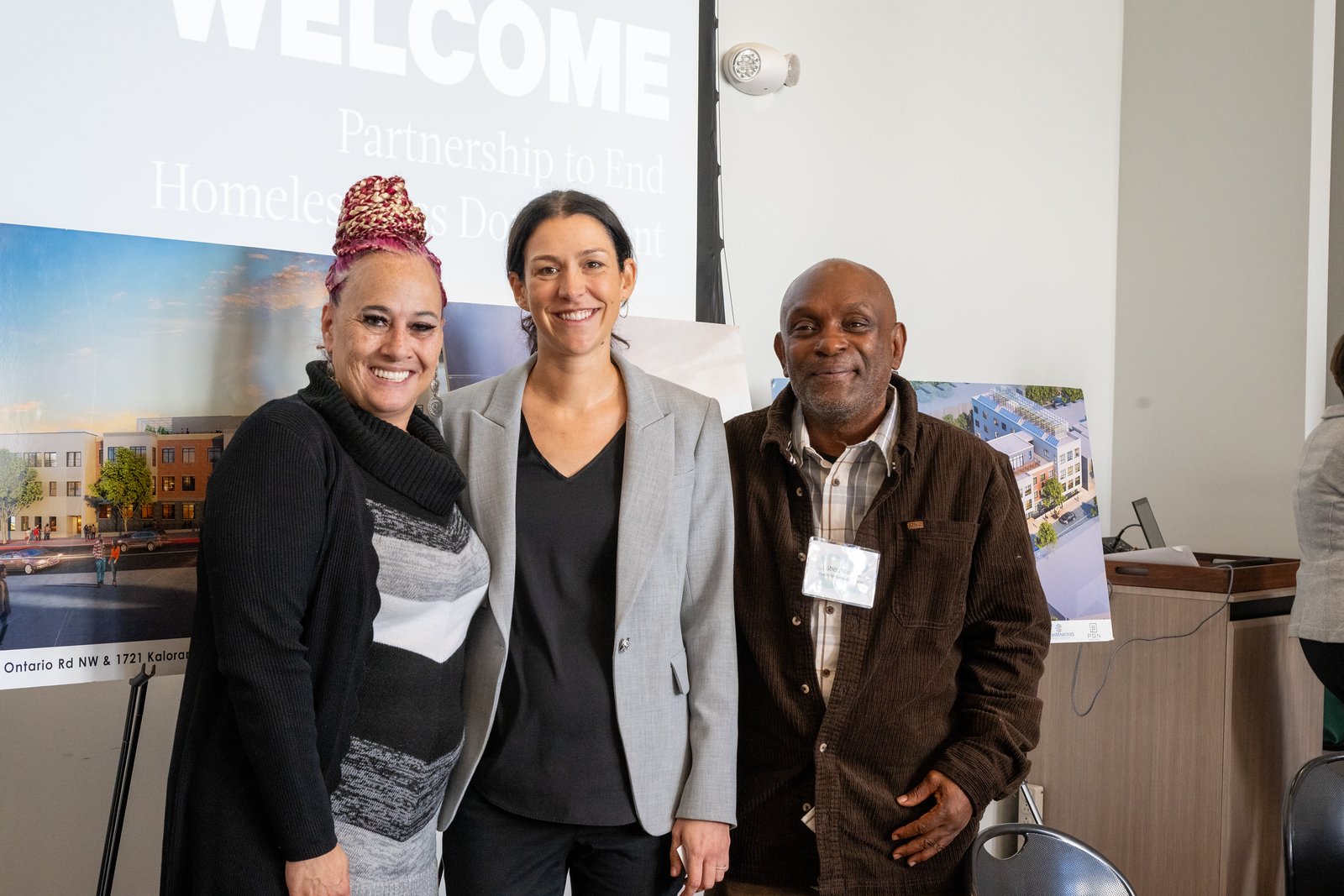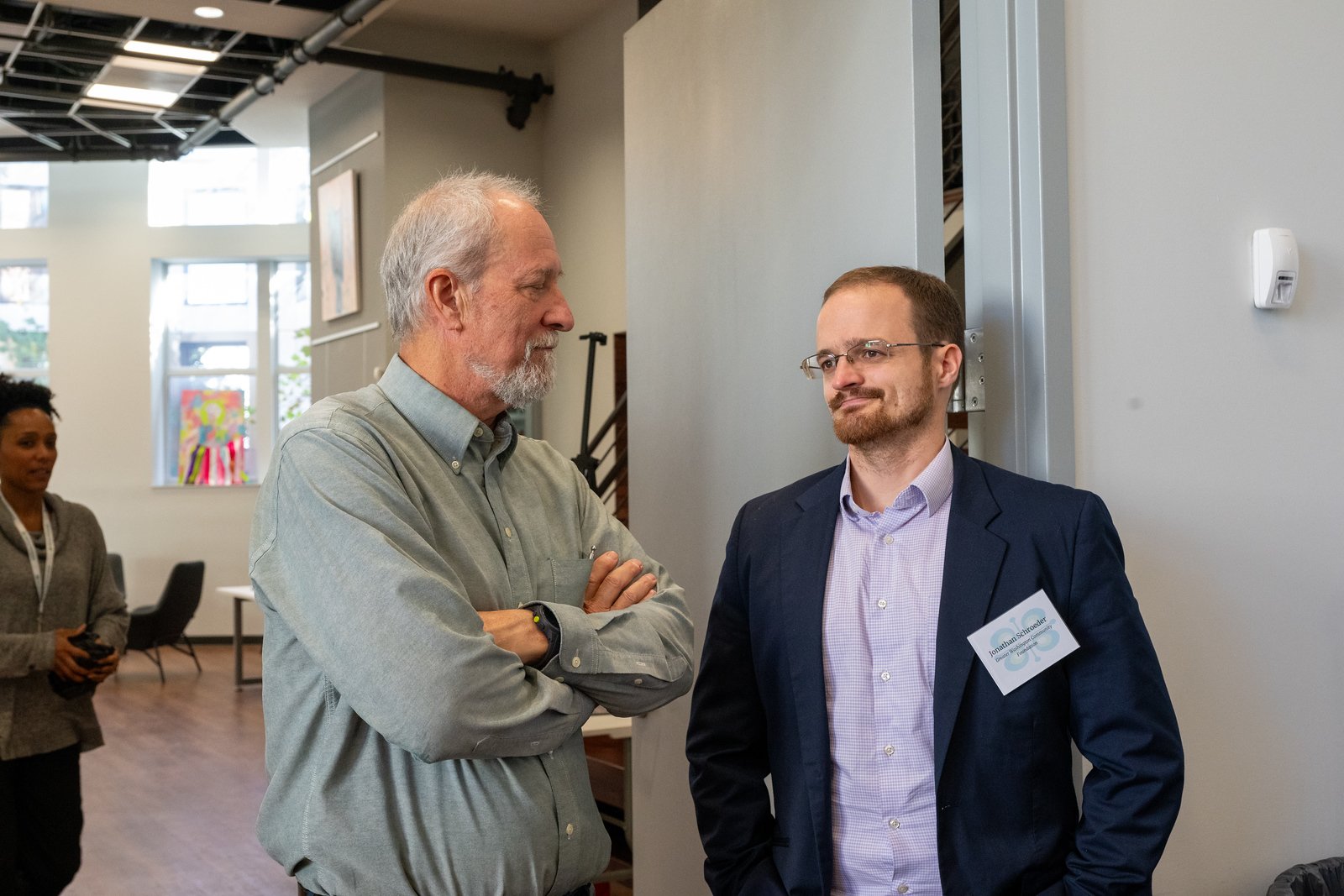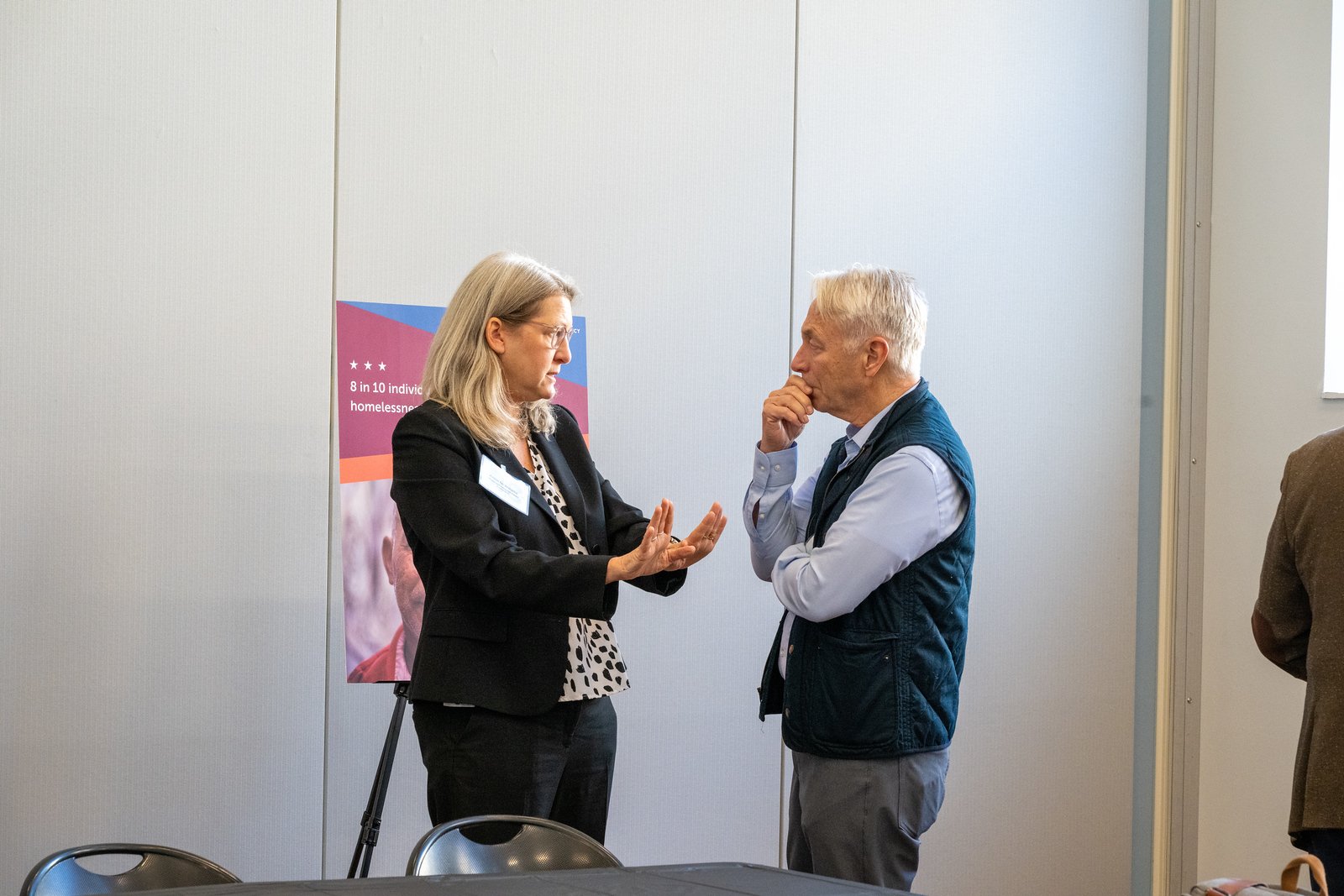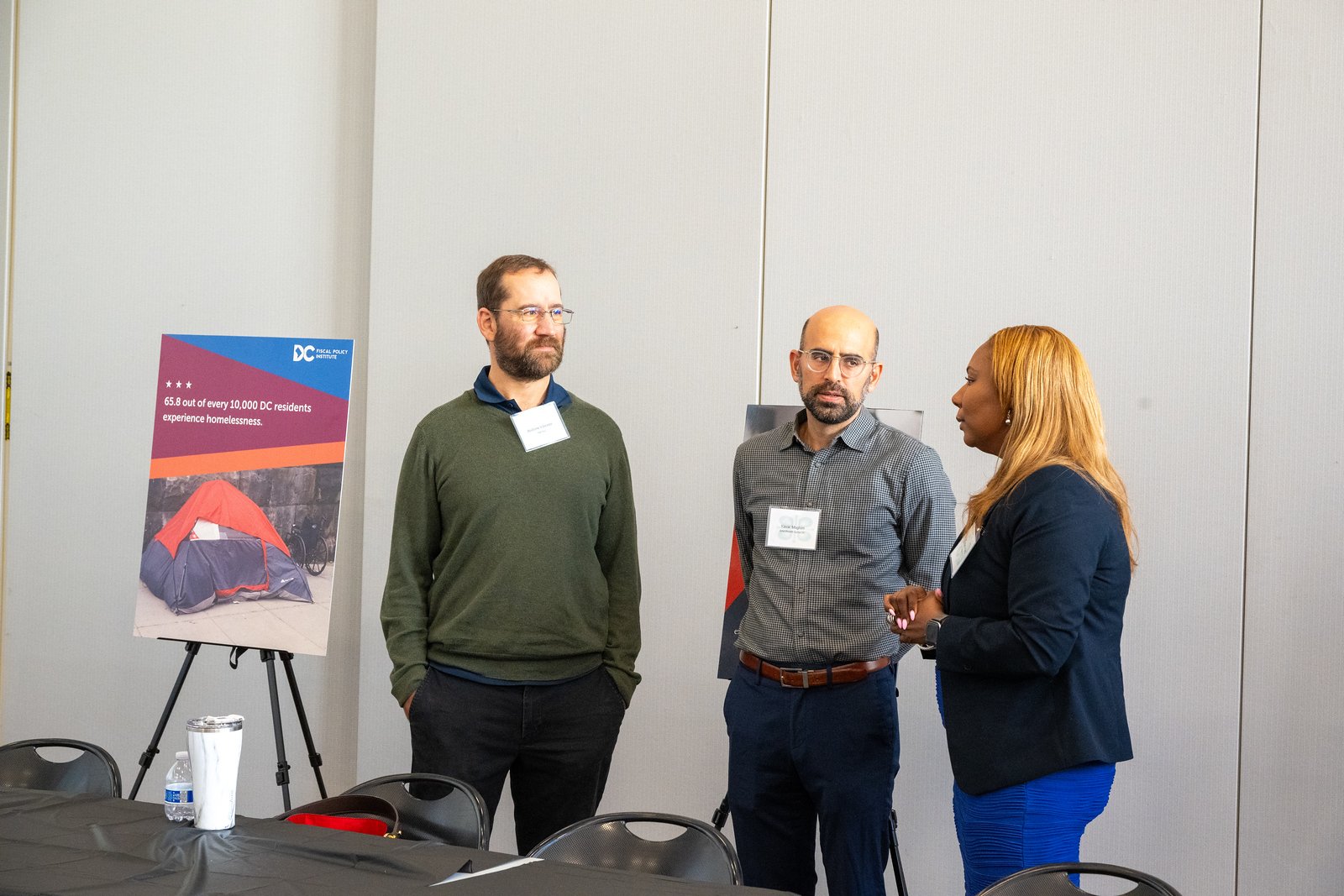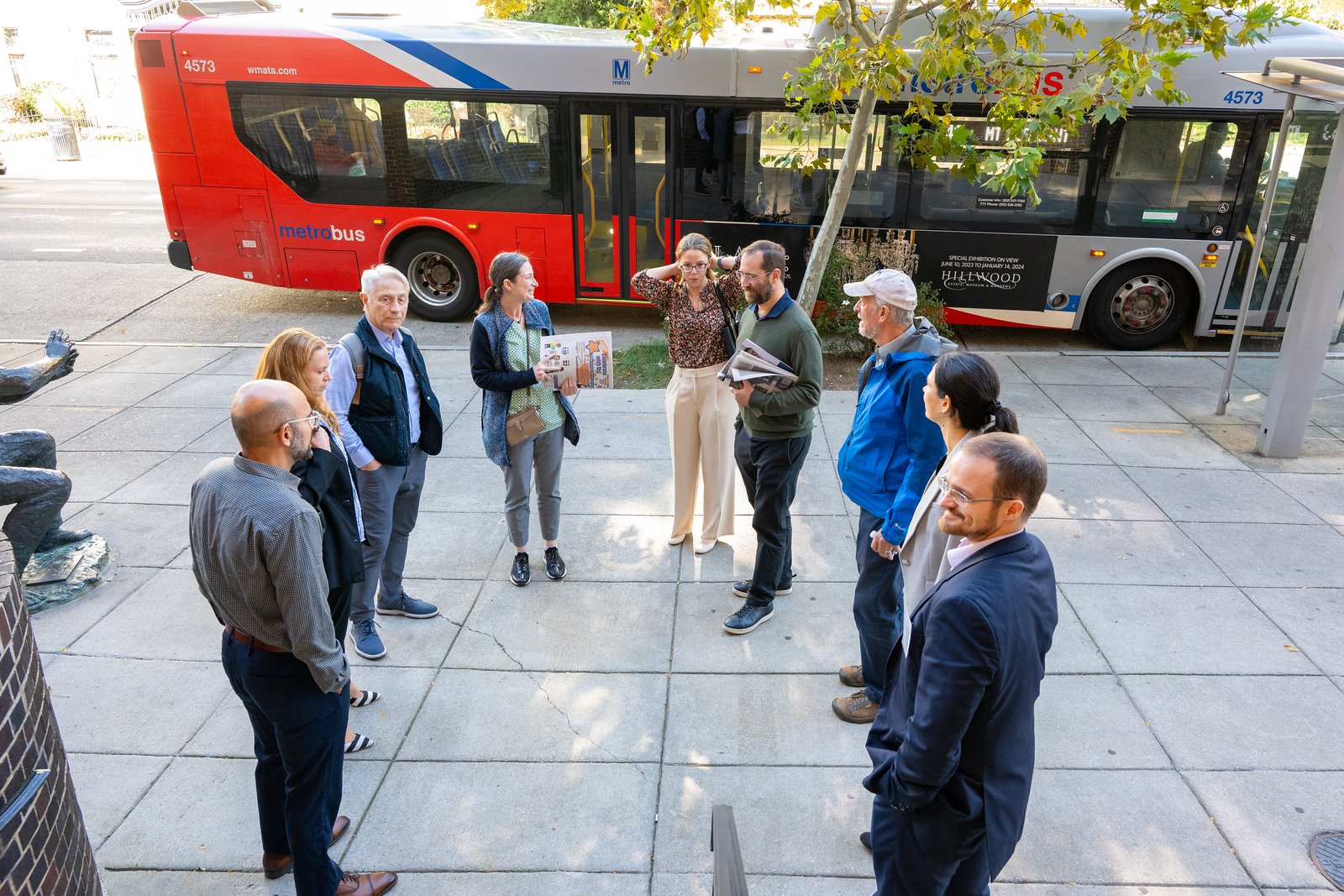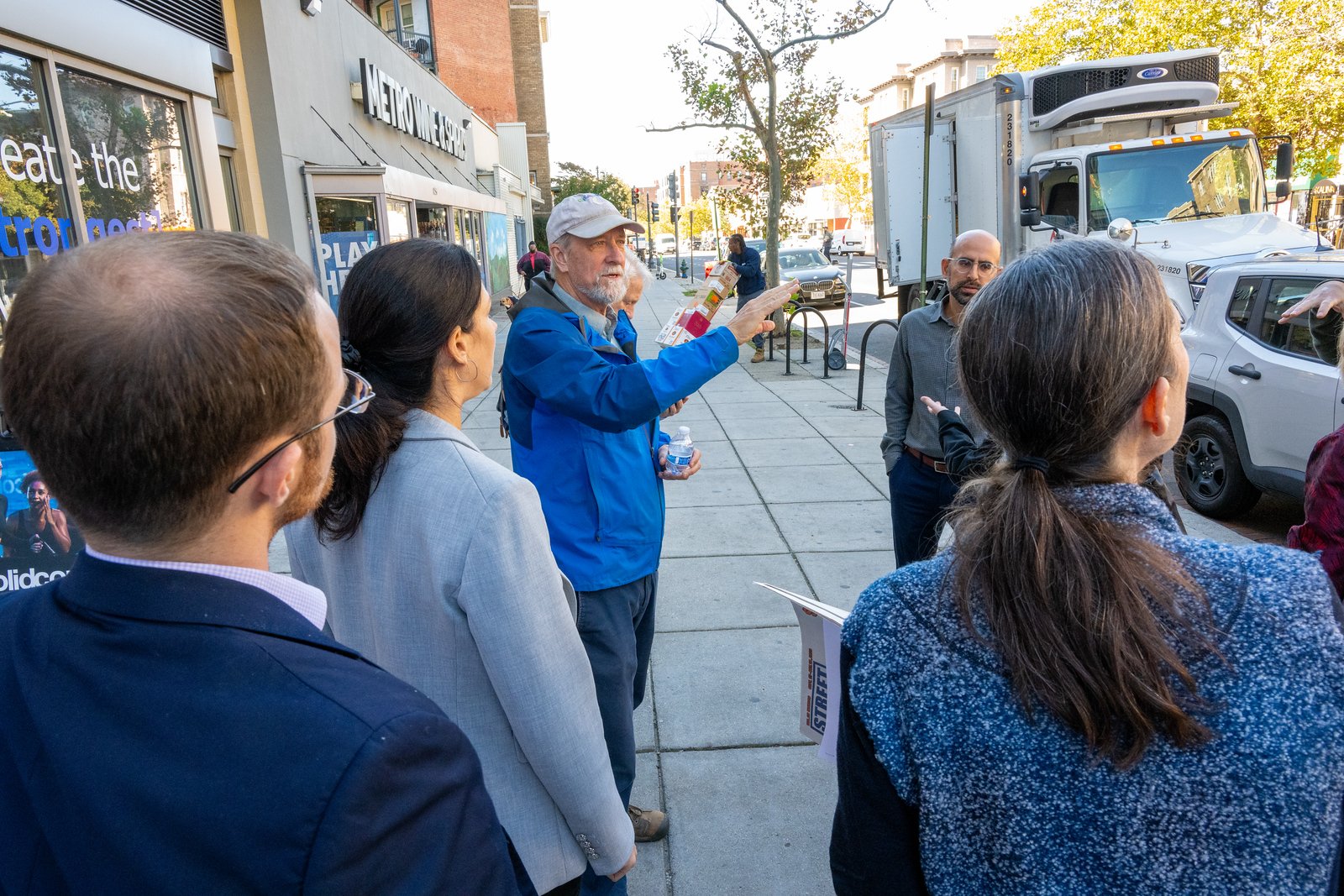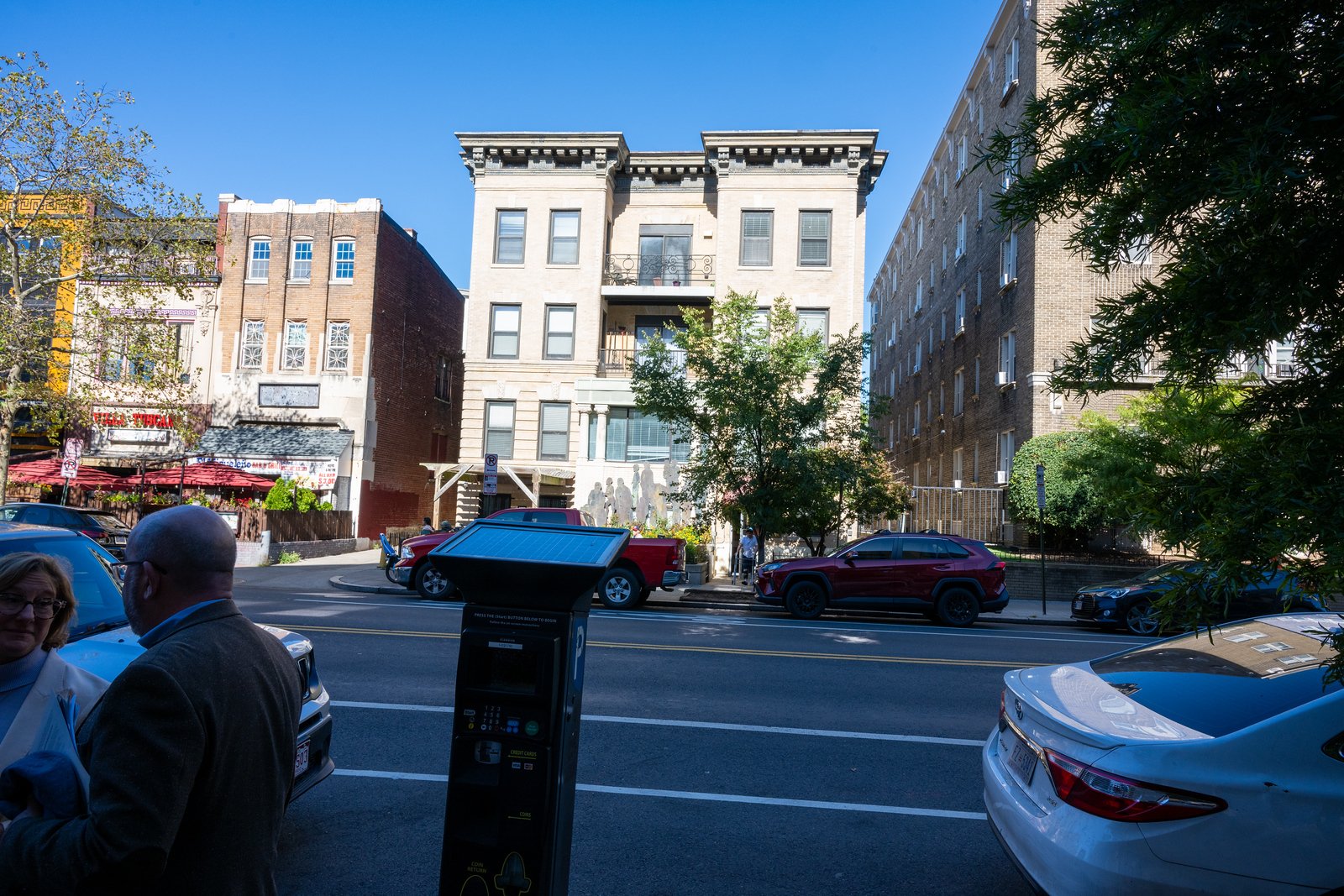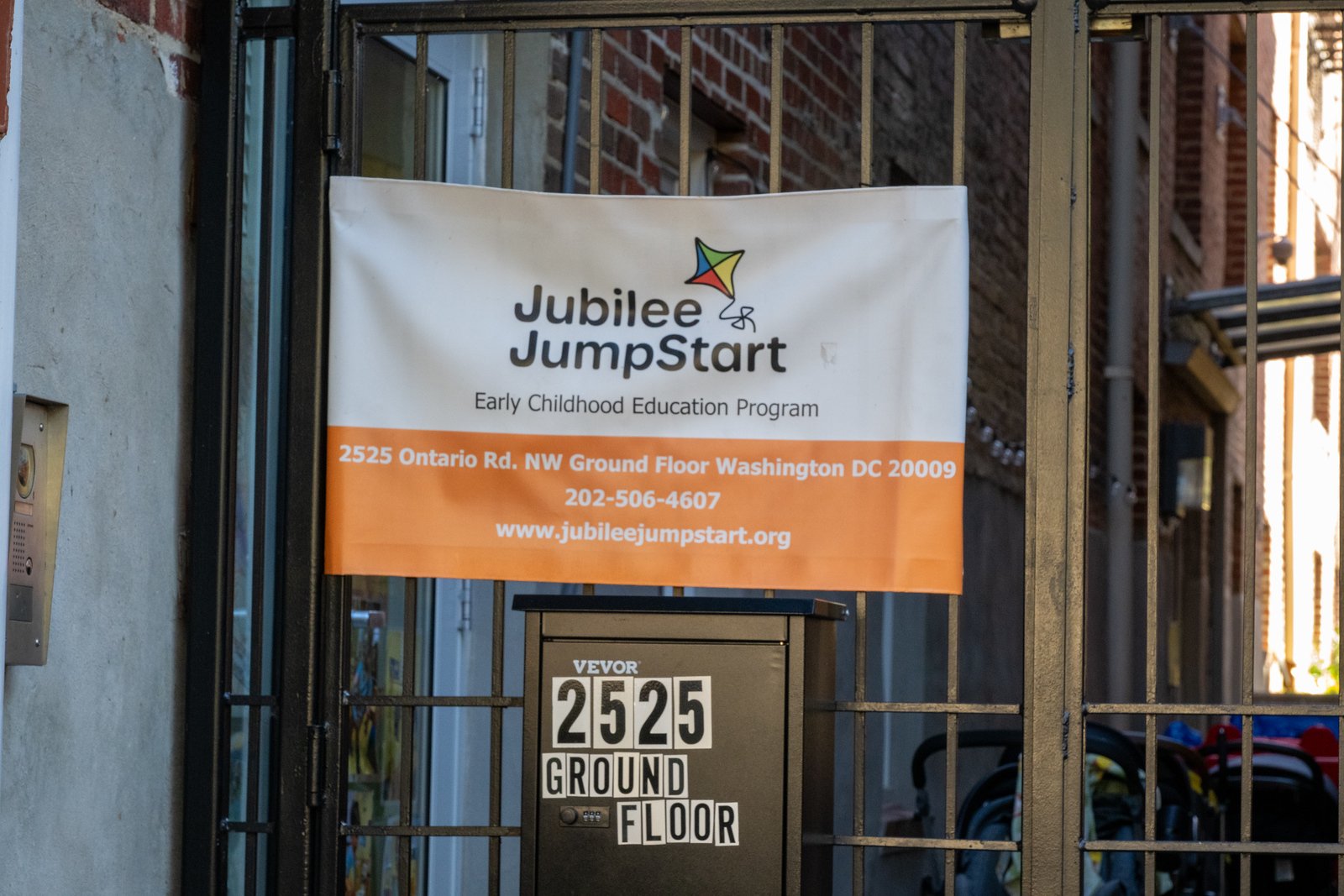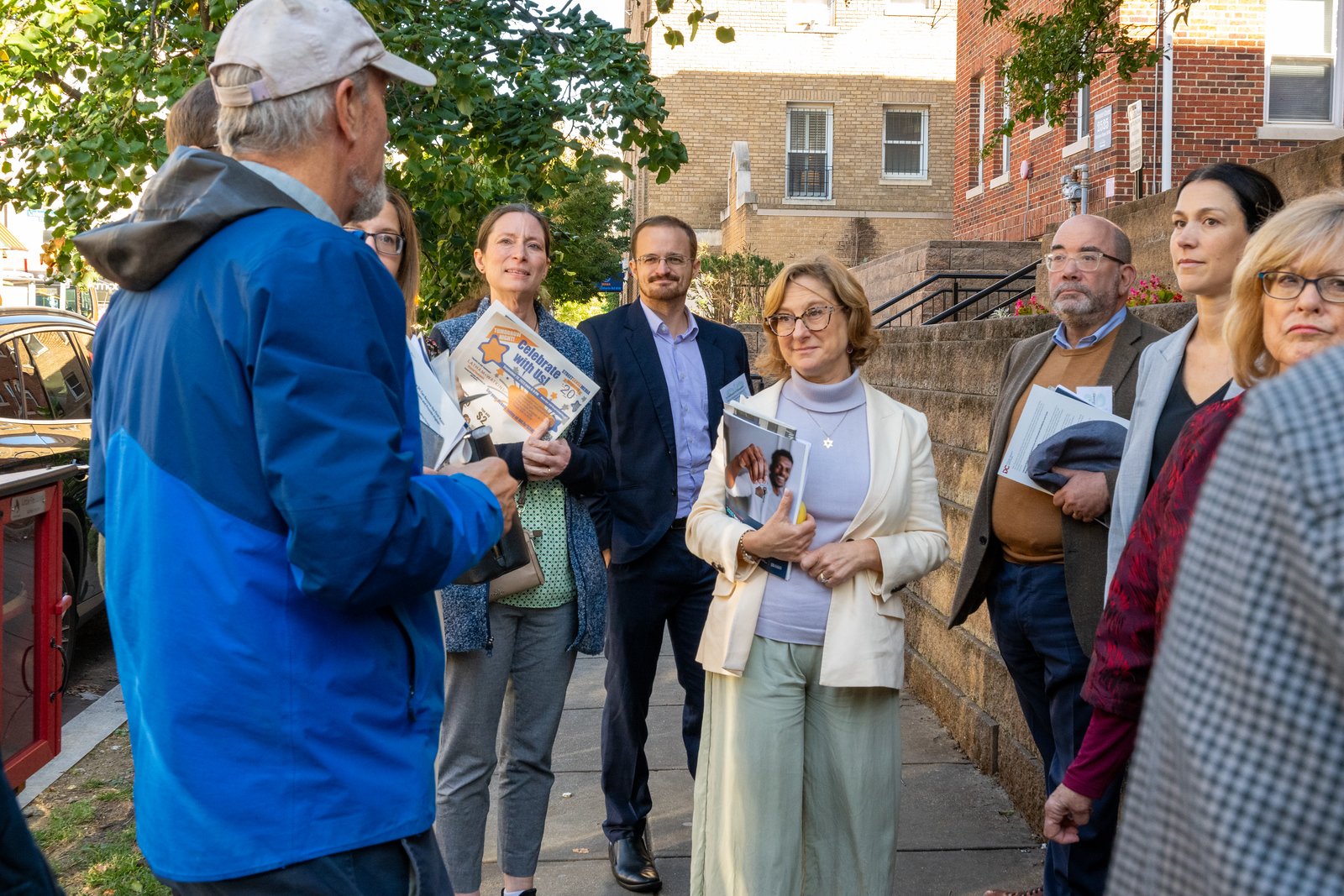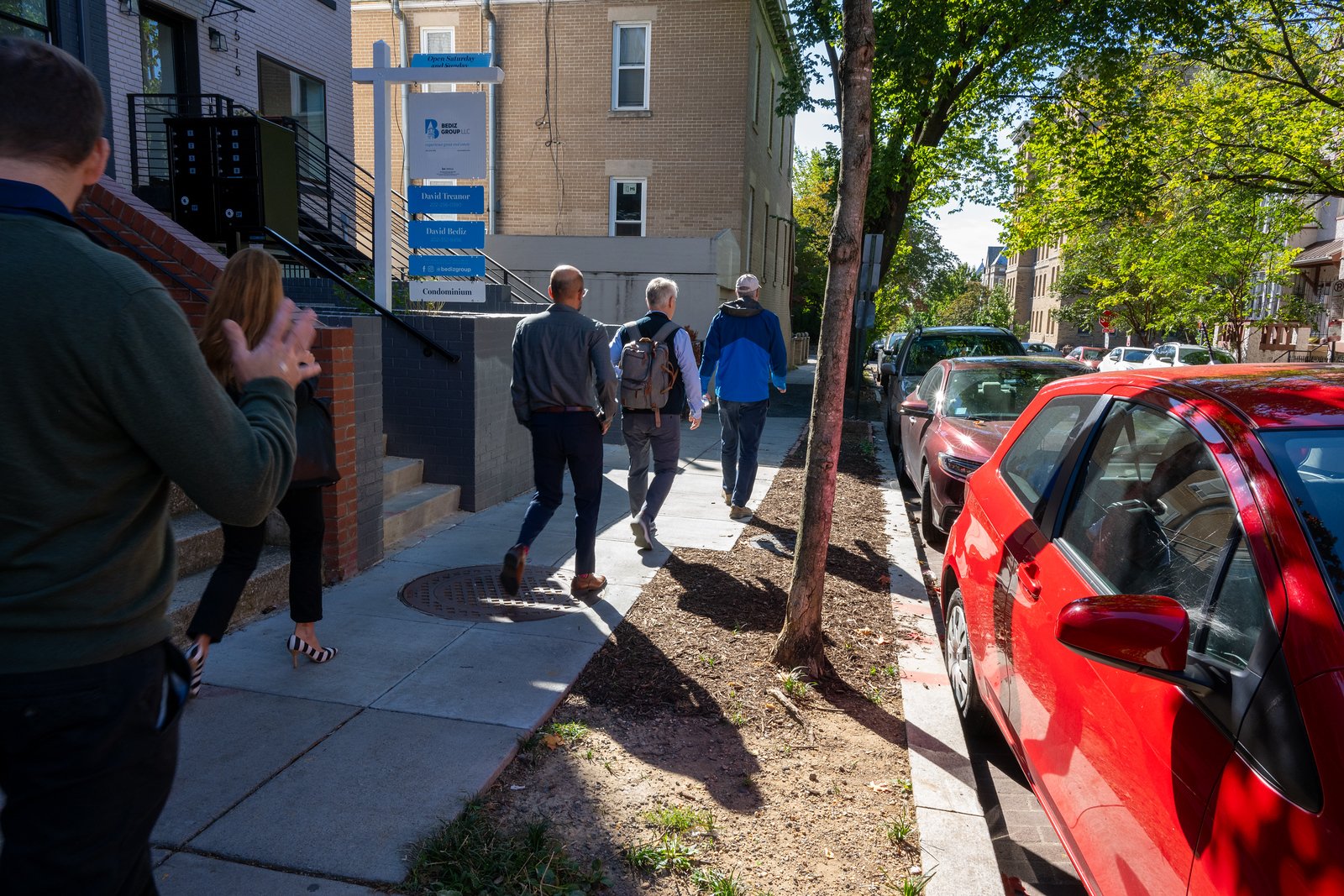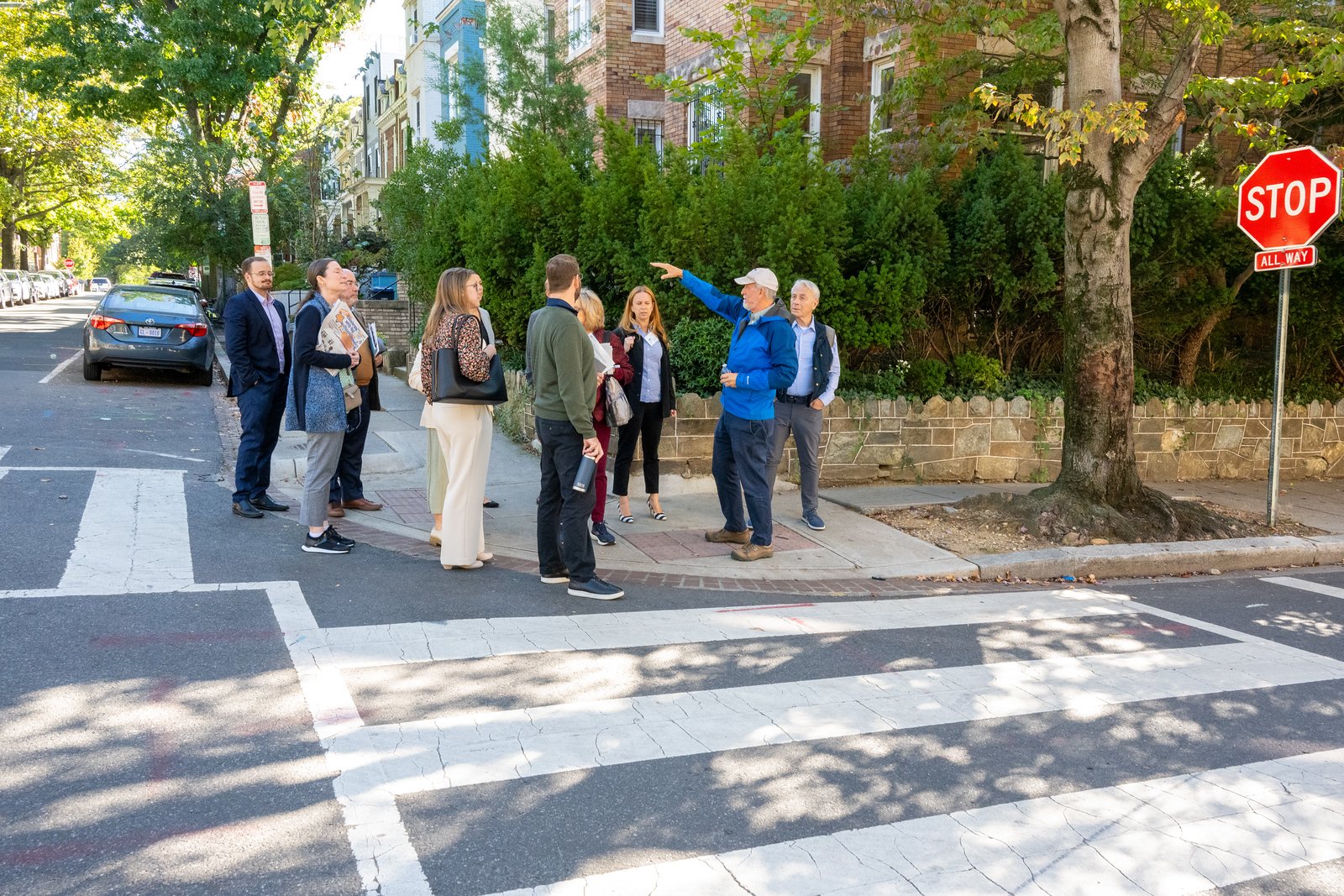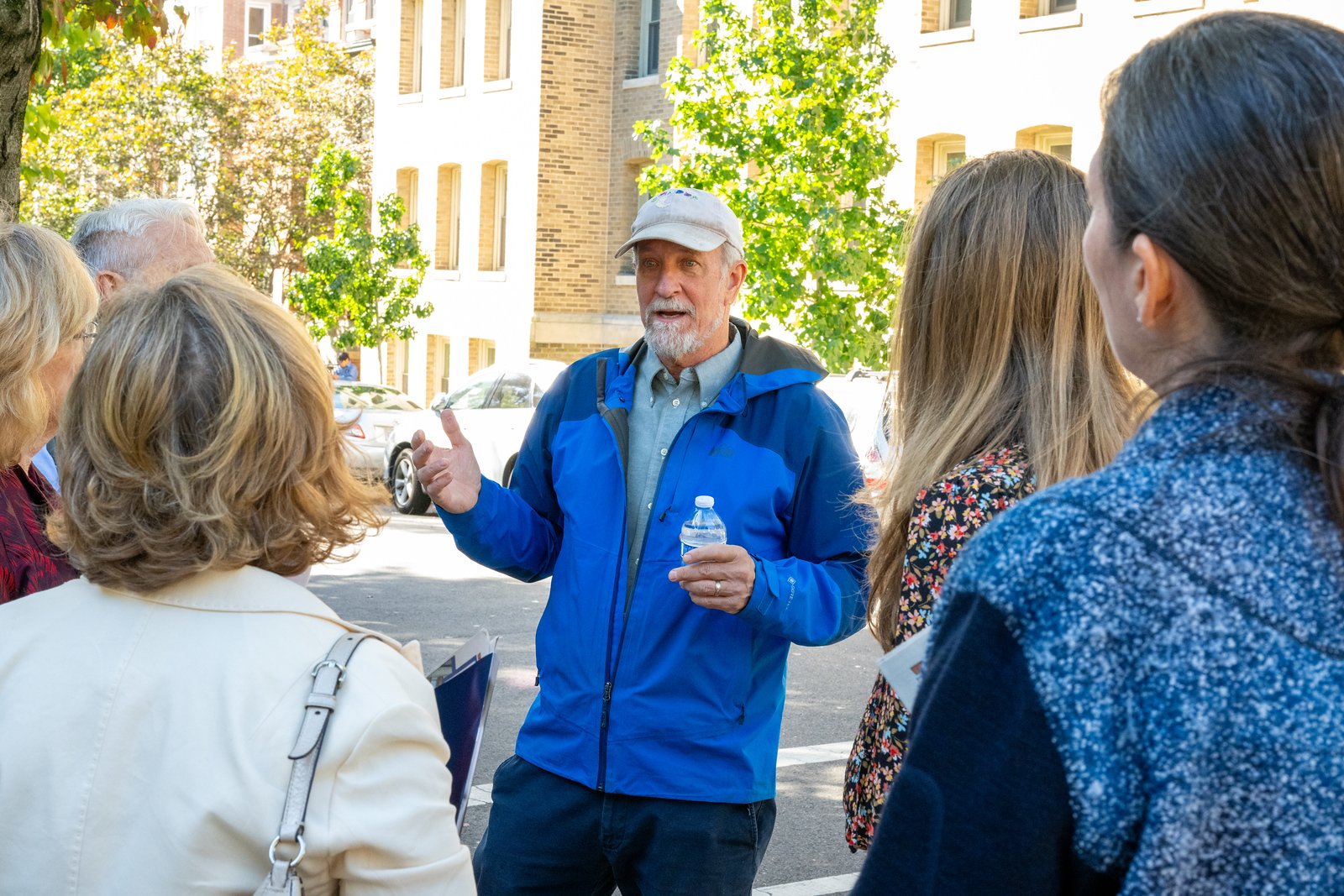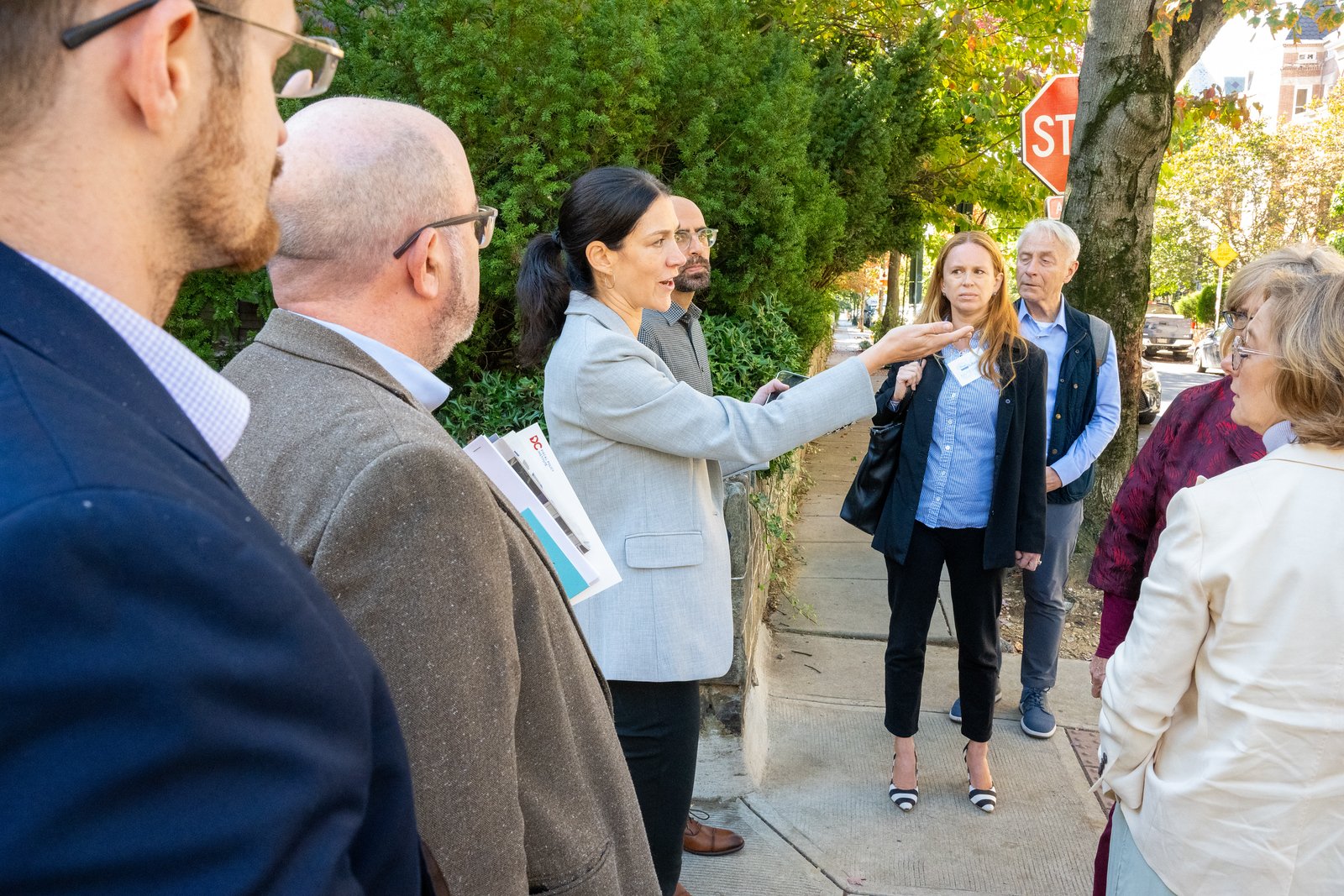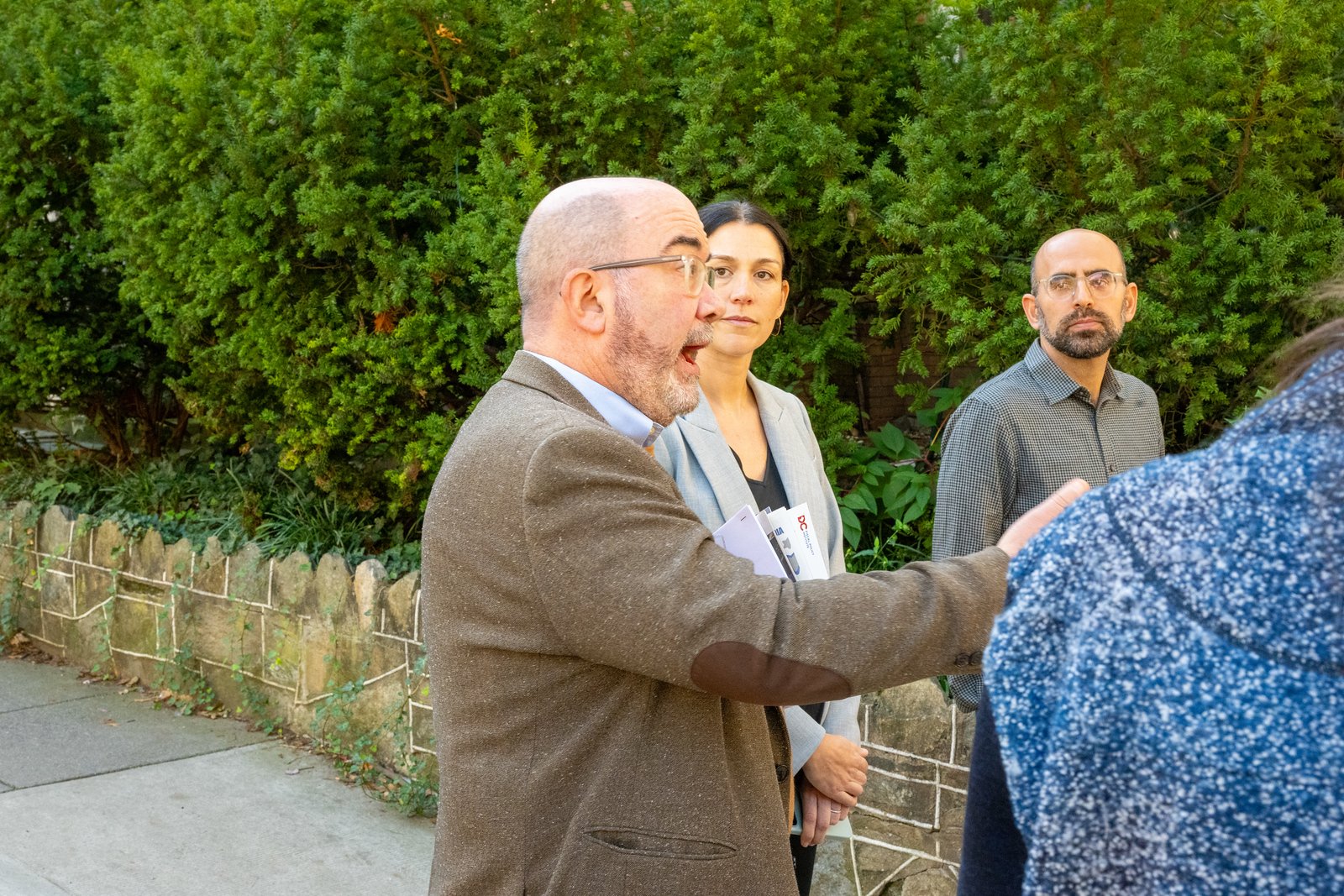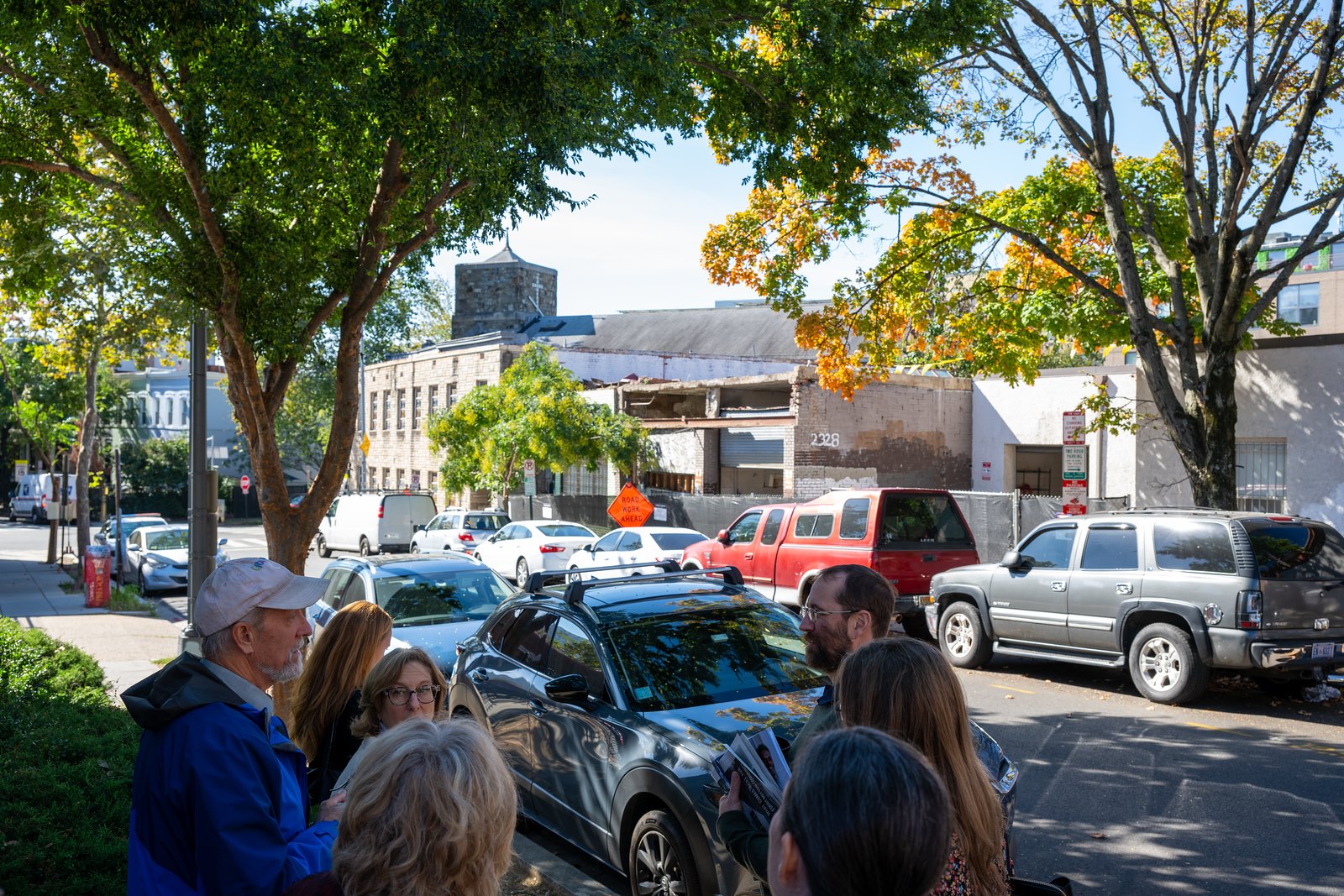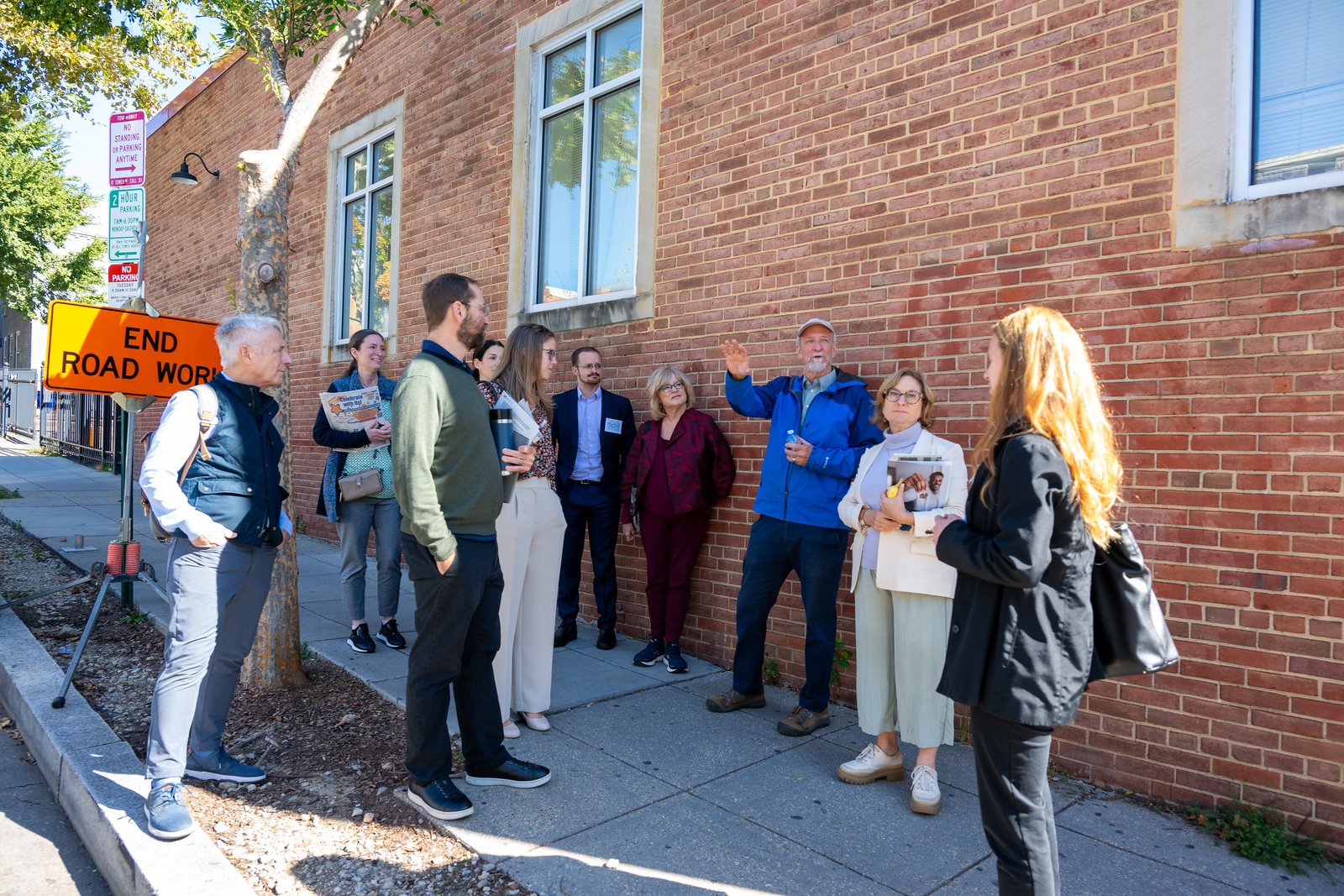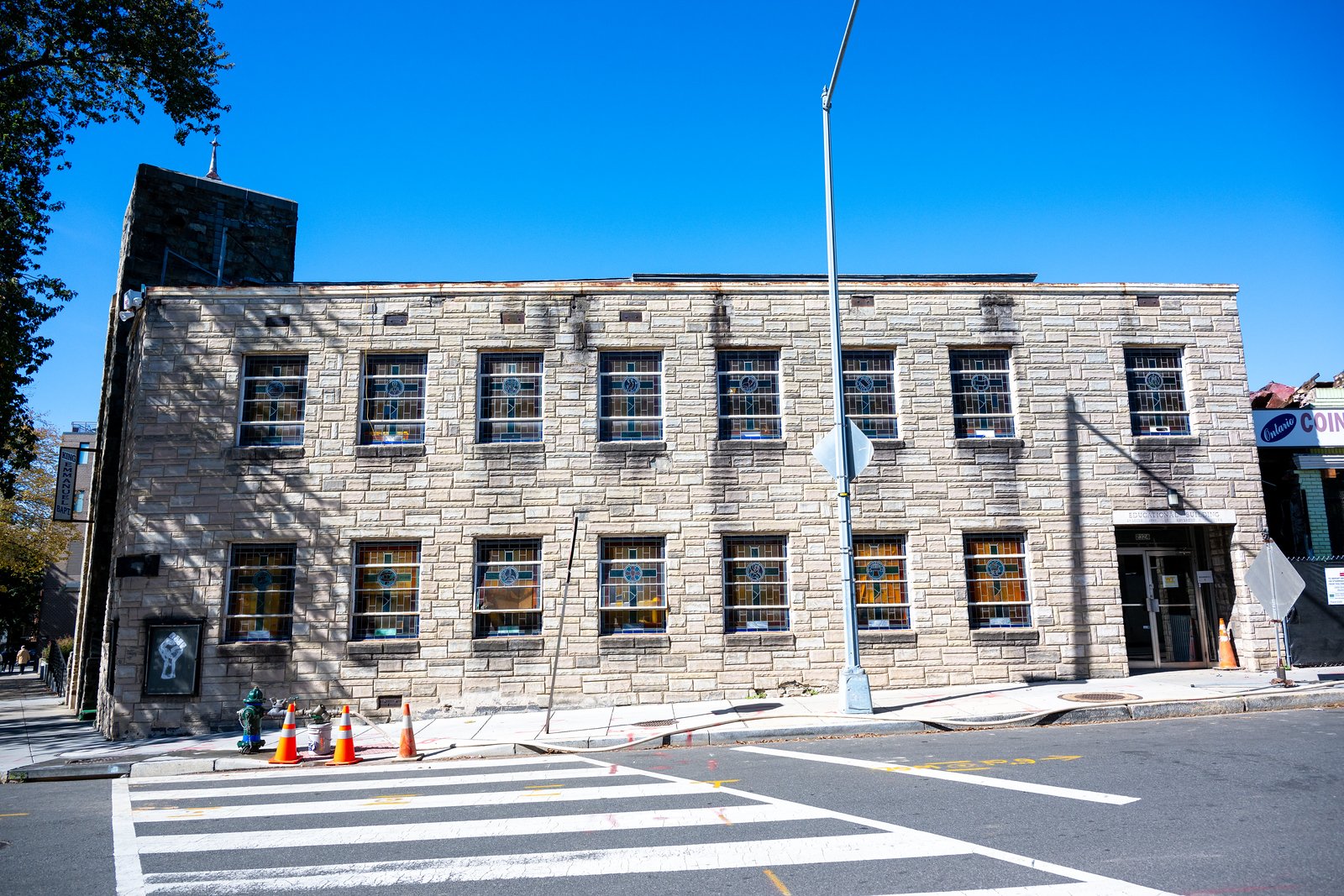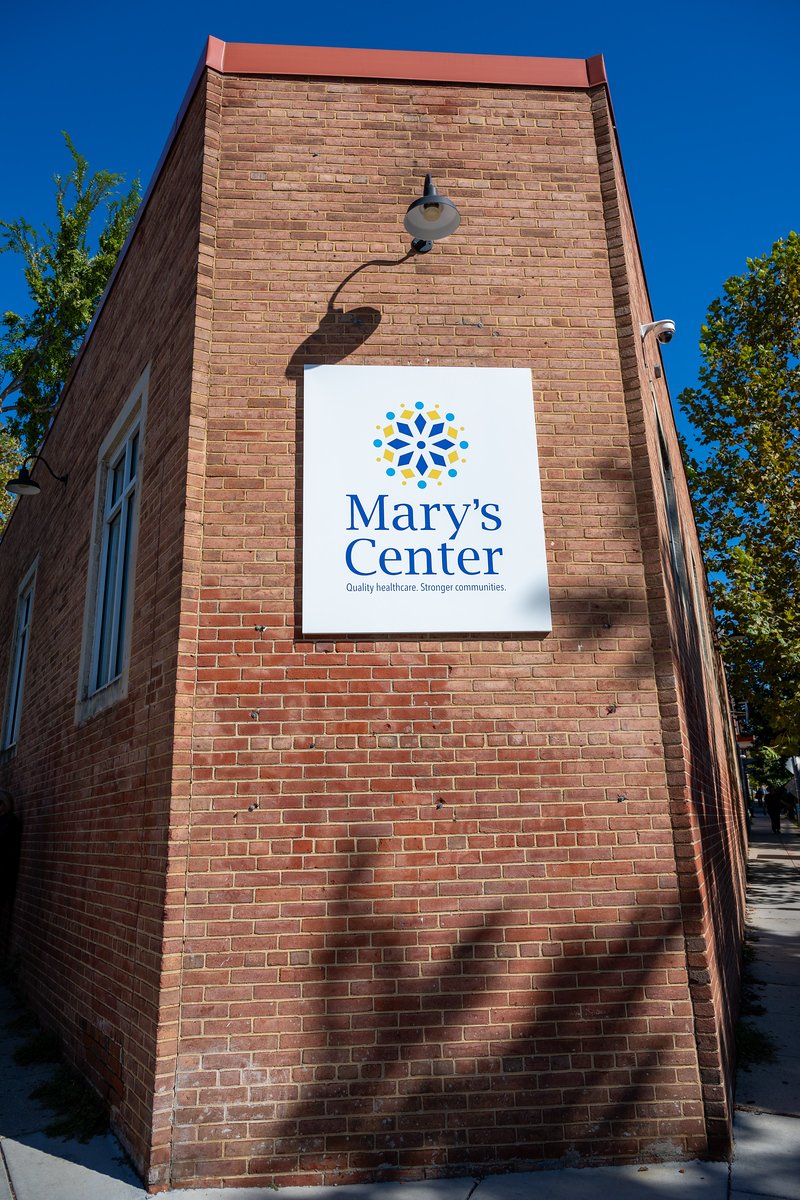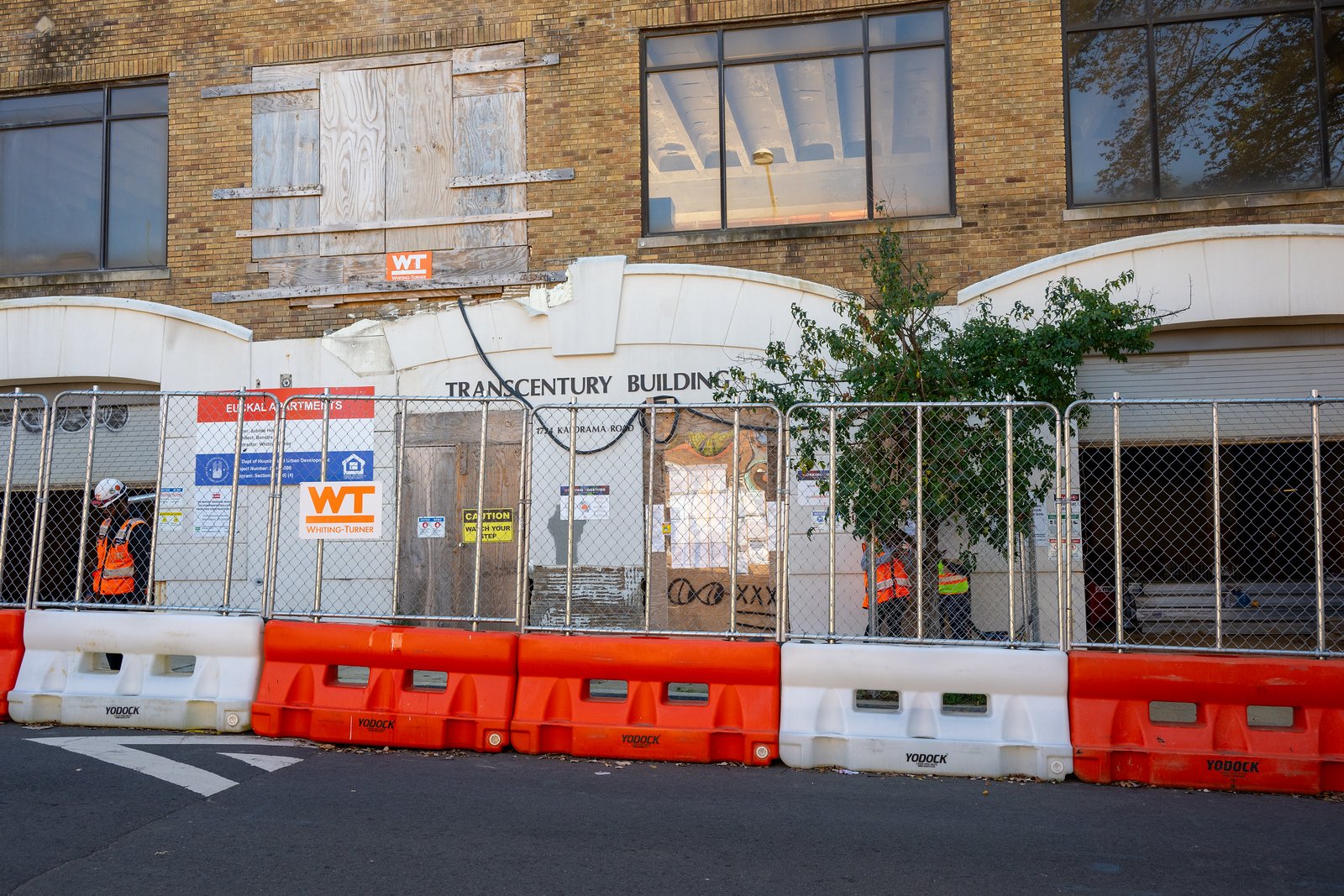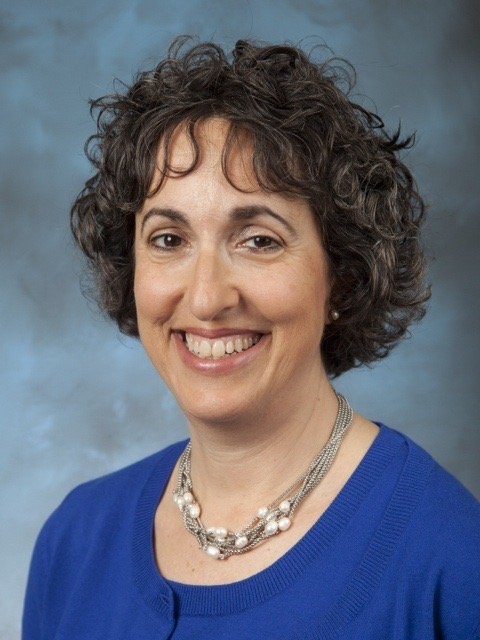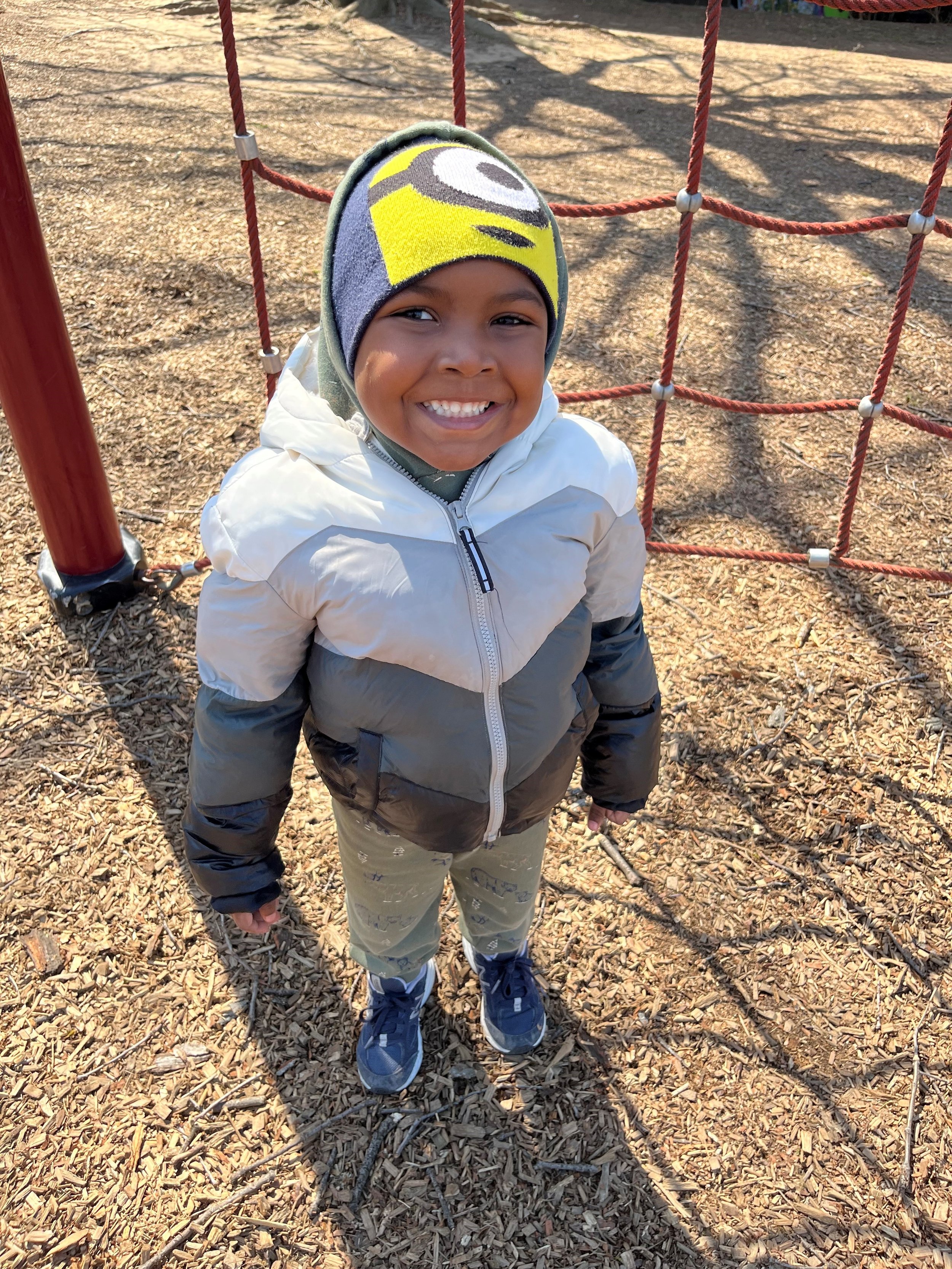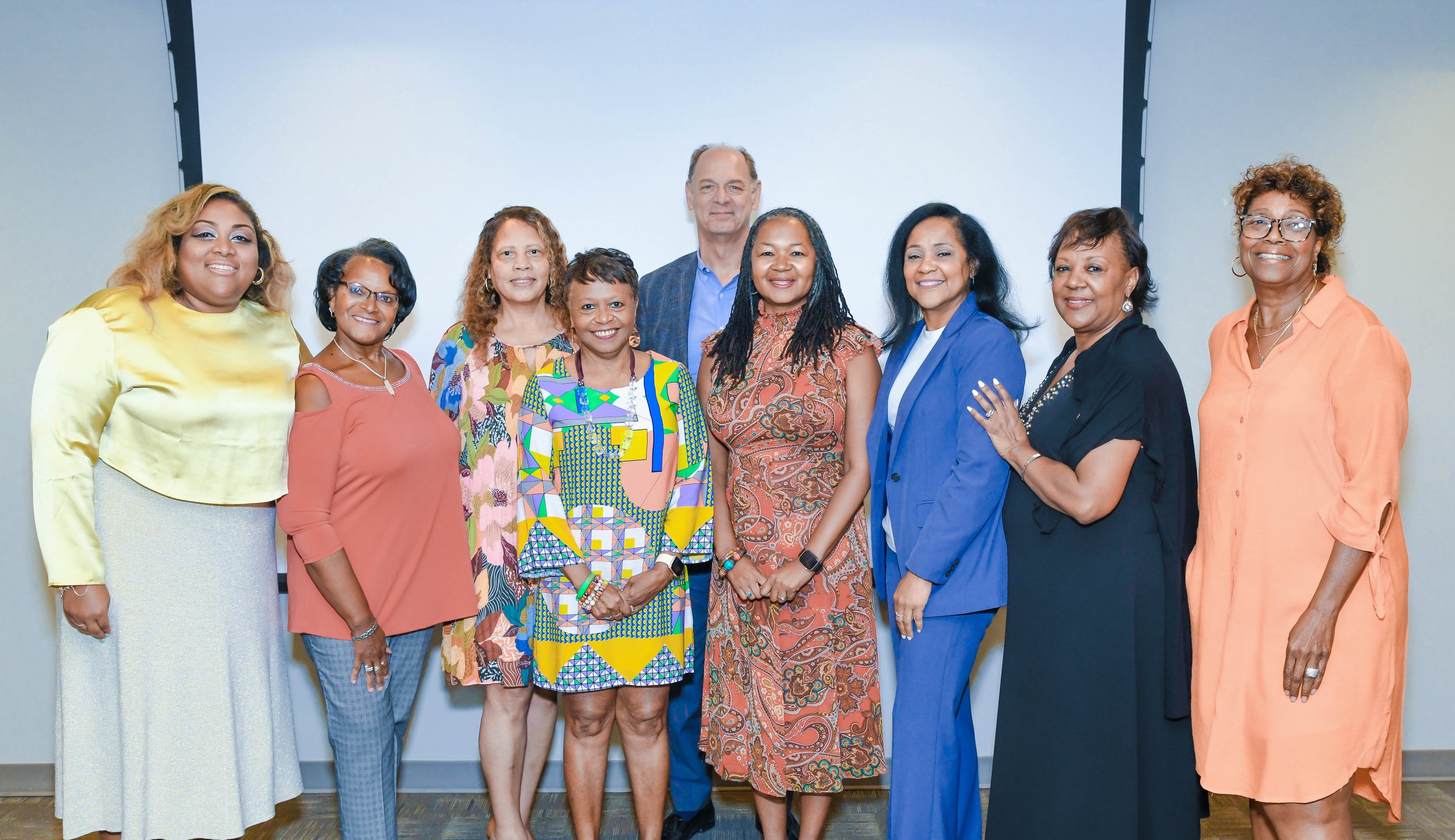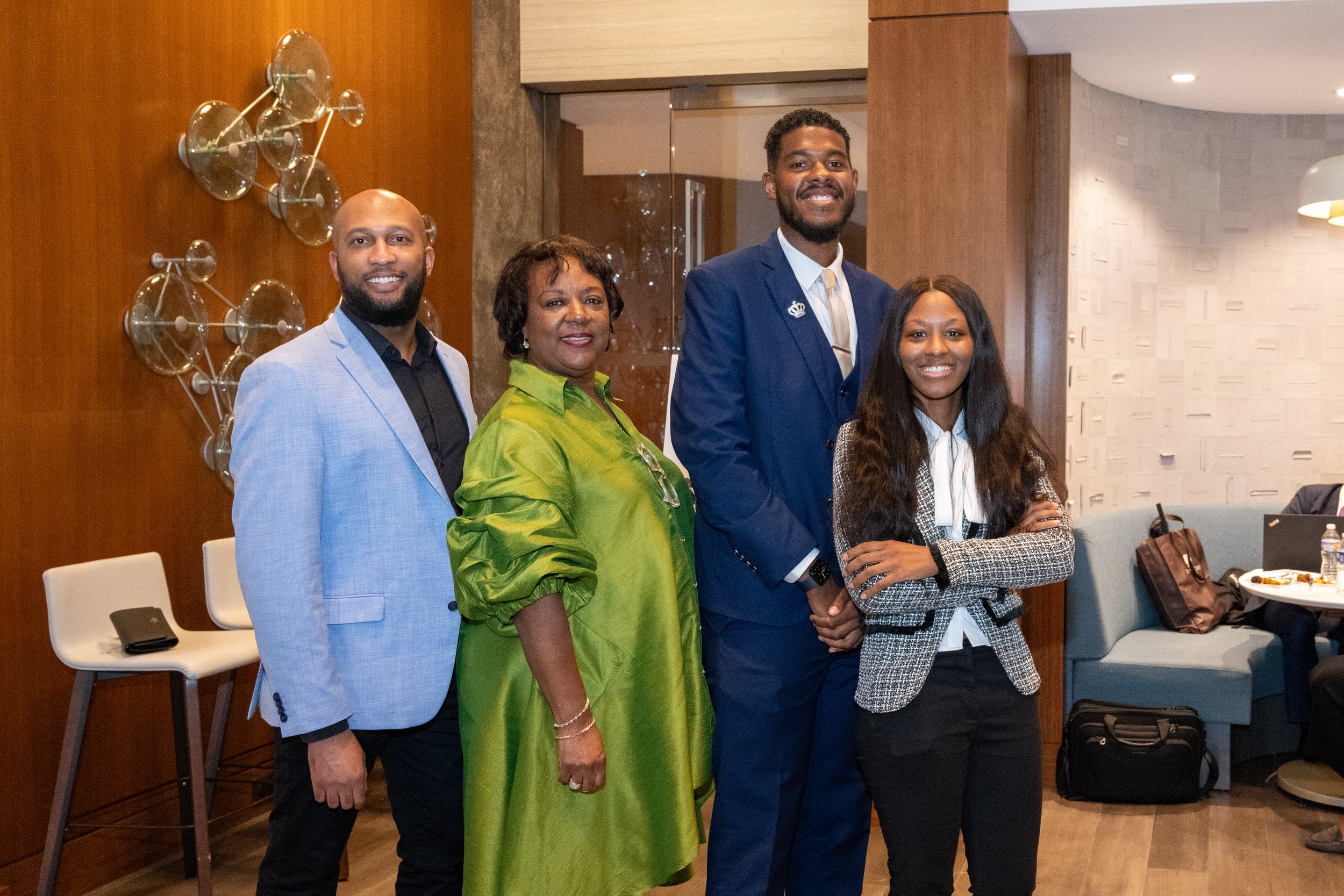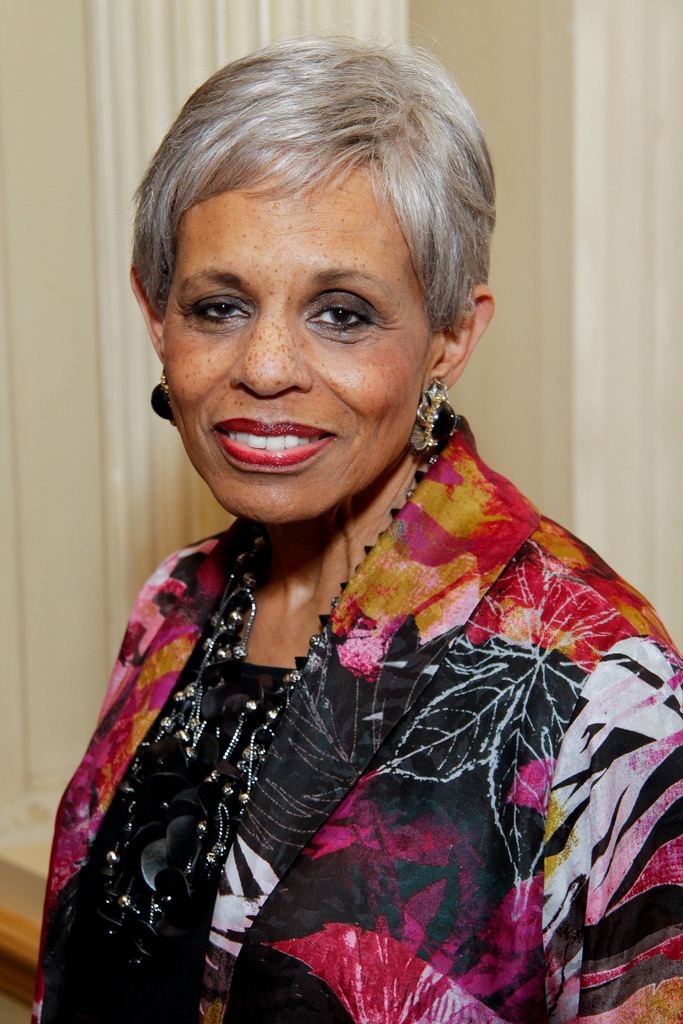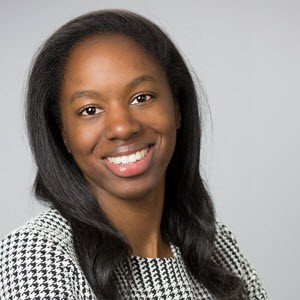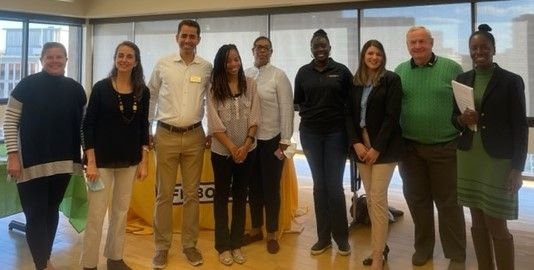In 2022, DC launched a new Medicaid benefit that can pay for permanent supportive housing (PSH) services for people experiencing homelessness – a major shift that allowed the city to leverage an estimated $20+ million in new, annual federal resources through Medicaid.
Since the launch, the Partnership has been working to help nonprofit providers take advantage of the opportunity and make the transition to billing the new Medicaid Benefit for permanent supportive housing (PSH) services for people experiencing homelessness.
Shortly after the change was announced, the Partnership provided an initial grant to provide technical assistance for twenty-six PSH providers through The Corporation for Supportive Housing (CSH), a national leader in supportive housing. Providers were enrolled in CSH’s Supportive Housing Medicaid Academy, a six-week training series where they learned how to enroll clients, how to supervise, budget, and bill under the Medicaid model and how to comply with Medicaid regulations – filling a critical knowledge gap for many providers.
However, as the Medicaid Academy came to a close, it became clear that some providers needed more human resources, accounting, evaluation, and compliance capacity to meet Medicaid requirements.
The Partnership responded quickly to meet the needs of these providers. The Partnership provided $200,000 in additional Readiness Grants, administered by CSH, to seventeen of the PSH providers. Each readiness grant included a technology stipend of $5,000 for PSH providers who were implementing electronic medical record software to comply with Medicaid requirements. It also included support for increased overhead costs associated with the Medicaid transition, such as staff training, additional back office administrative support, and hiring and retention incentives.
The investments are already paying off. Since the launch of the new Medicaid Benefit in DC, providers have been reimbursed a total of $22 million for delivering housing supportive services to over 4,500 Medicaid beneficiaries.
“Partnership funding helped us get our infrastructure and initial staffing in place so we could hit the ground running and start serving people experiencing homelessness as soon as the city assigned them to our caseload,” Chapman Todd, Principal at Jaydot shared. Jaydot is one of DC’s newest PSH providers, and a Readiness Grant recipient.
“Thanks to their support, we are now serving 70 households.”
“By reducing some of this financial burden, the Partnership has allowed us to focus on supporting and stabilizing our most vulnerable clients in housing,” added Brendan Haley, Director of Single Adult Programs at Everyone Home DC. “They helped to supplement the difference between our income and expenses while we transitioned our clients into housing – which helped us to grow and take on more clients.”
New PSH providers weren’t the only ones who benefited from the additional support. Long-time PSH providers also shared how the Partnership funding proved transformational to the way they operate.
“This grant has been critical to our ability to ramp up,” shared Corey Mendez, Deputy Chief Operating Officer at Housing Up. “In addition to incurring hard costs for things like new billing software, we’ve incurred new costs given the need for increased staff time to manage the complex Medicaid billing process. Funding from the Partnership was essential to helping us make the transition to Medicaid.”
Cornelia Kent, Friendship Place’s Vice President of Administration and CFO, agreed. “The Partnership grant helped offset costs for our new Credible billing software system – a tool that allows us to bill both Medicaid and DC’s Department of Human Services accurately and efficiently, for around 400 participants each month.”
The Partnership is continuing to engage PSH providers and monitor the progress of the Medicaid implementation to identify additional systems investment opportunities. Ultimately, the Partnership hopes that these investments will not only continue to leverage millions of dollars in new federal resources but, most importantly, position providers to provide high-quality services and support to people experiencing homelessness in DC.
To learn more about earlier stages of this project, check out our previous blog posts Investing In the Future of Homeless Services: How Medicaid Is Driving Systemic Change In DC’s Fight to End Homelessness and Investing in Nonprofit Capacity to Leverage Federal Funds to End Homelessness.

